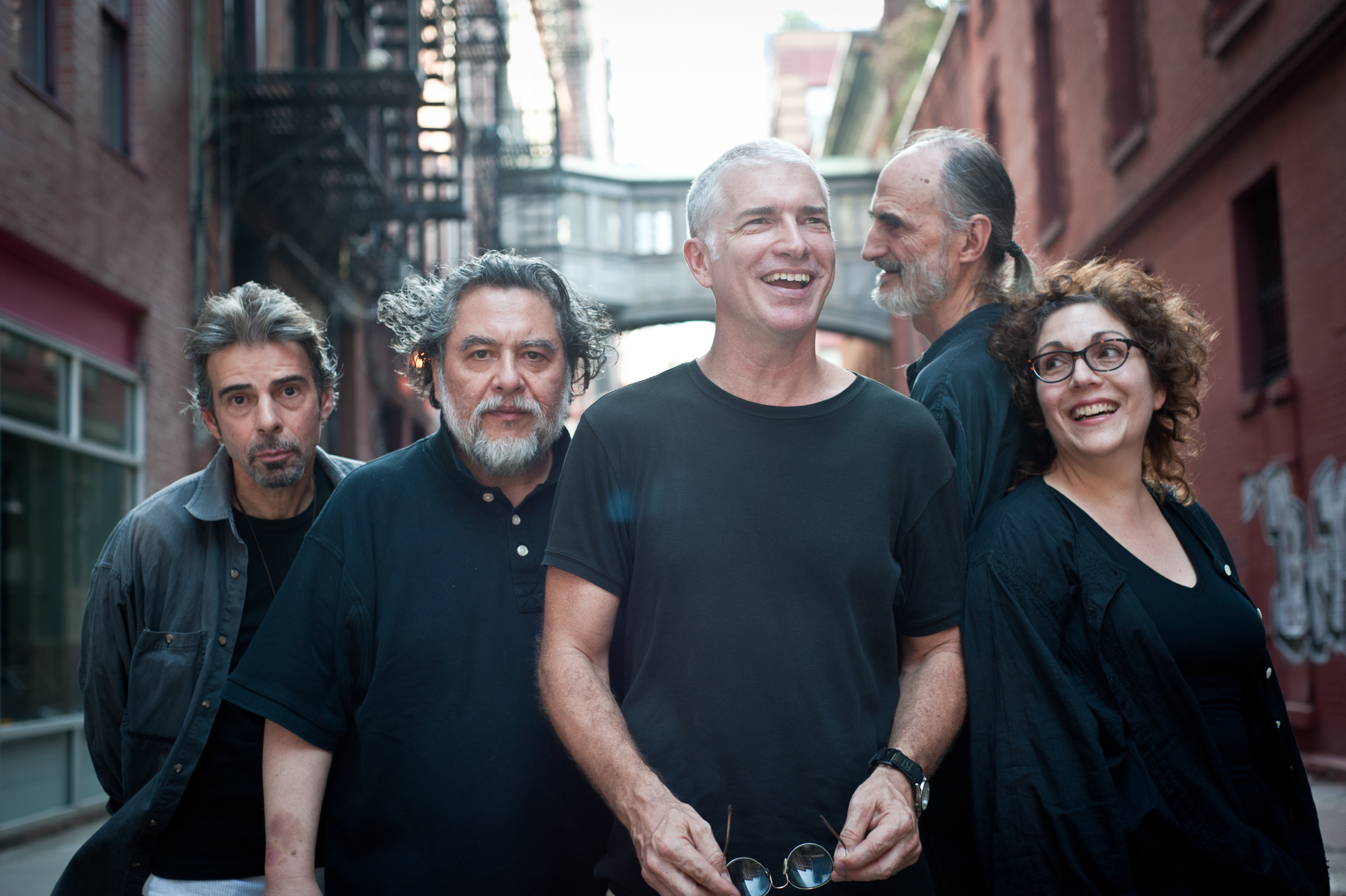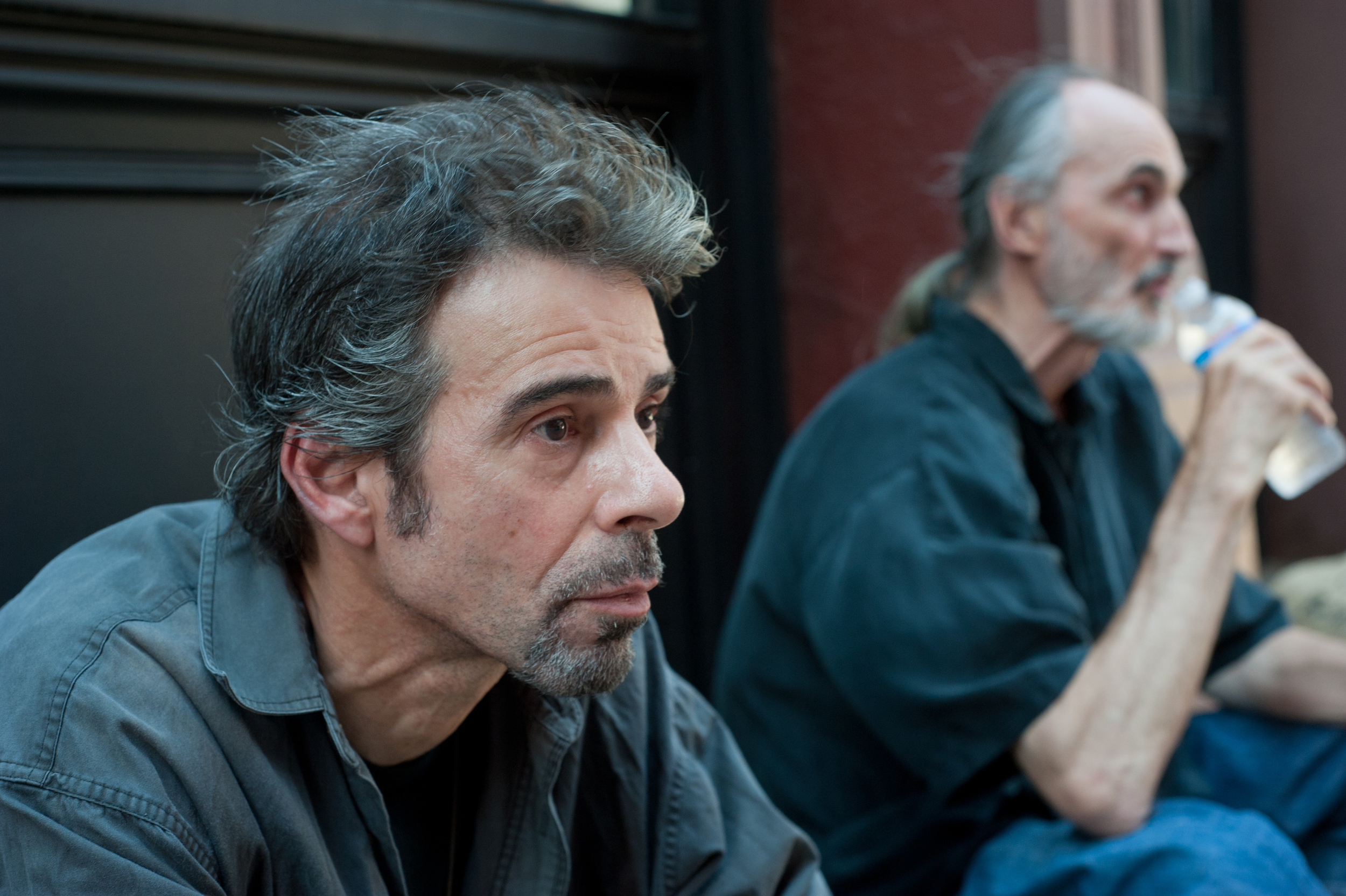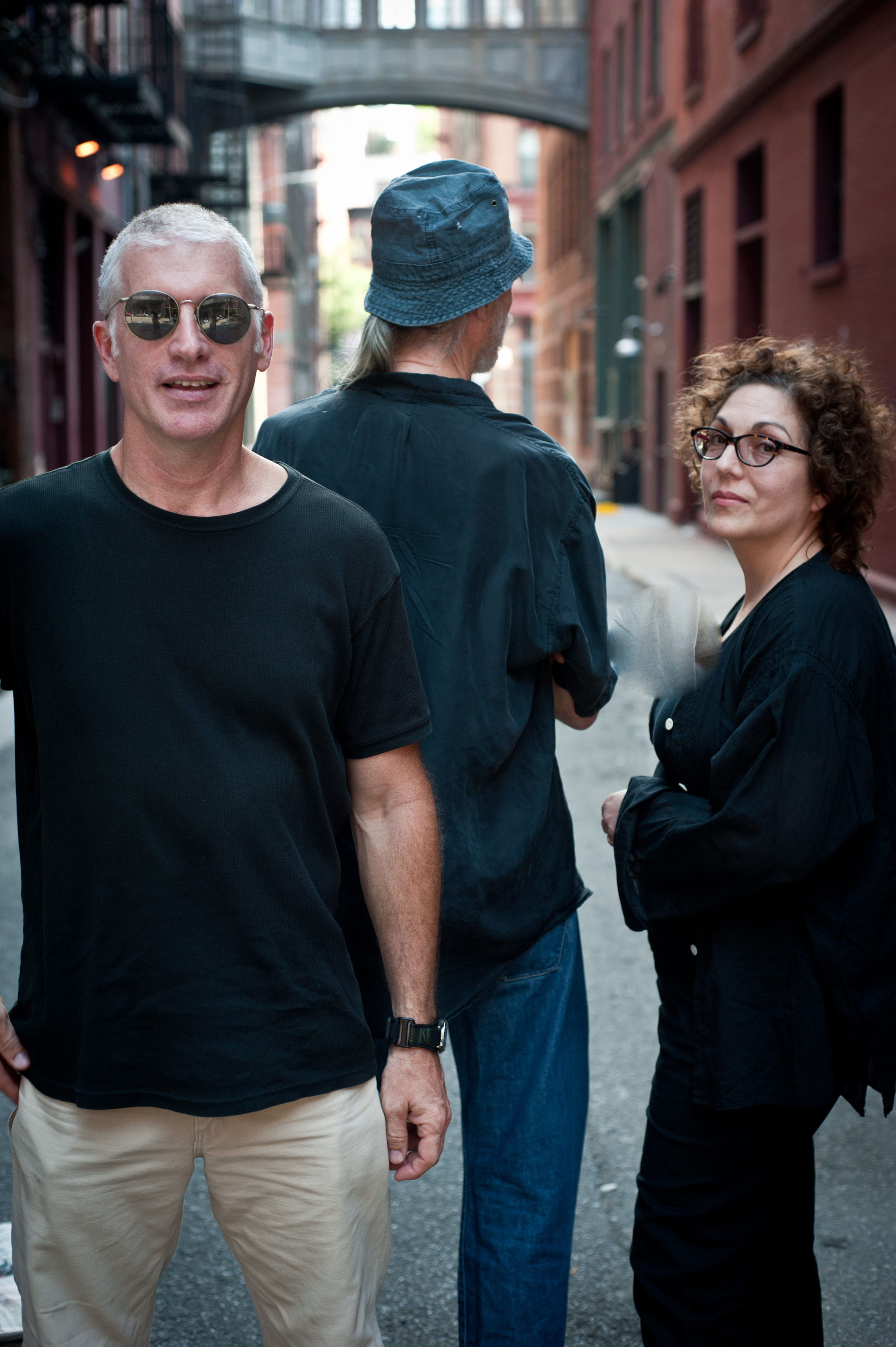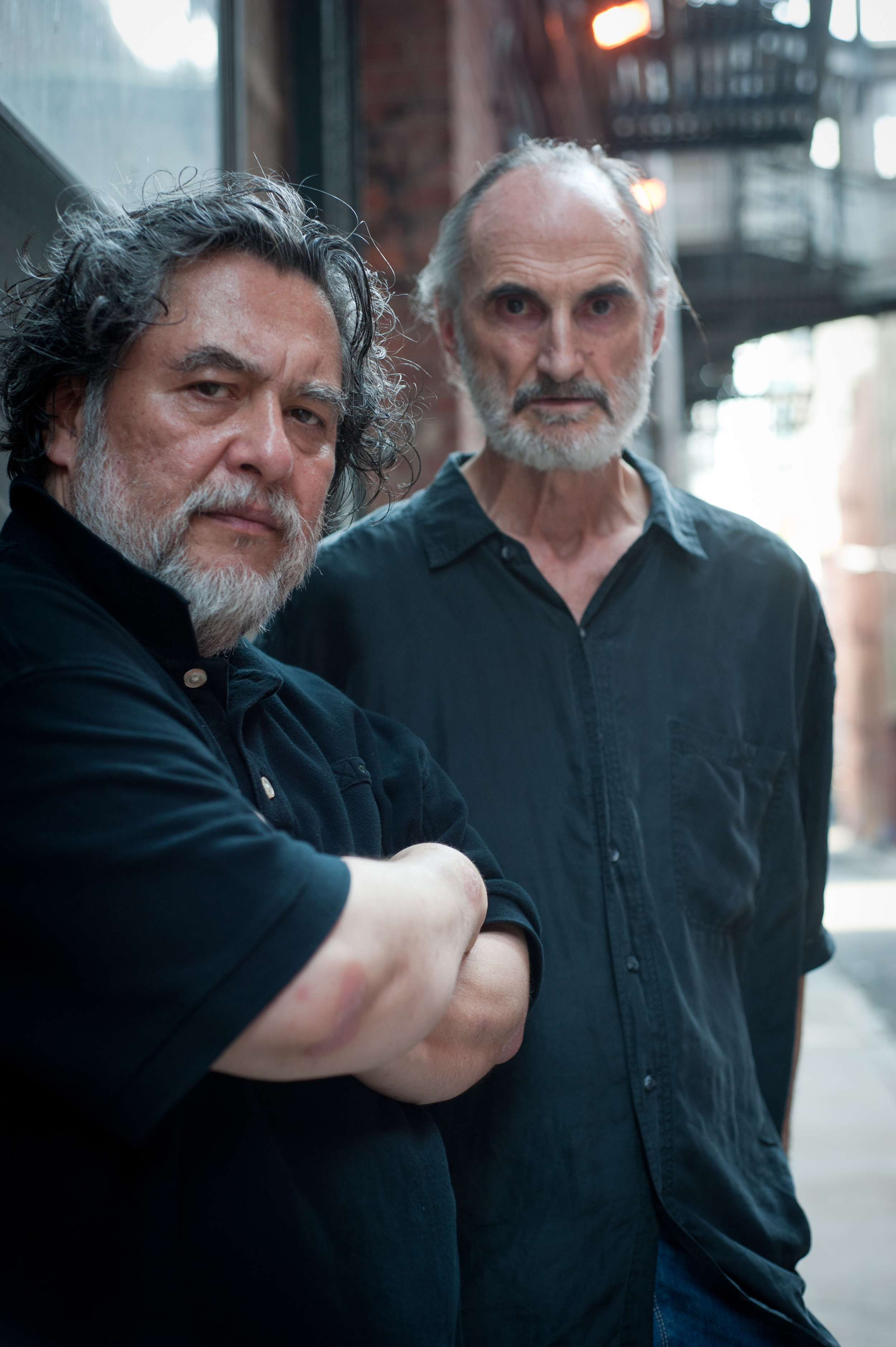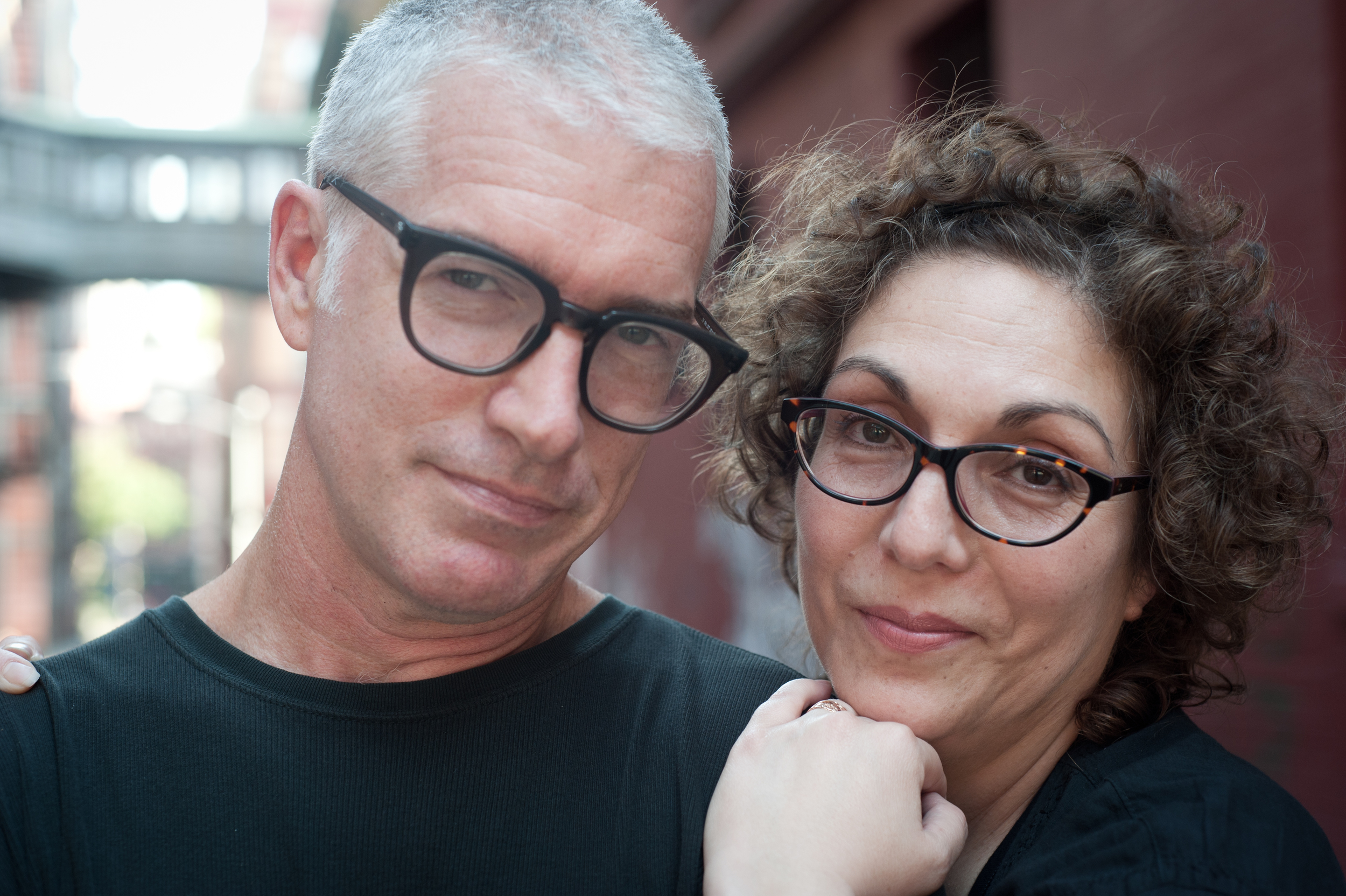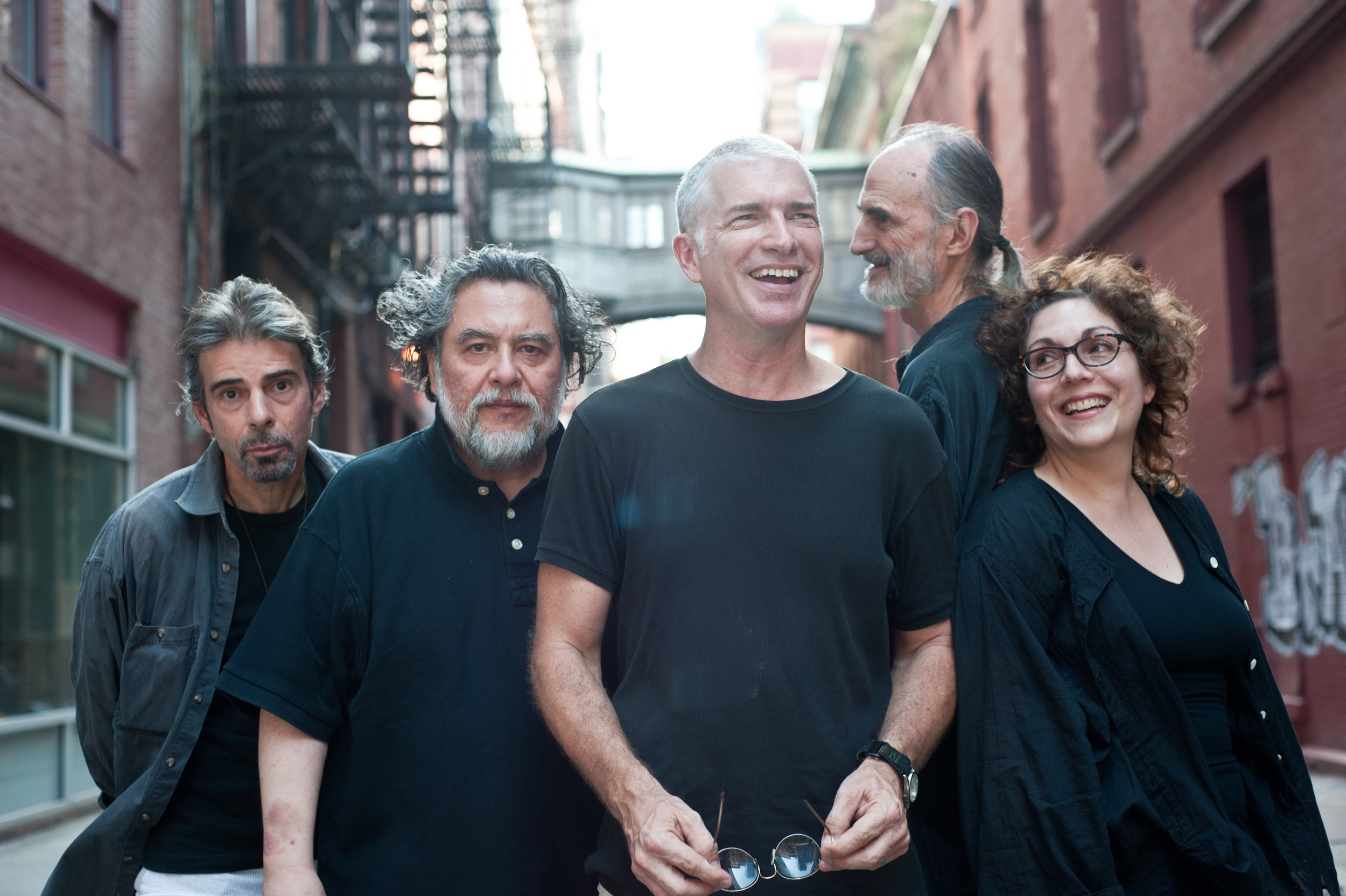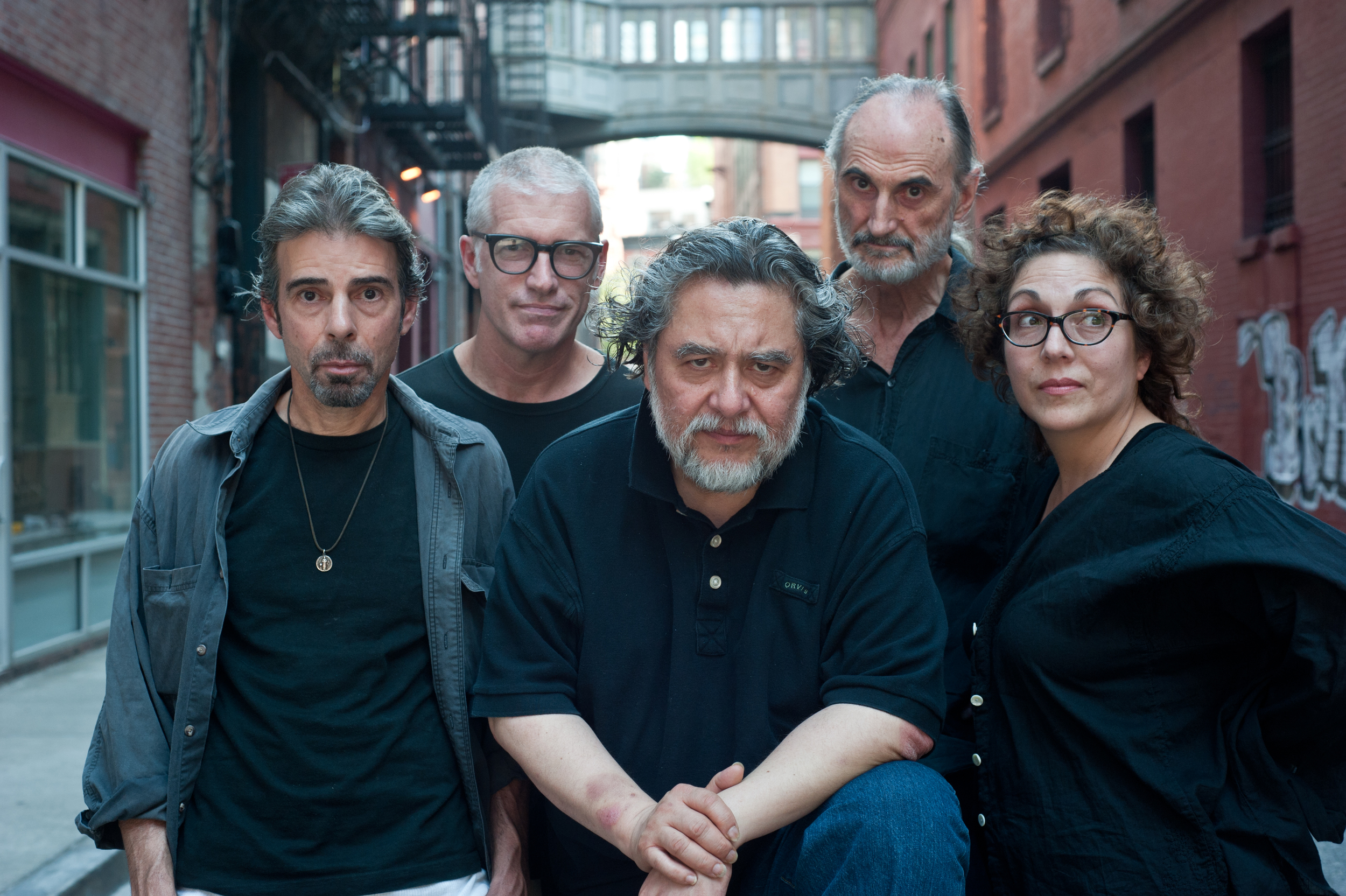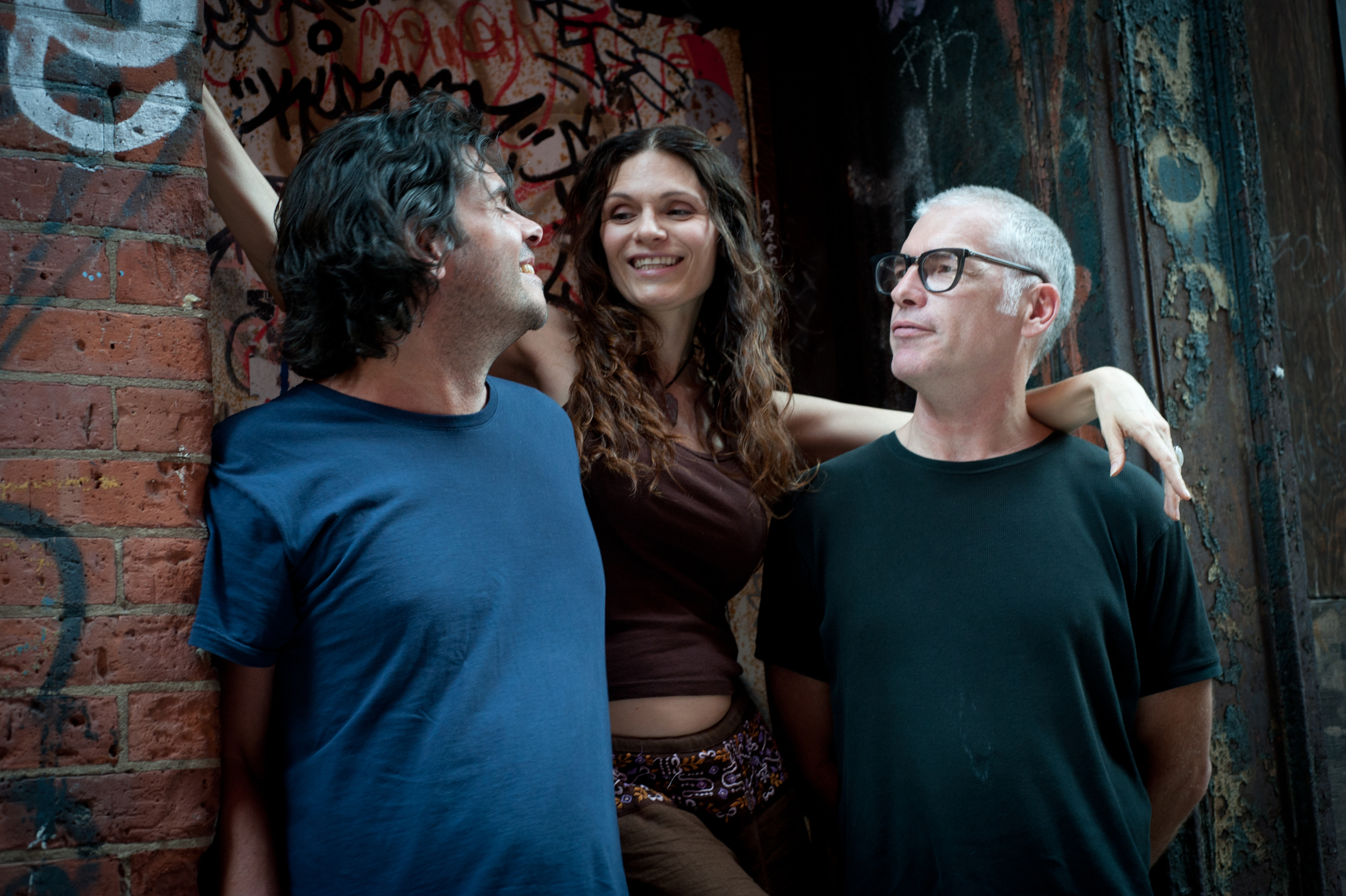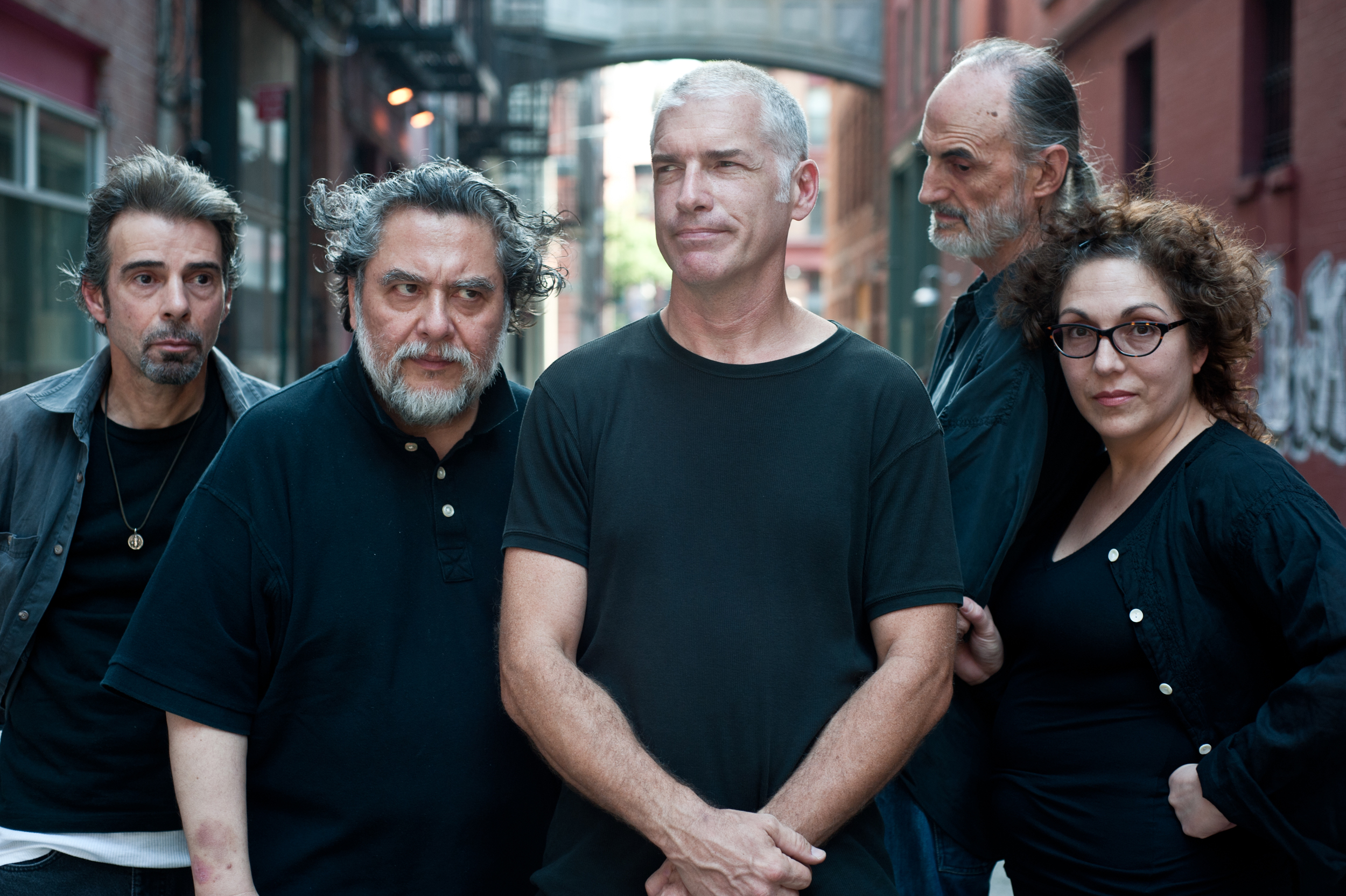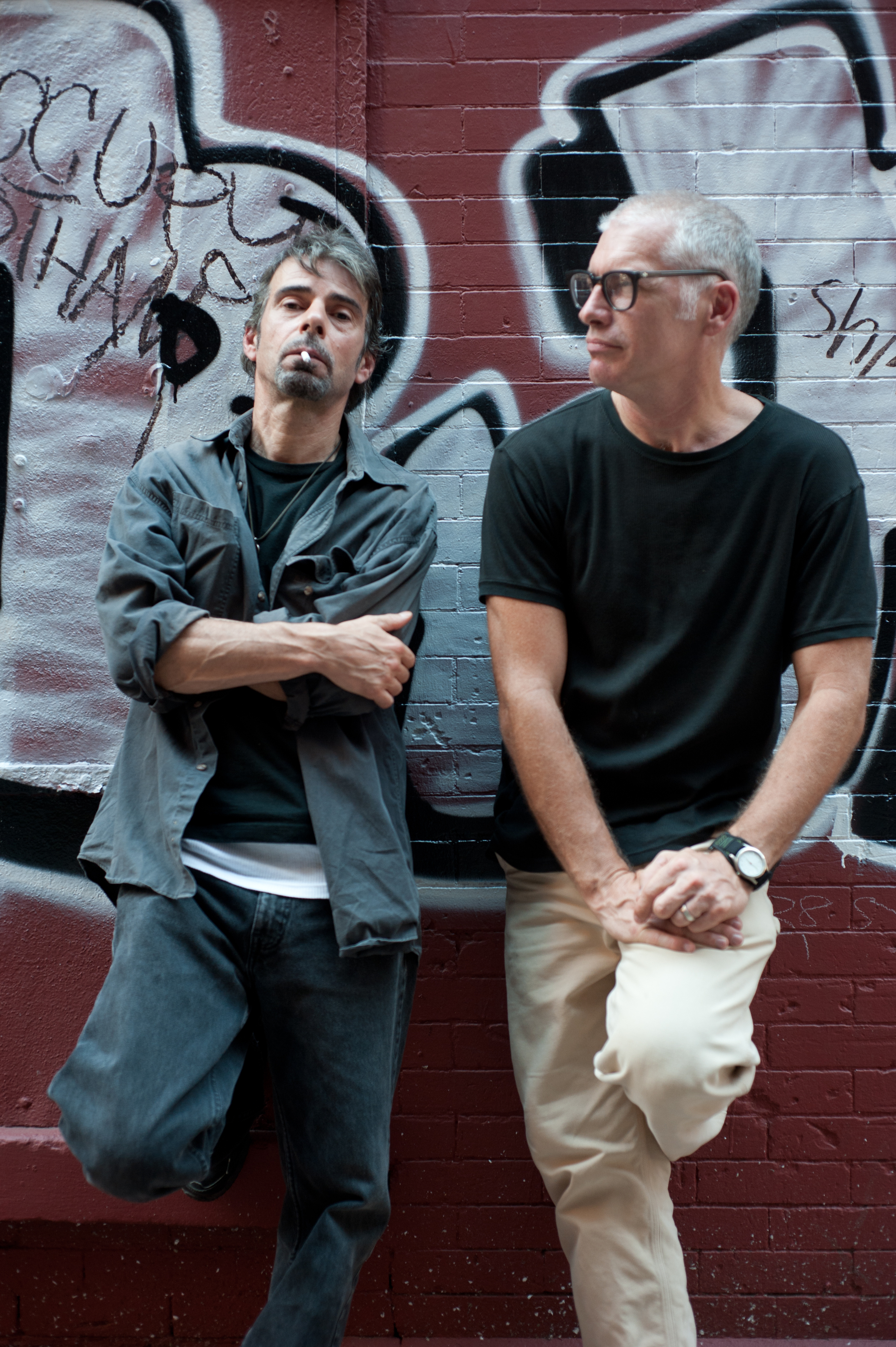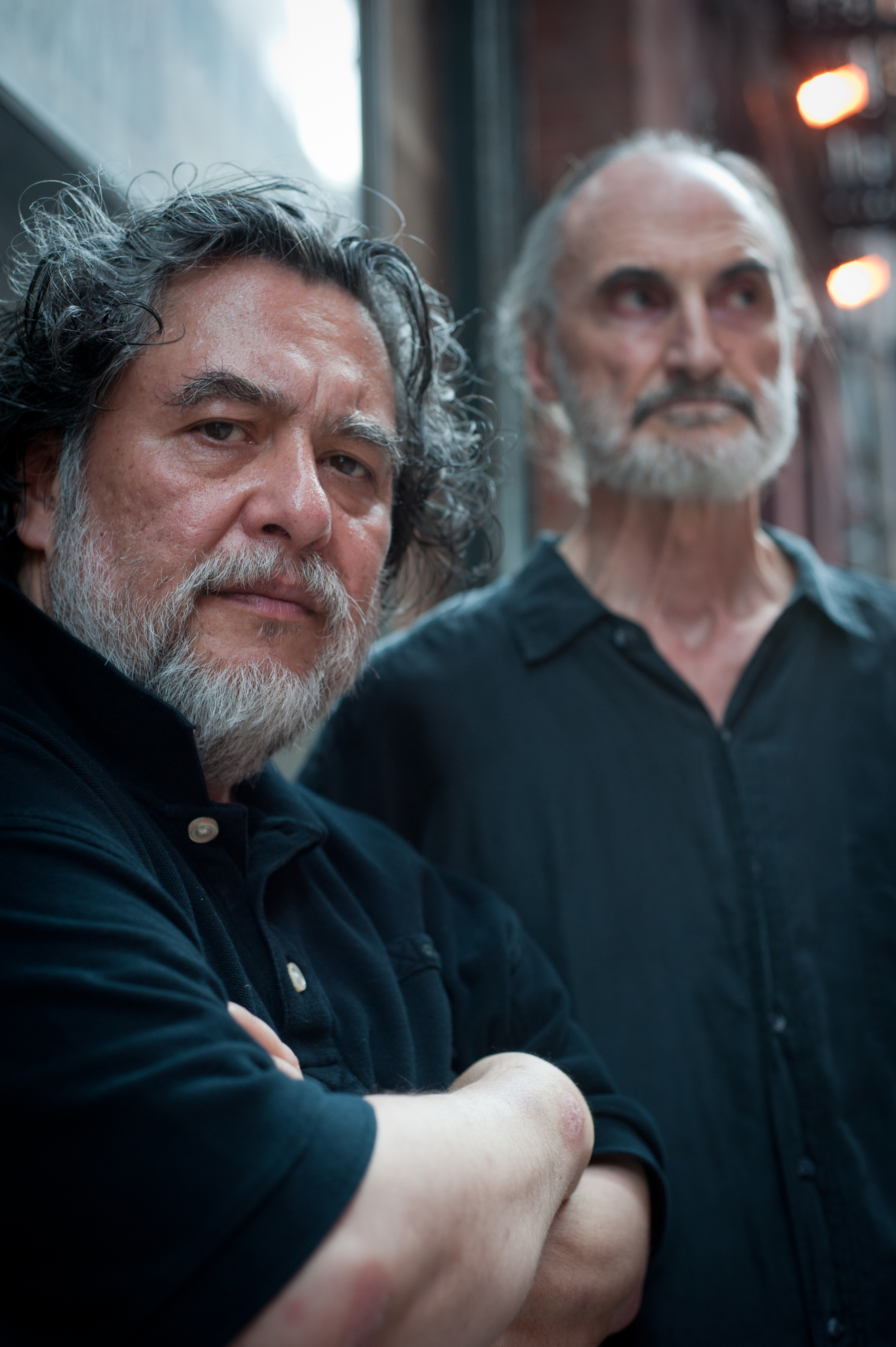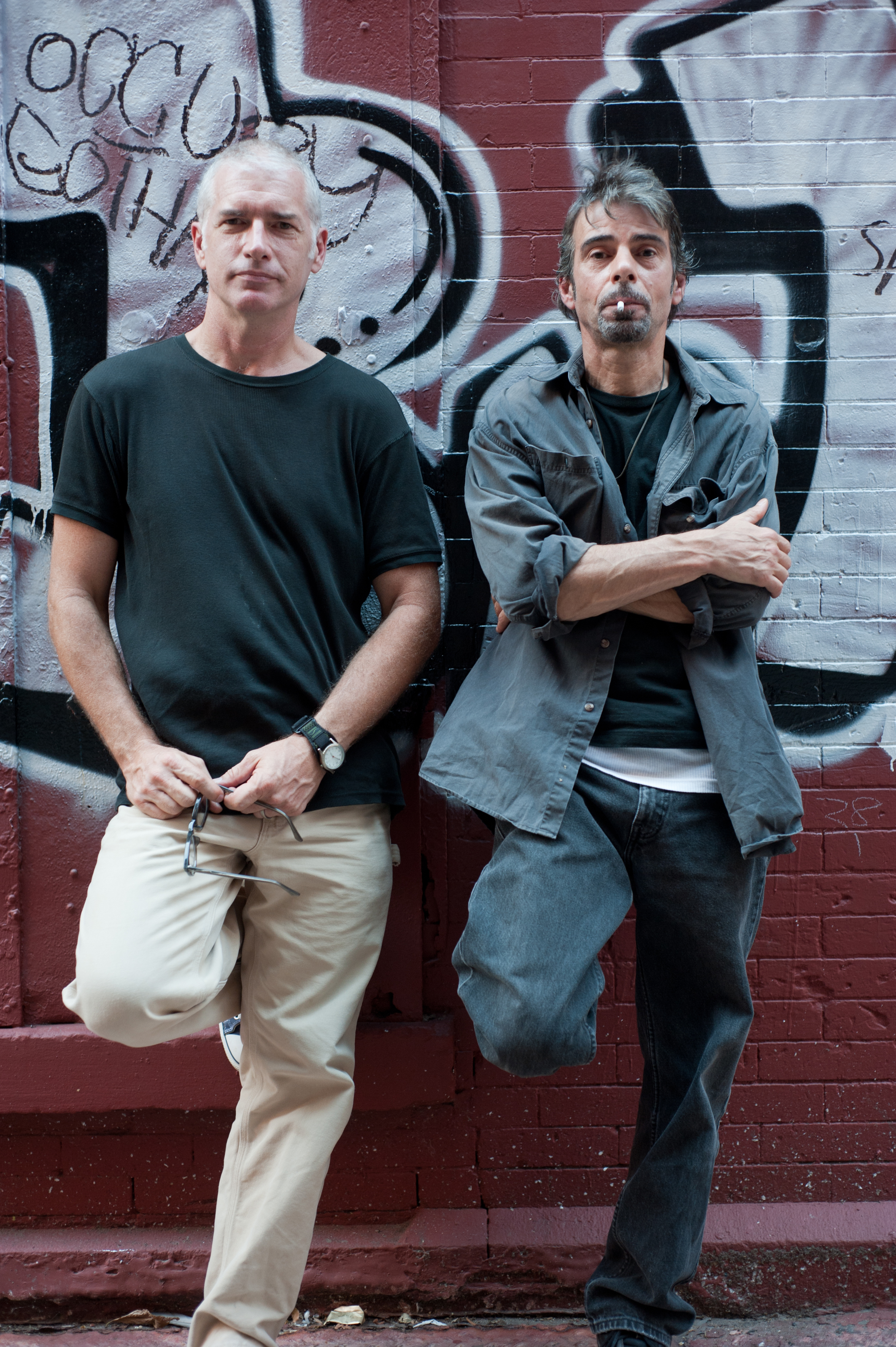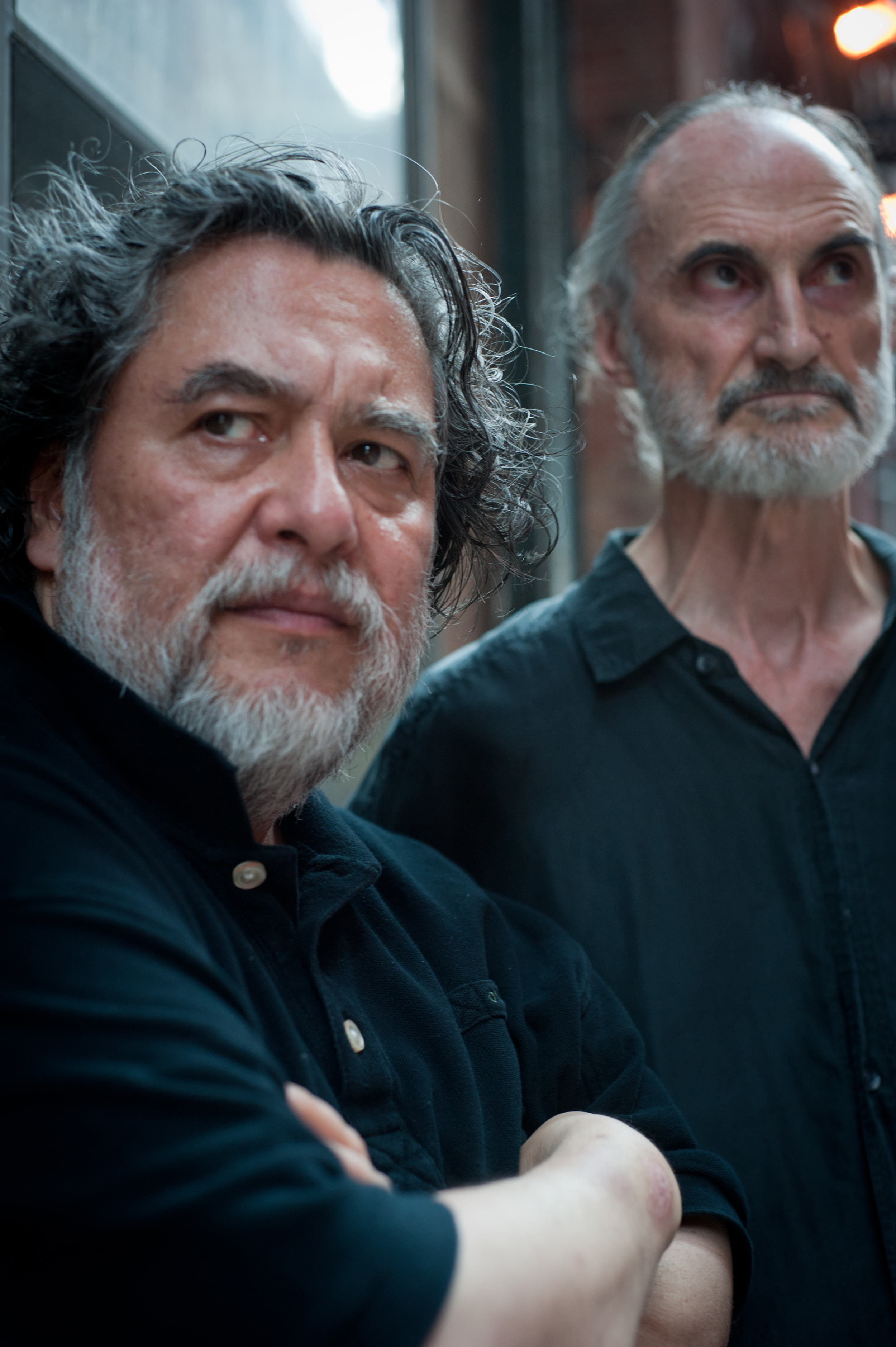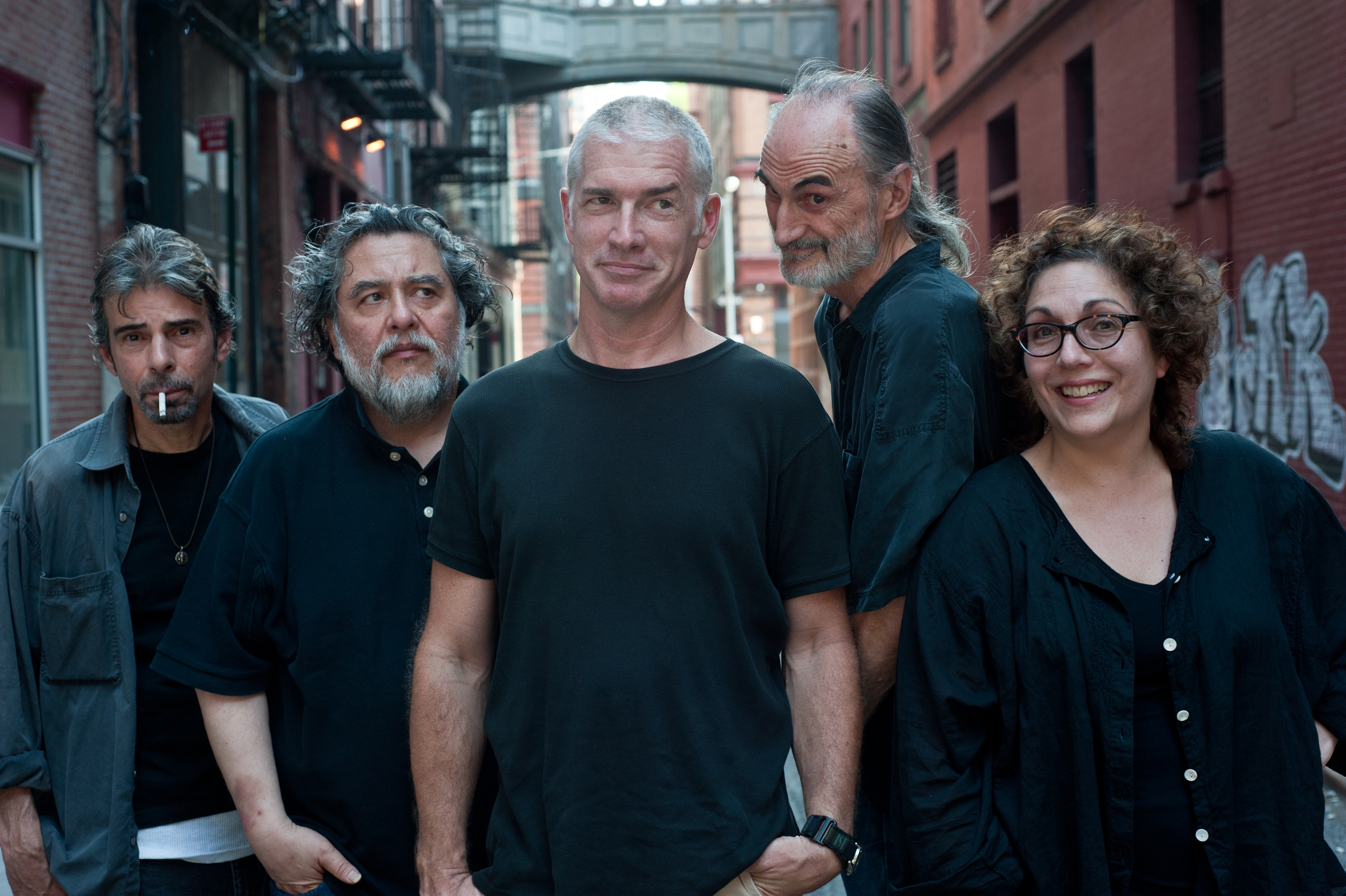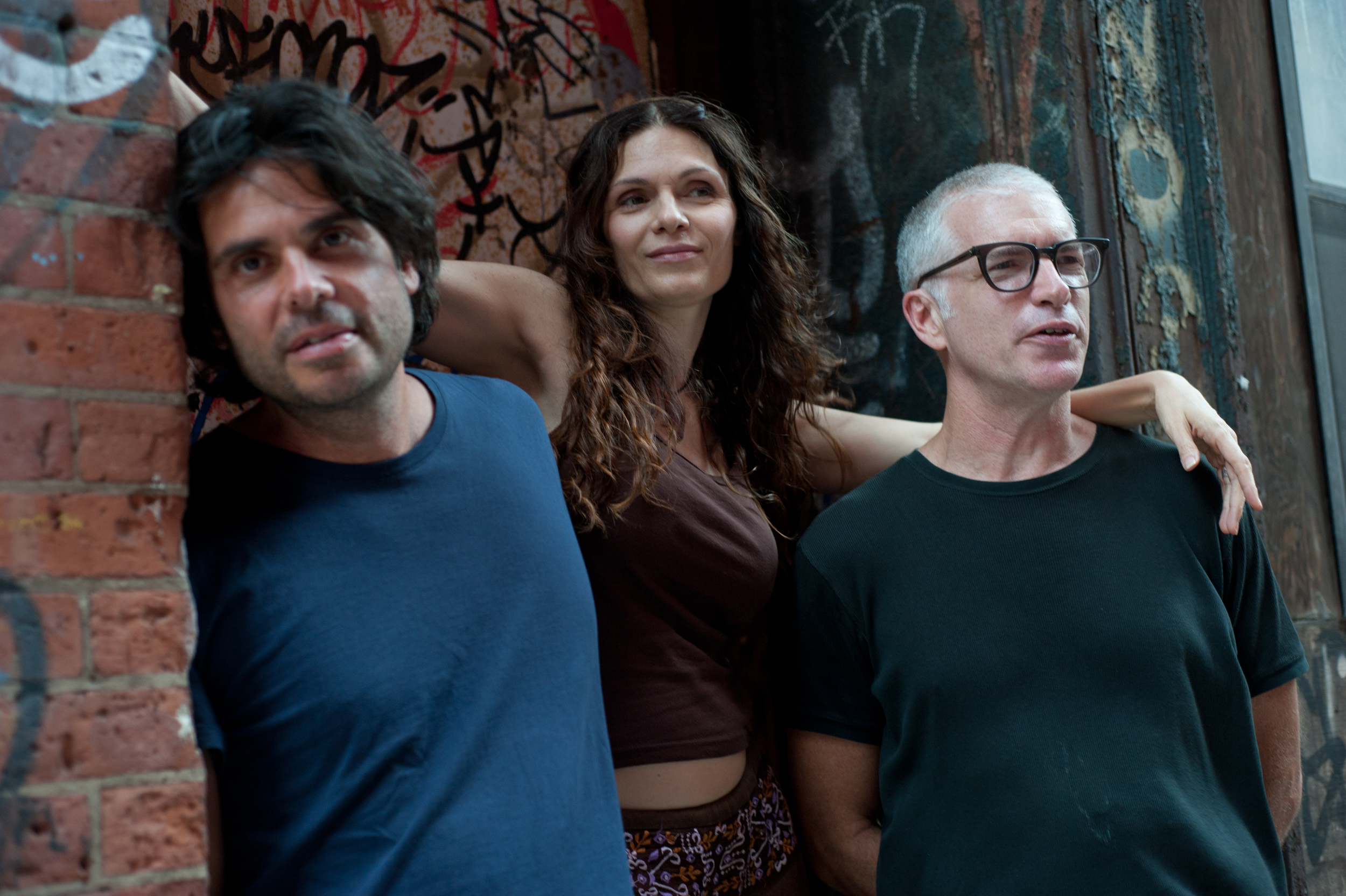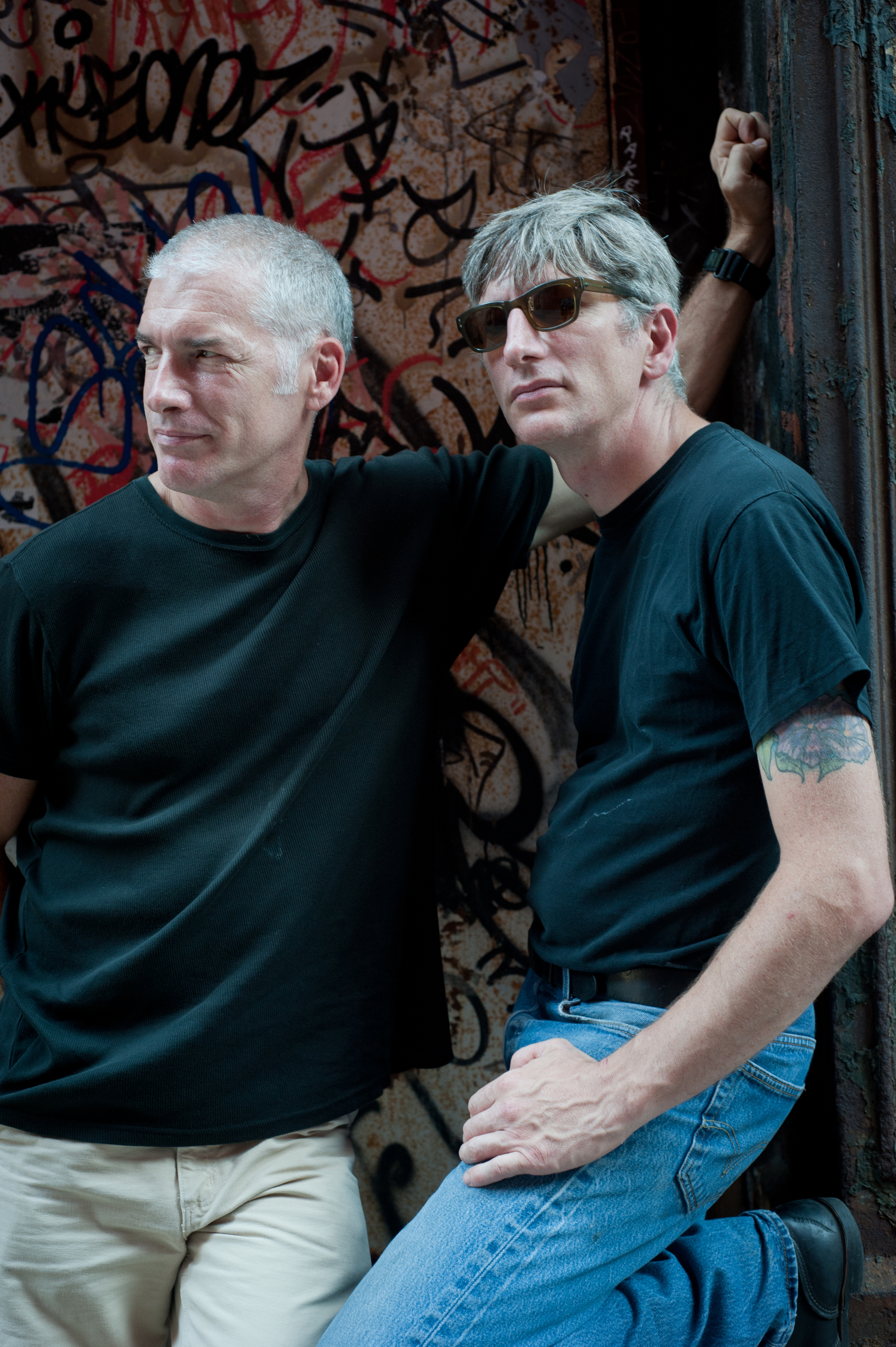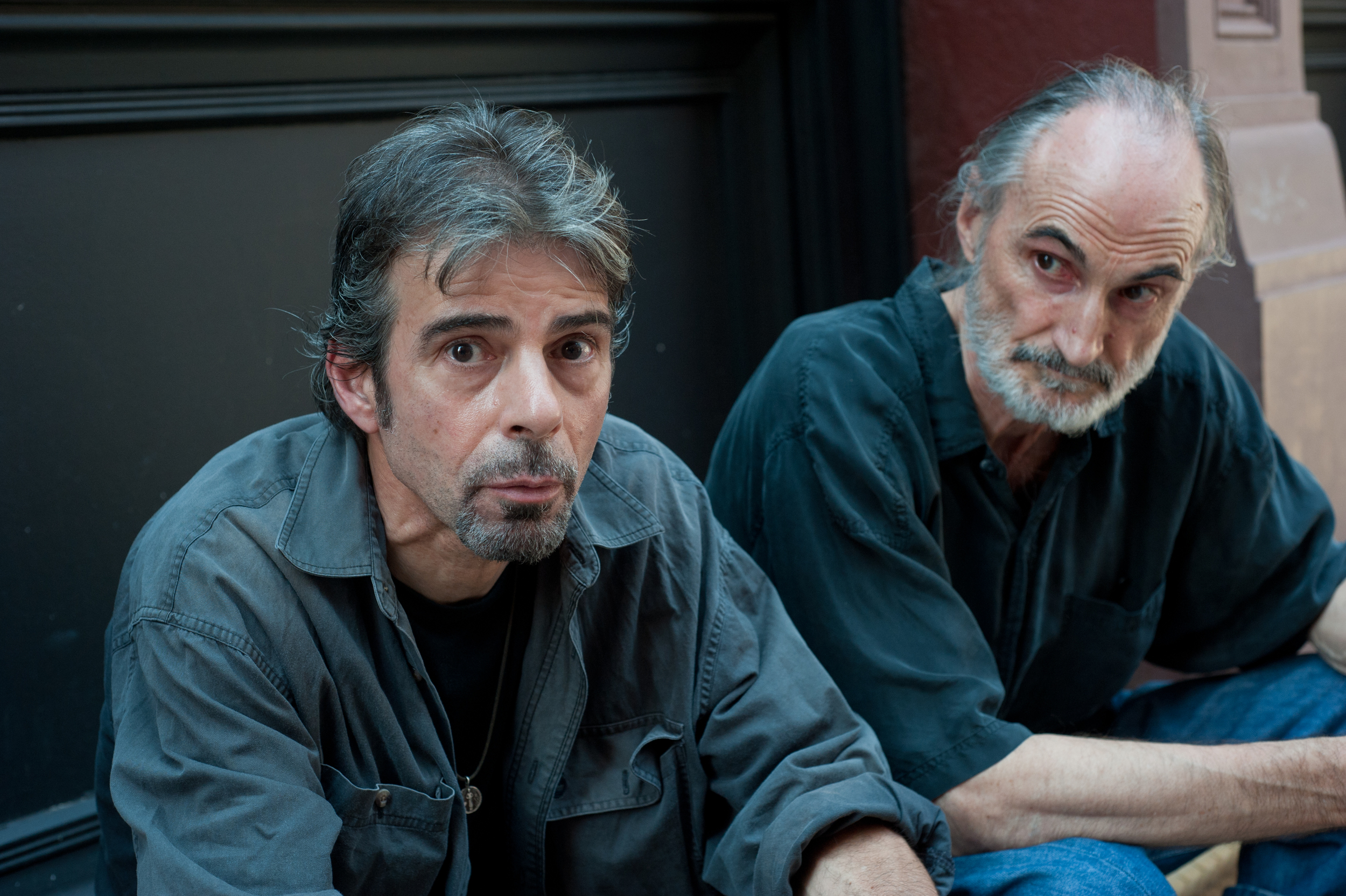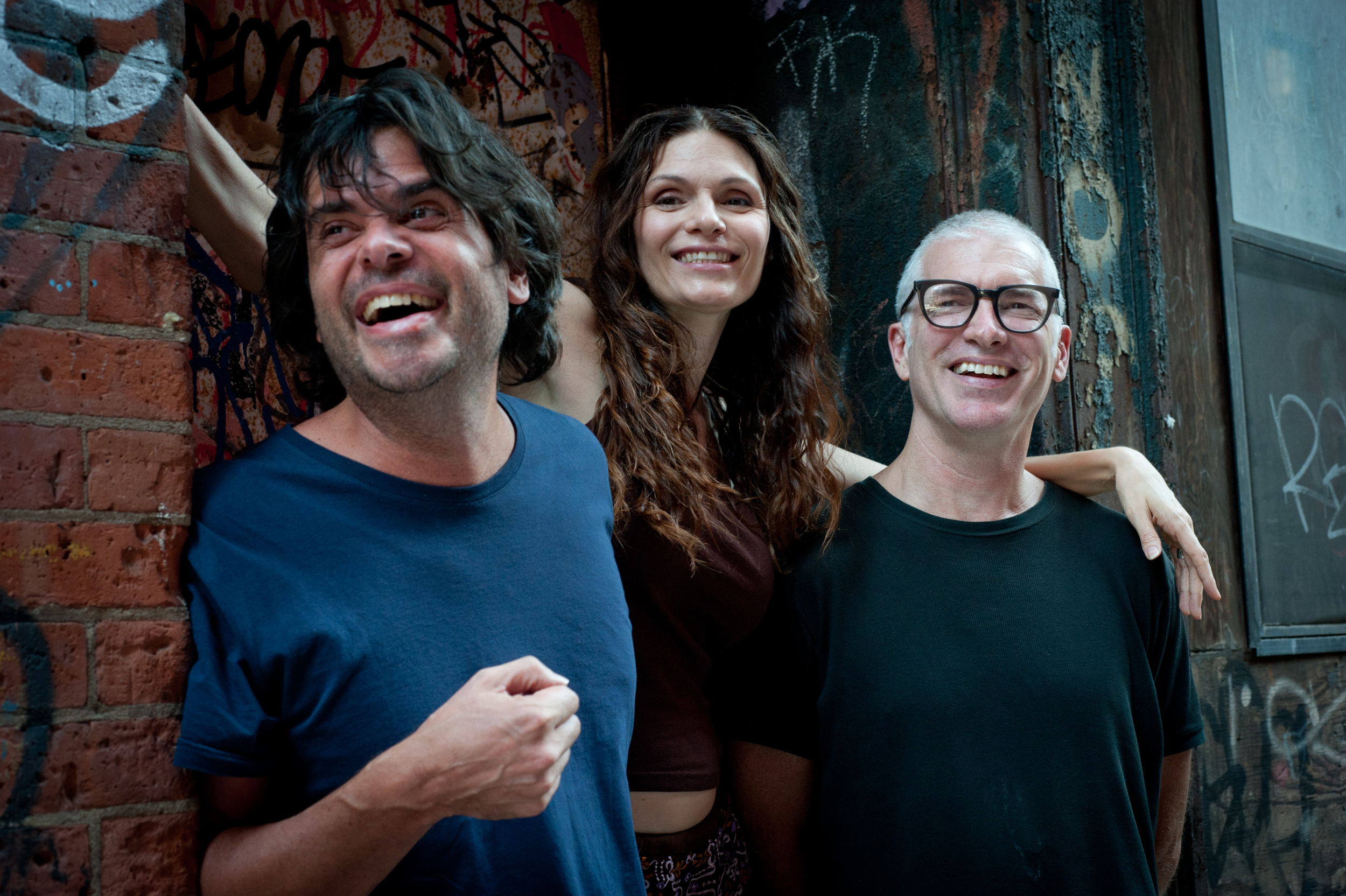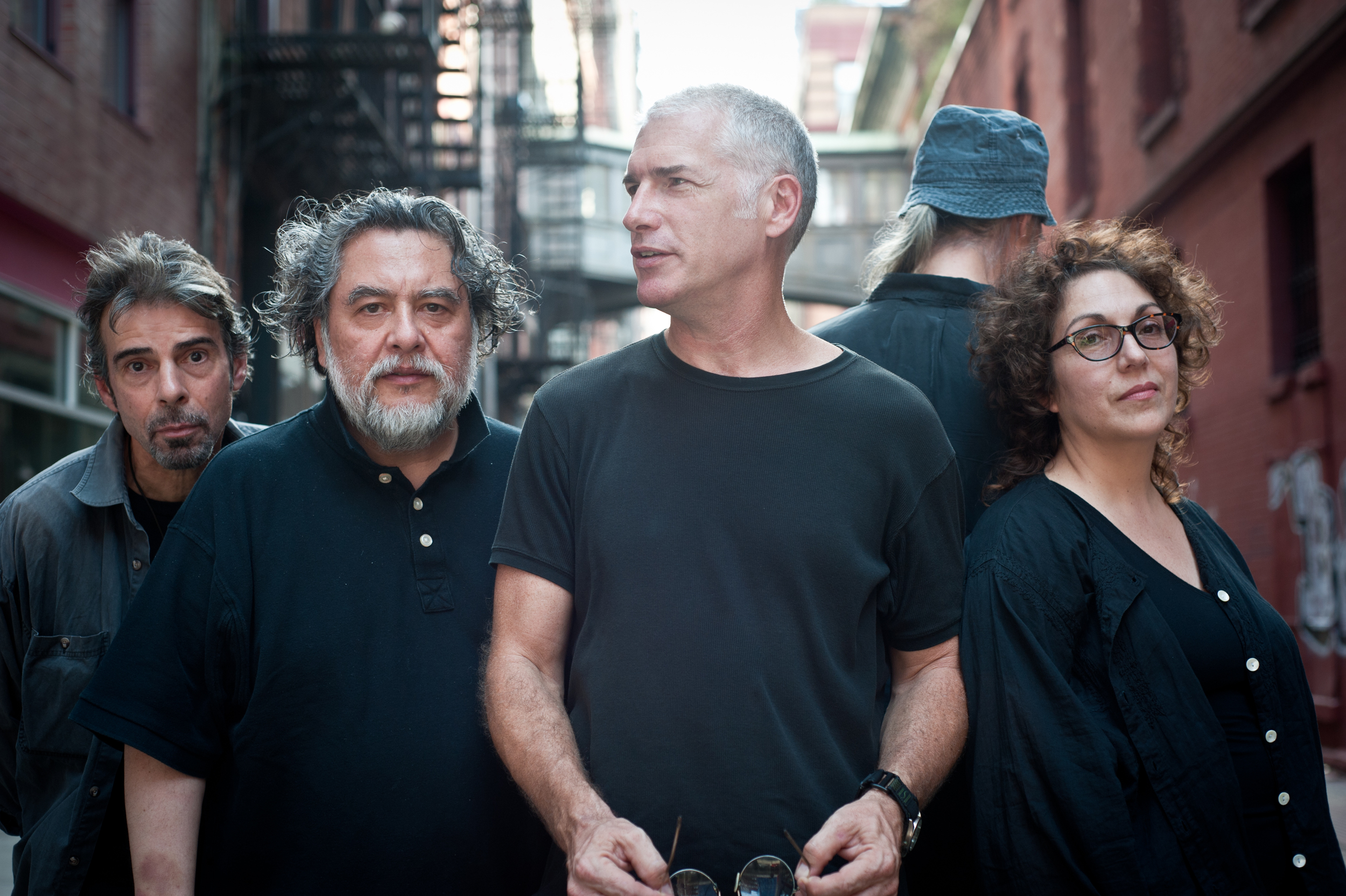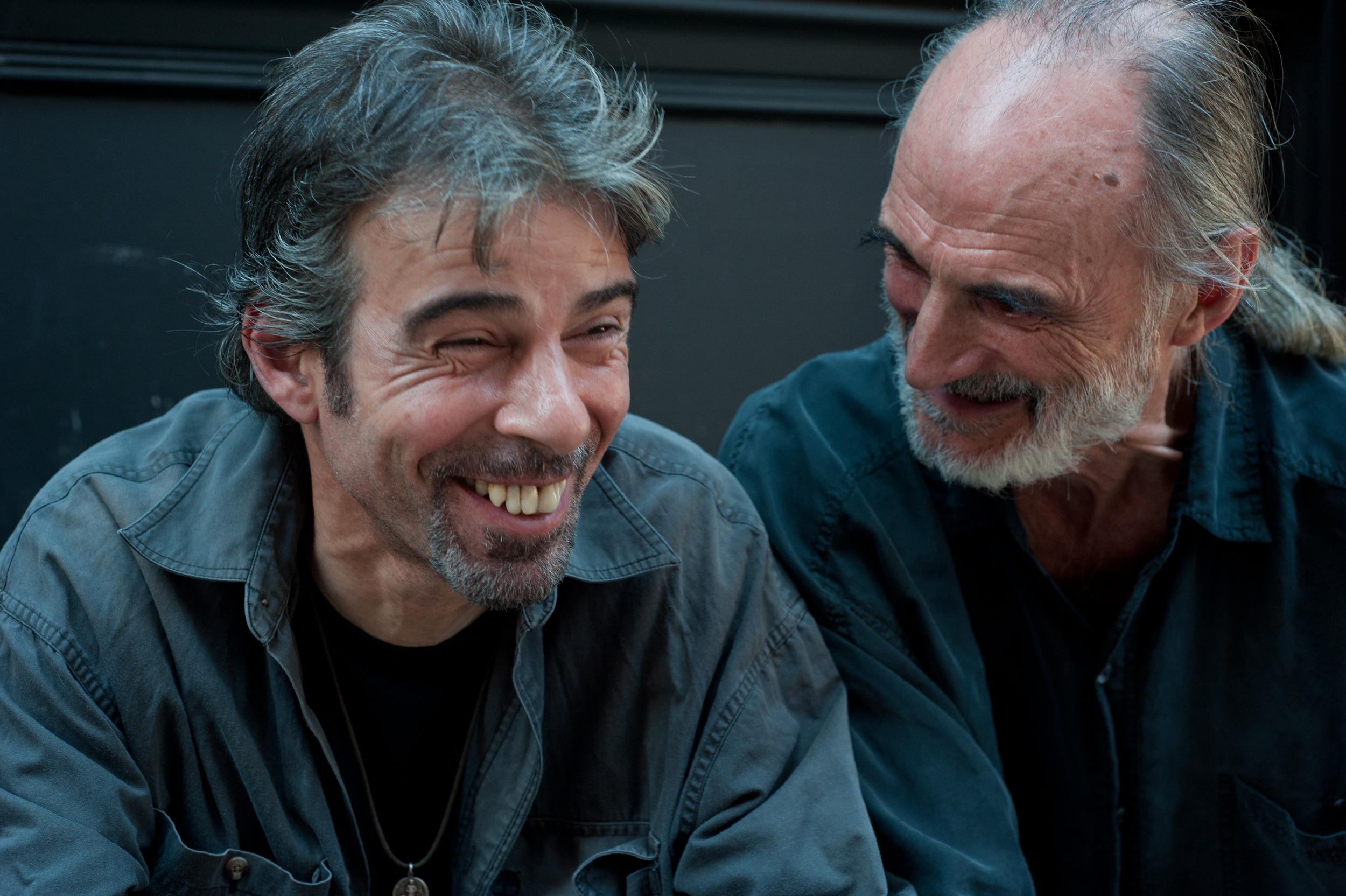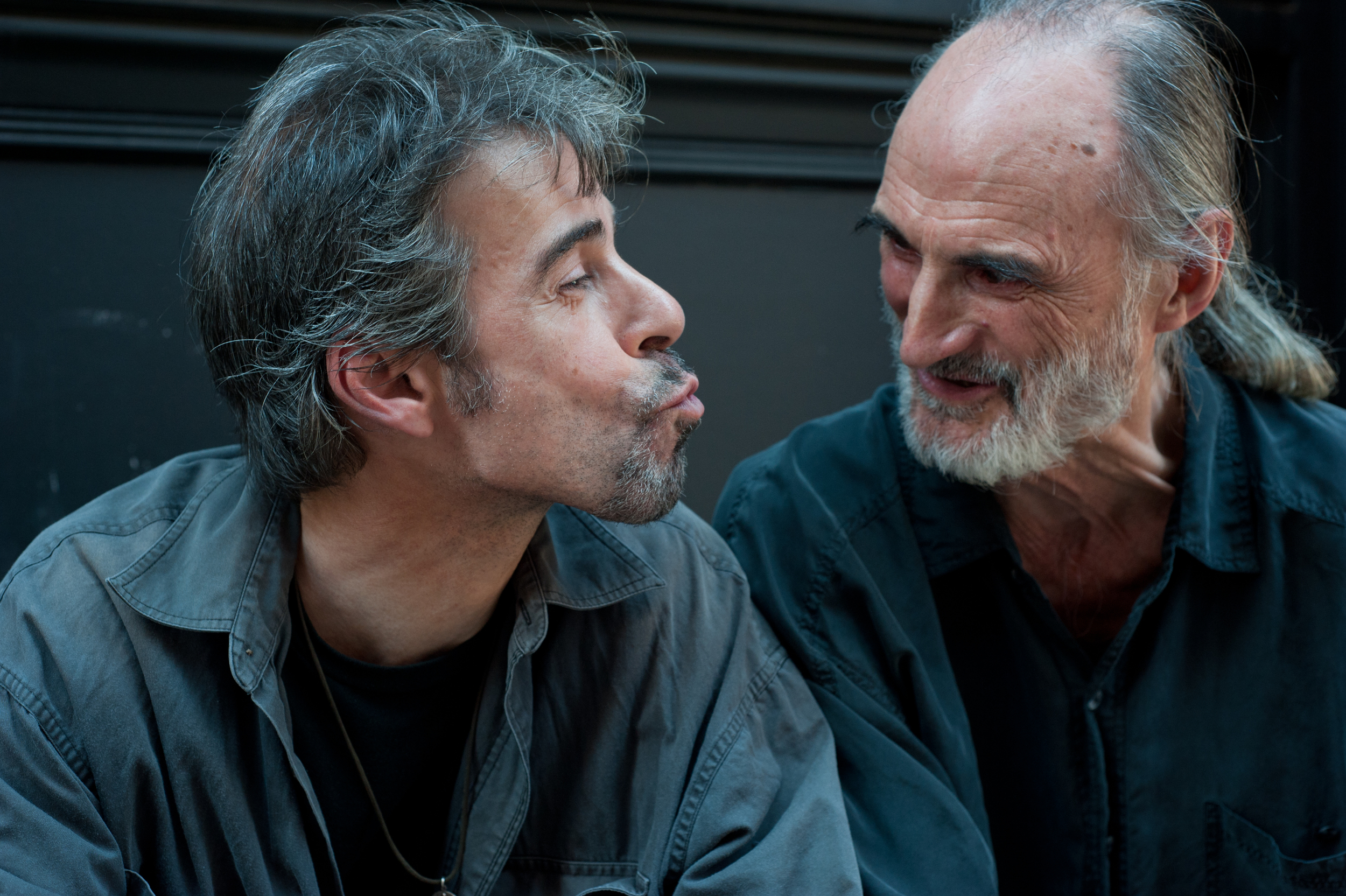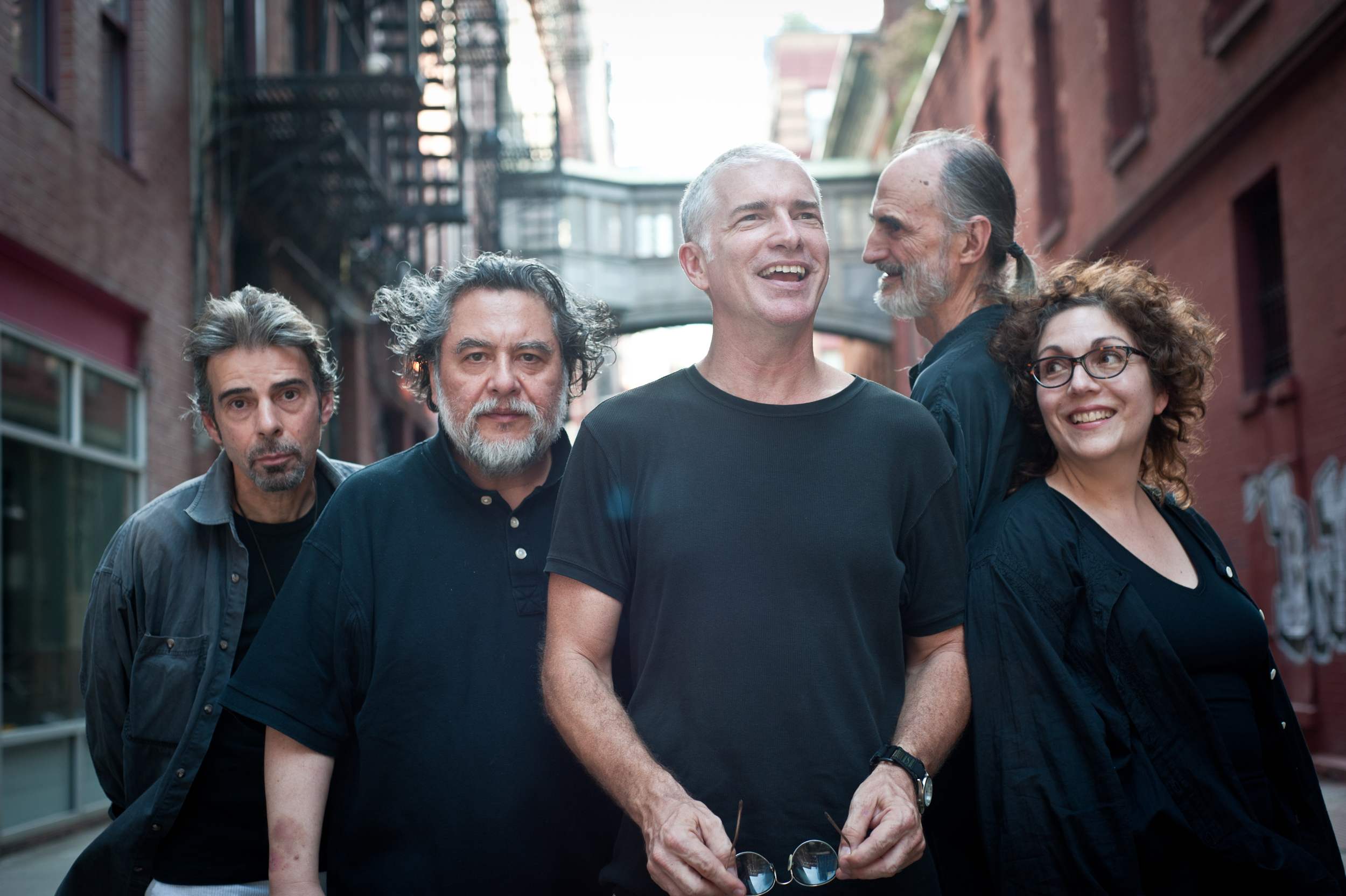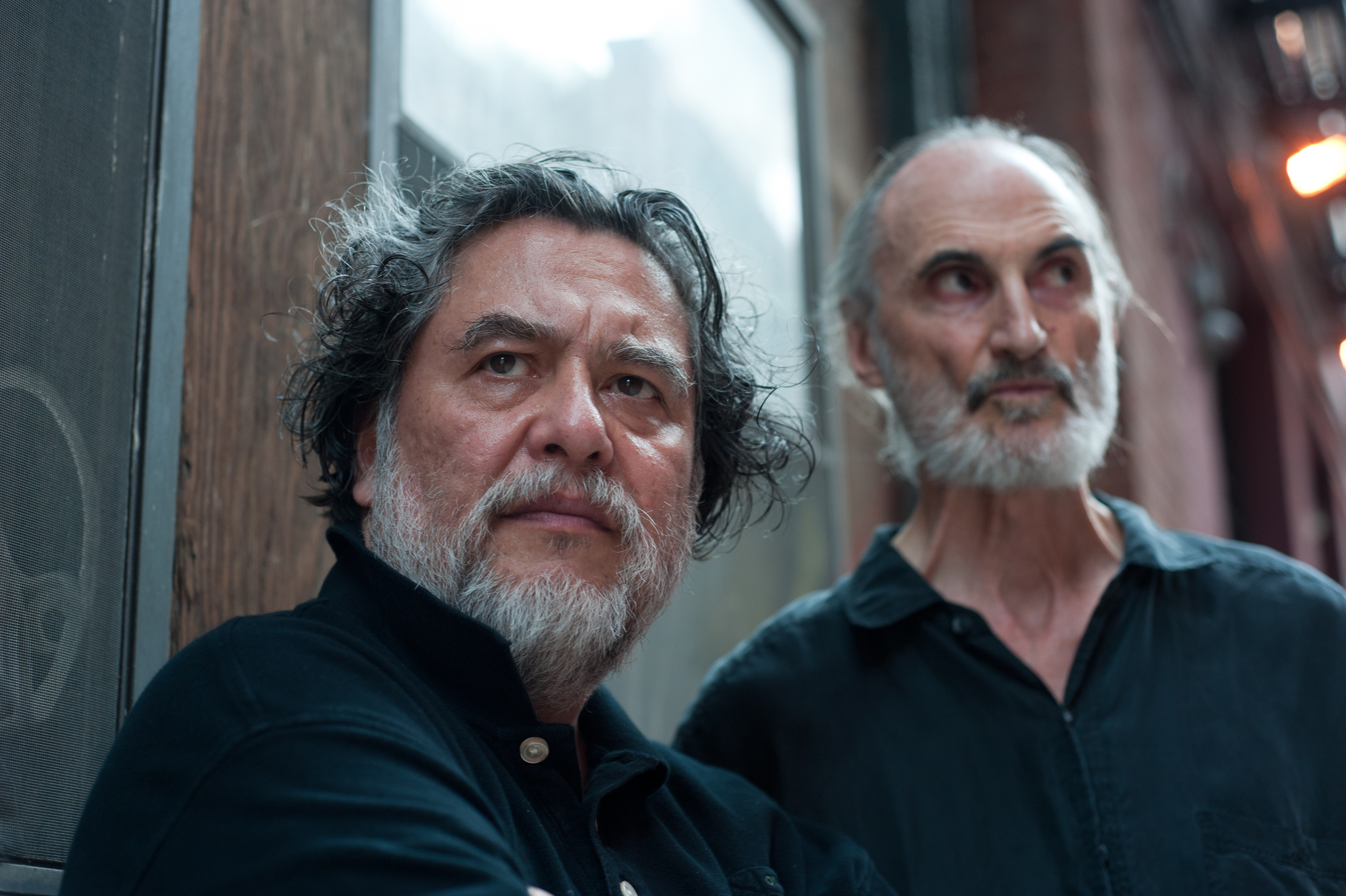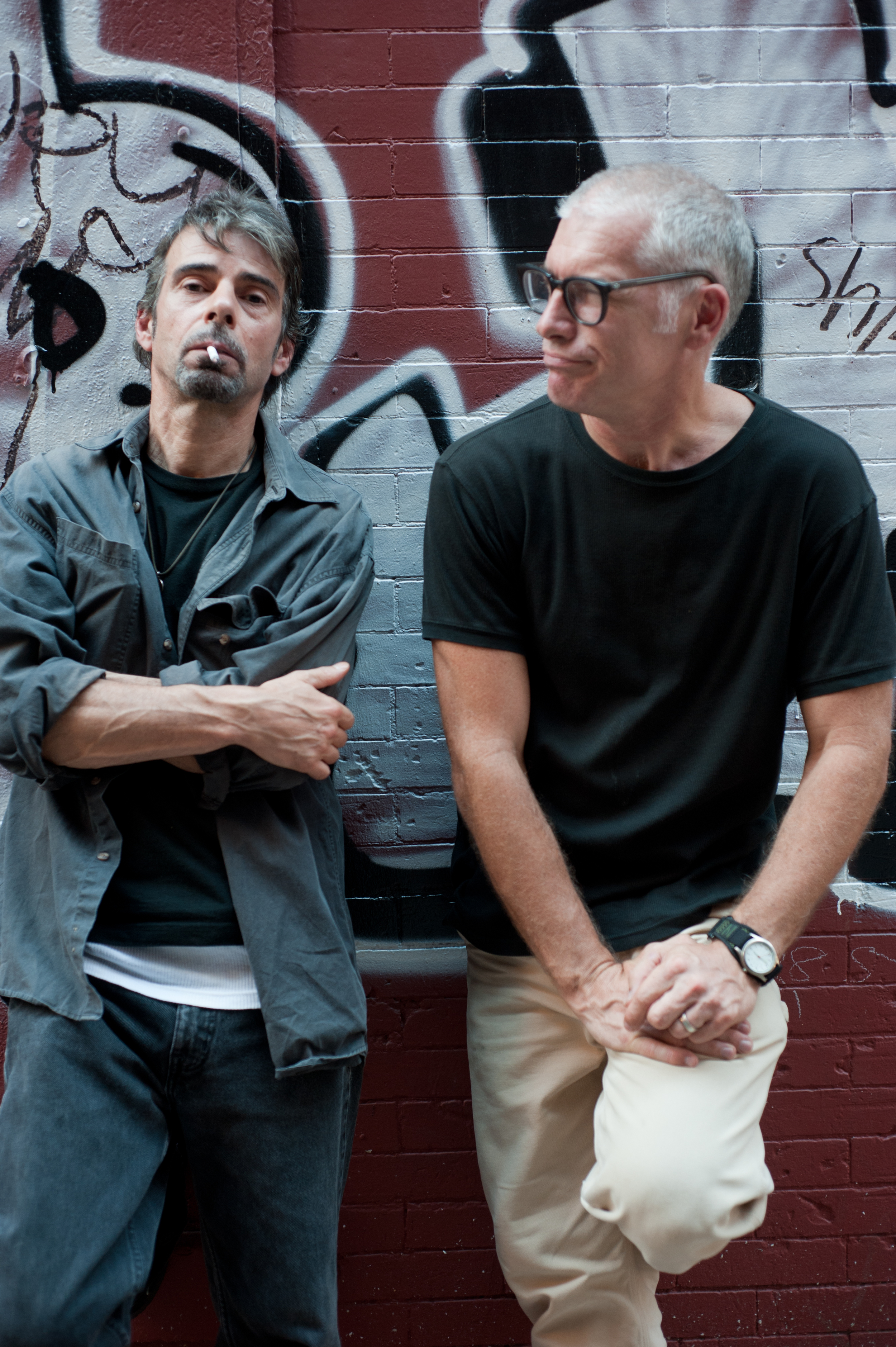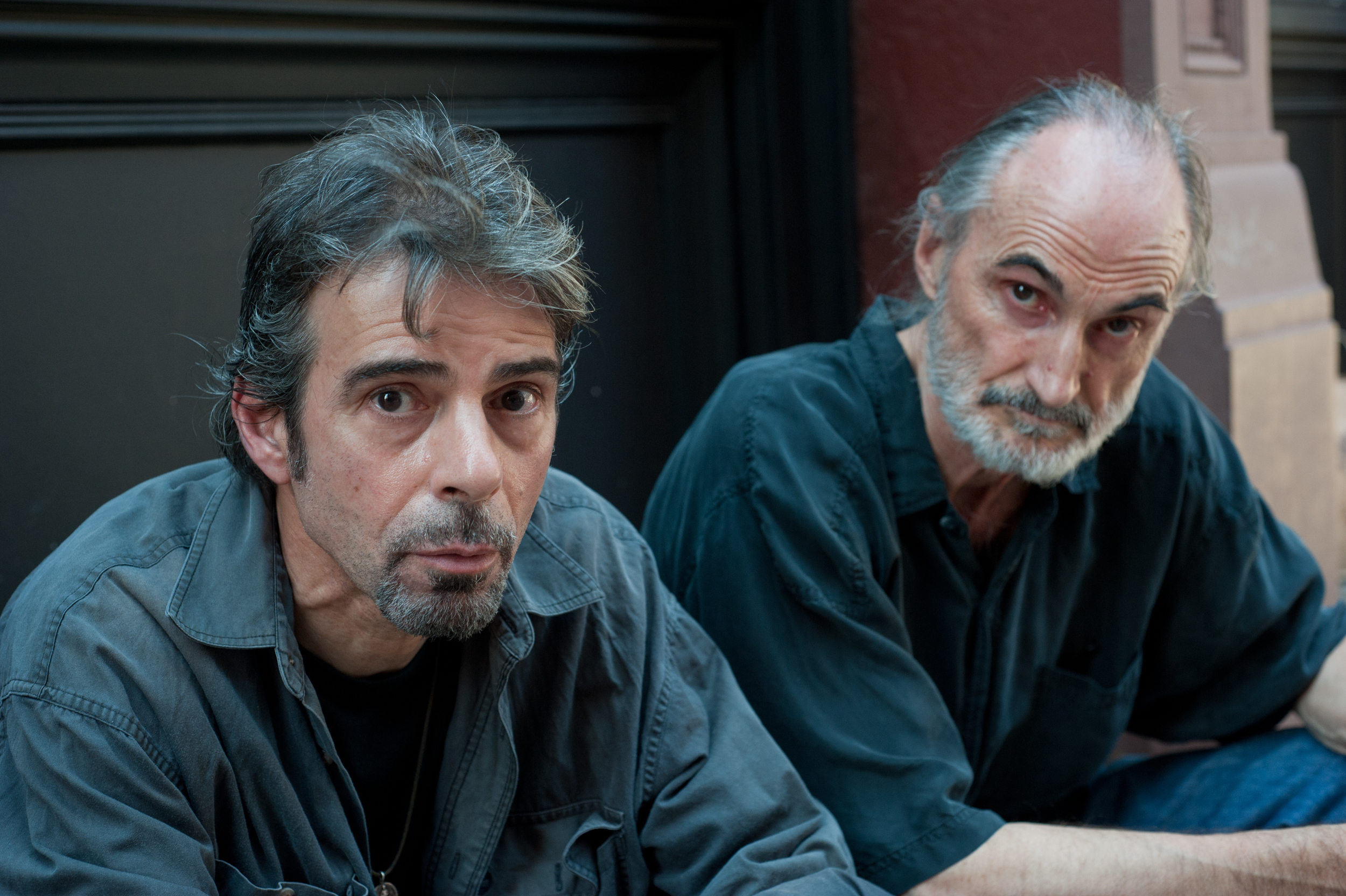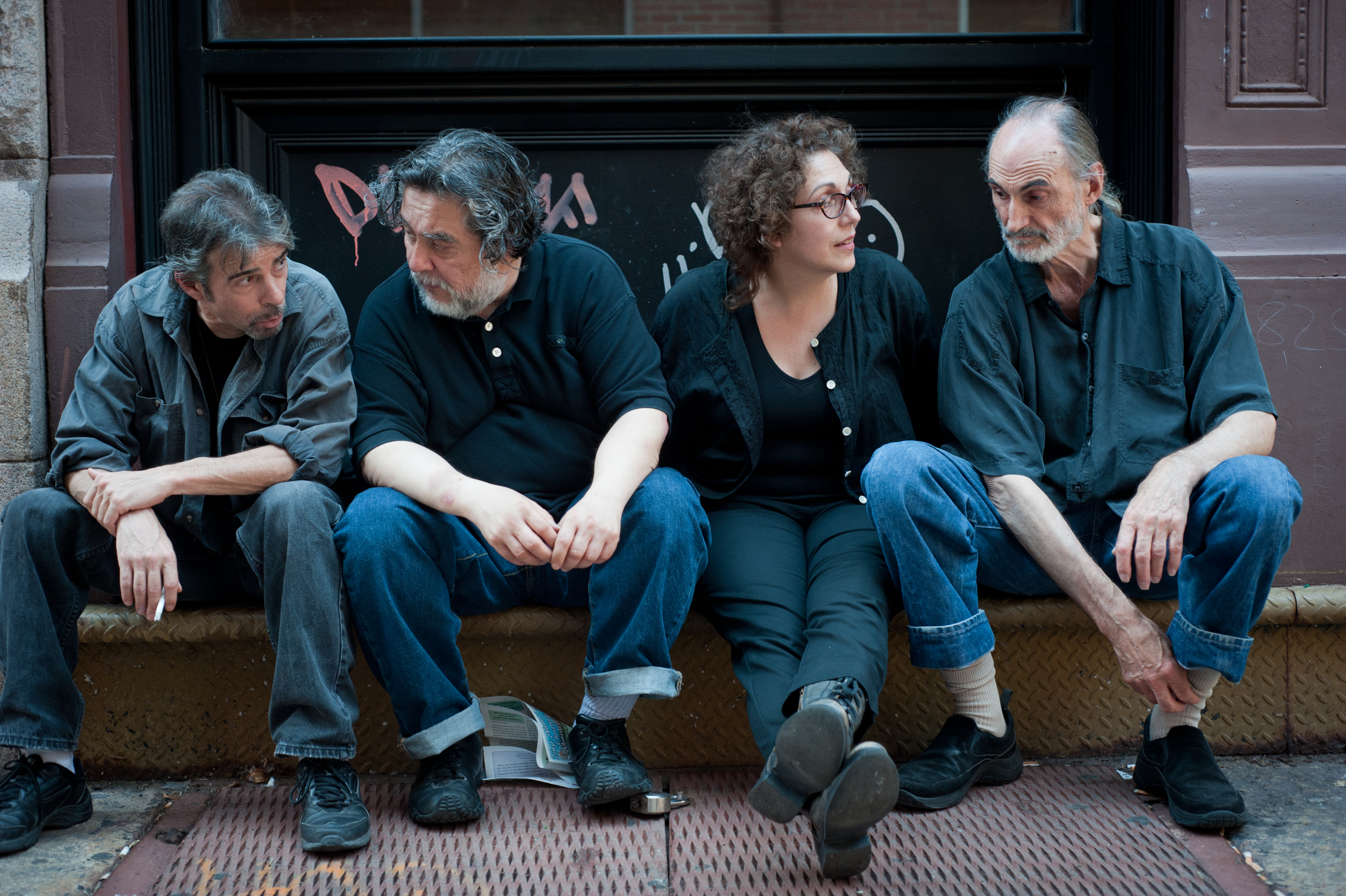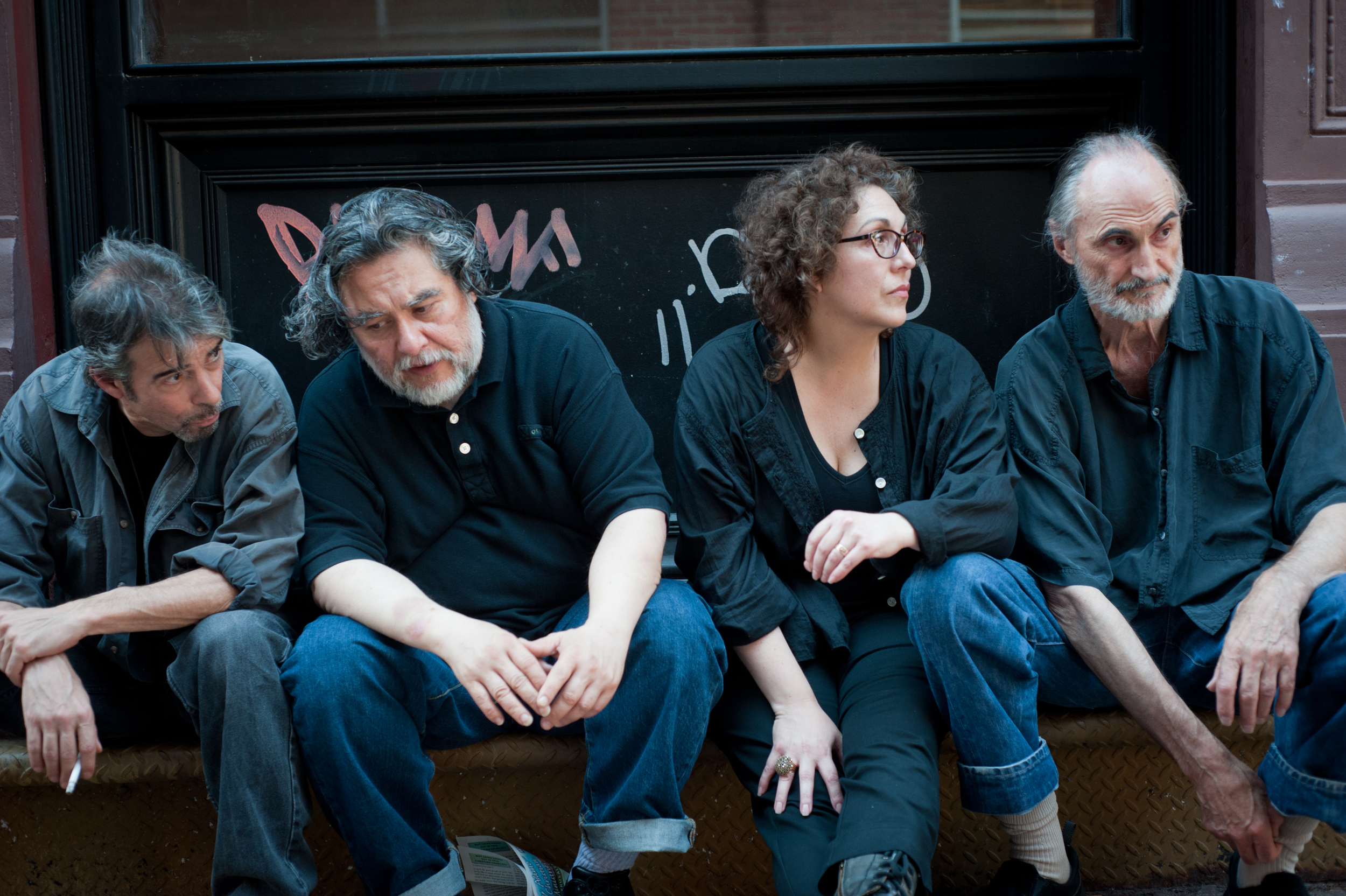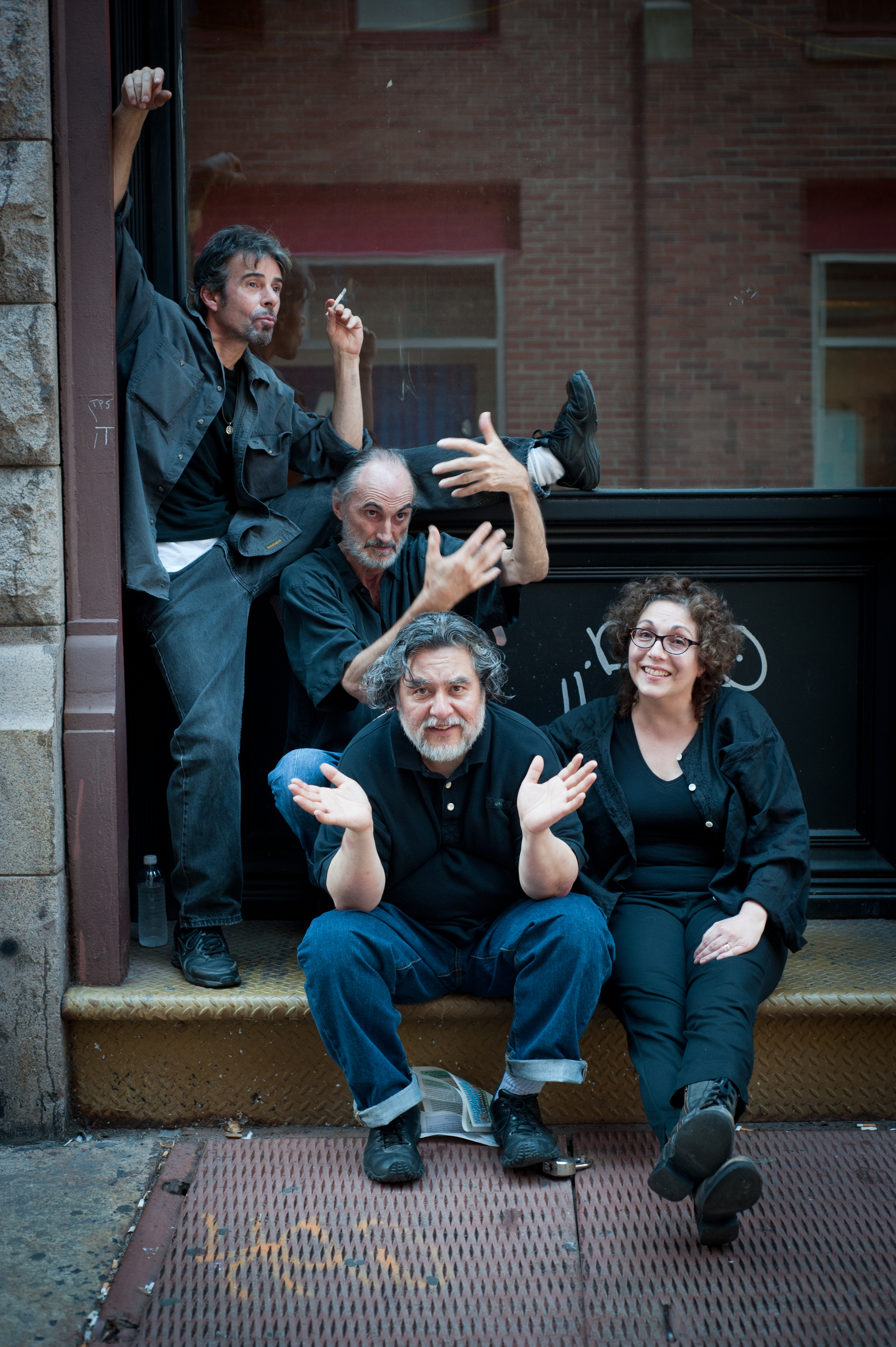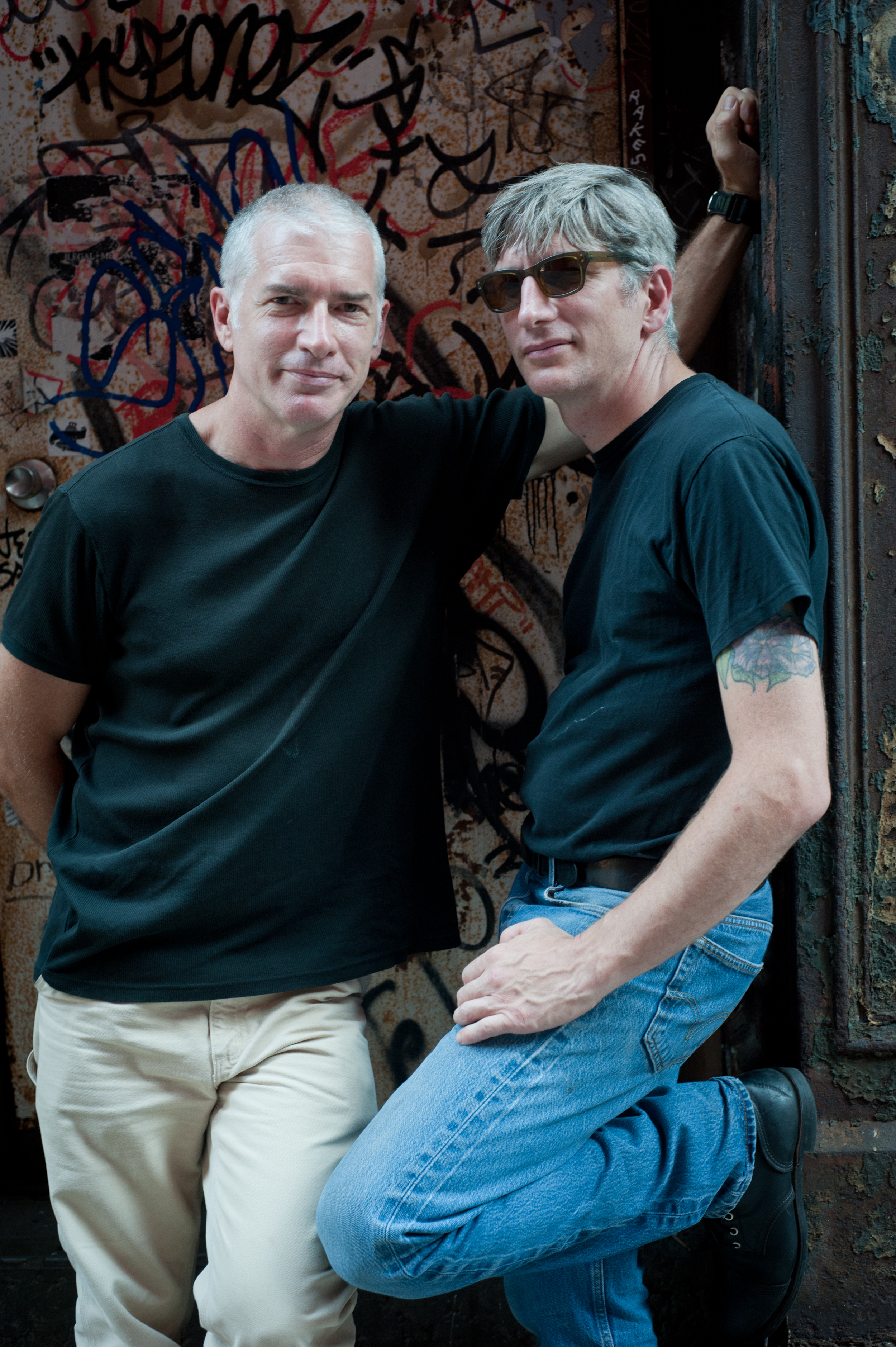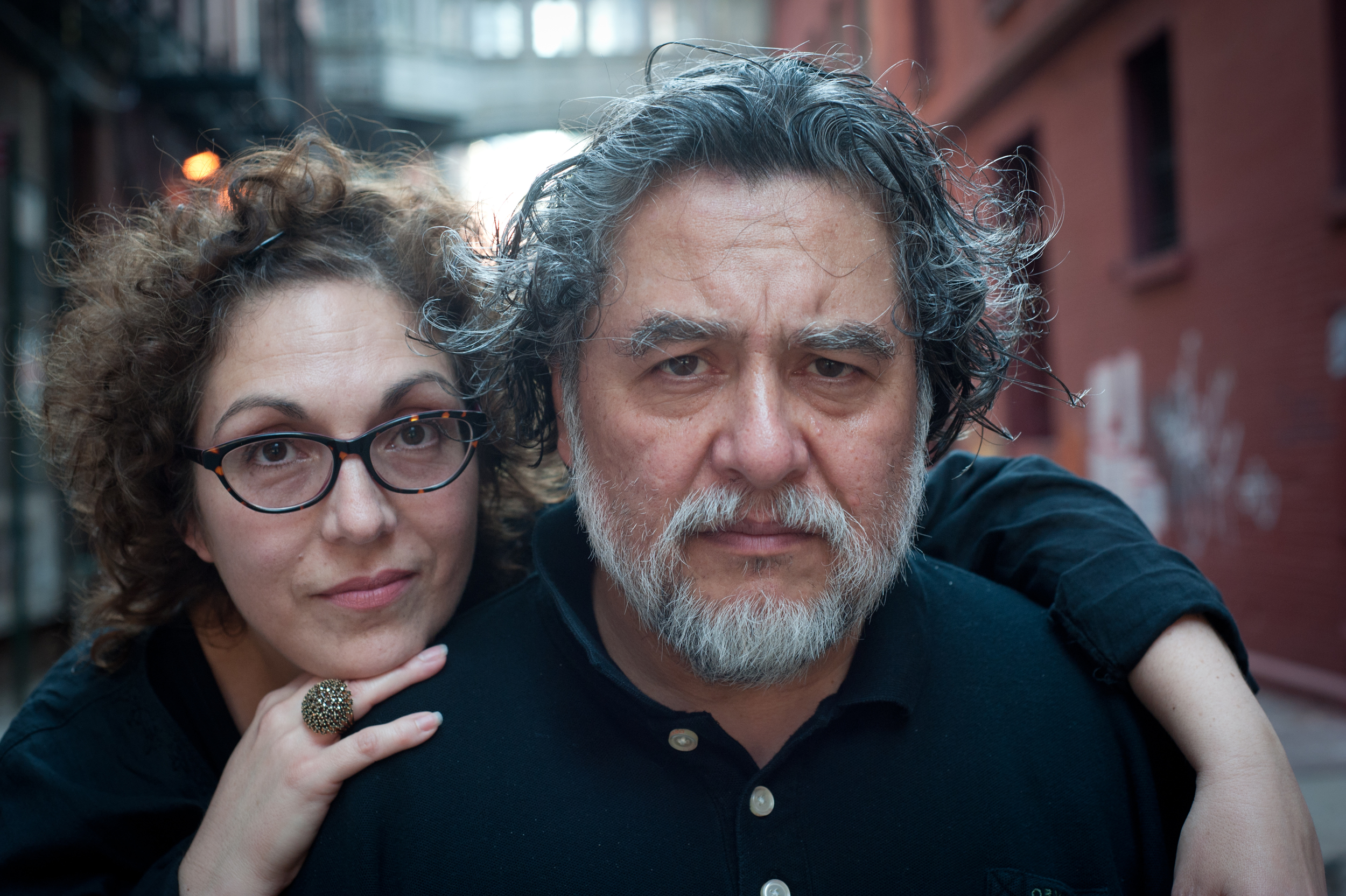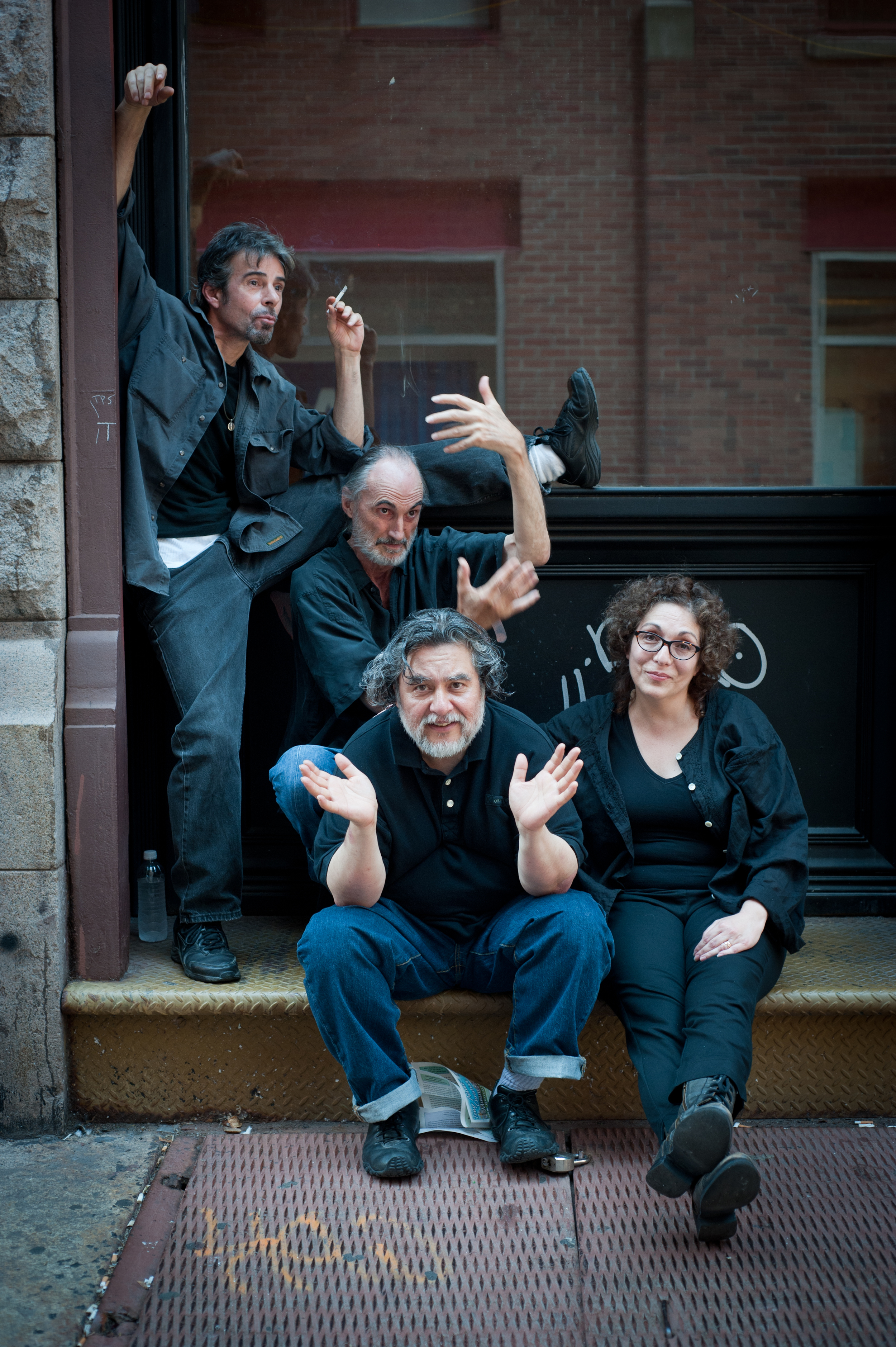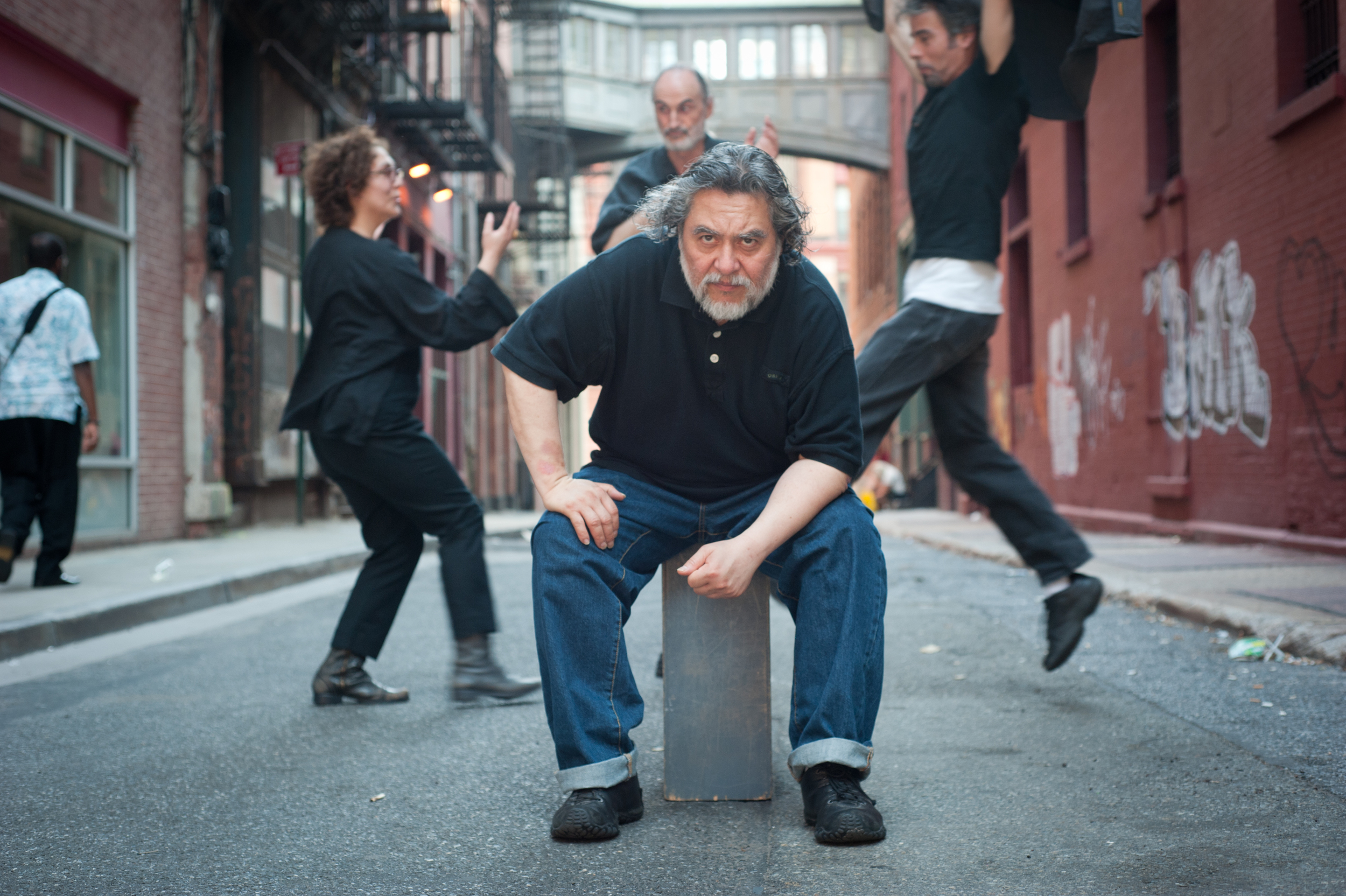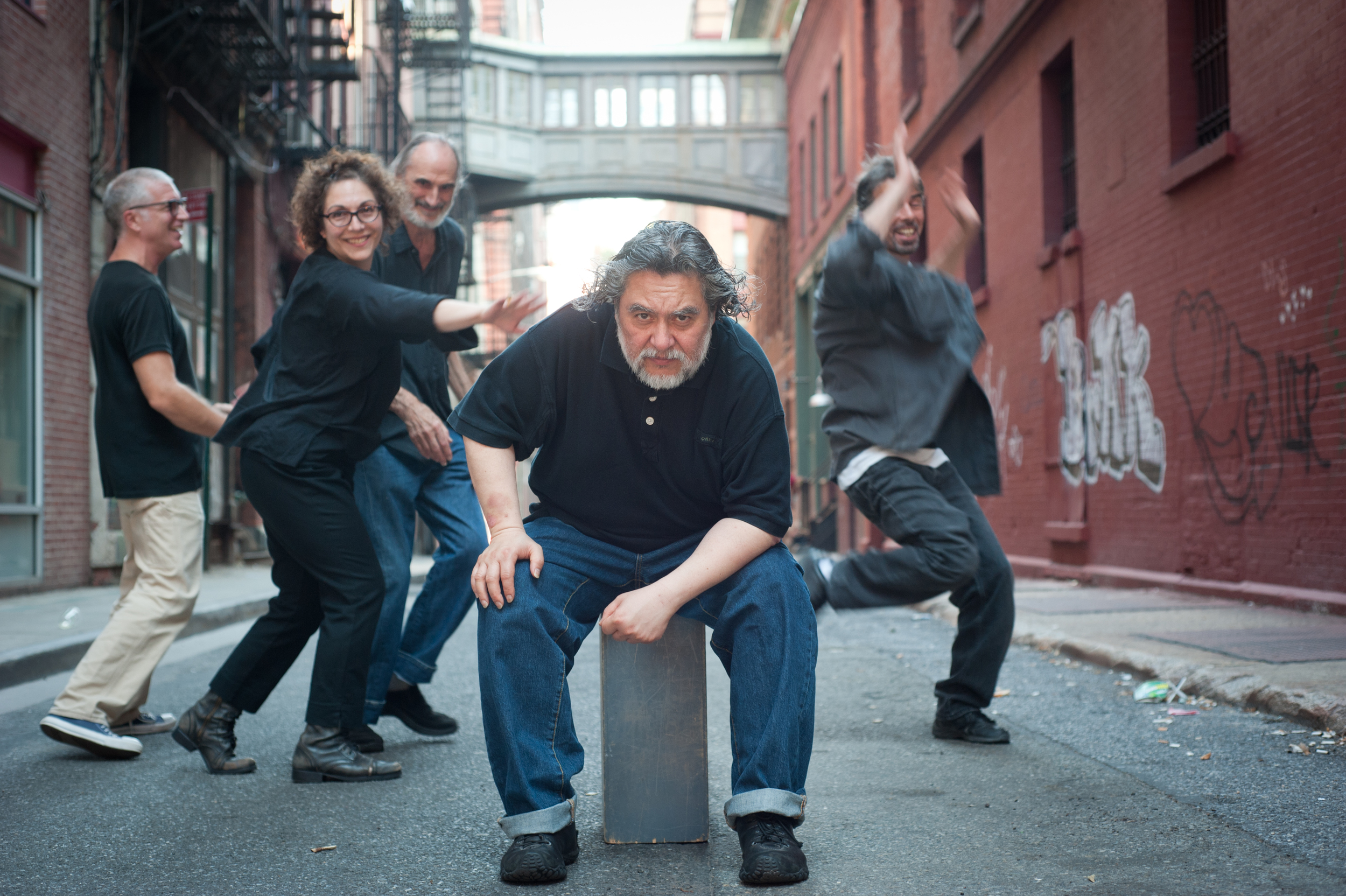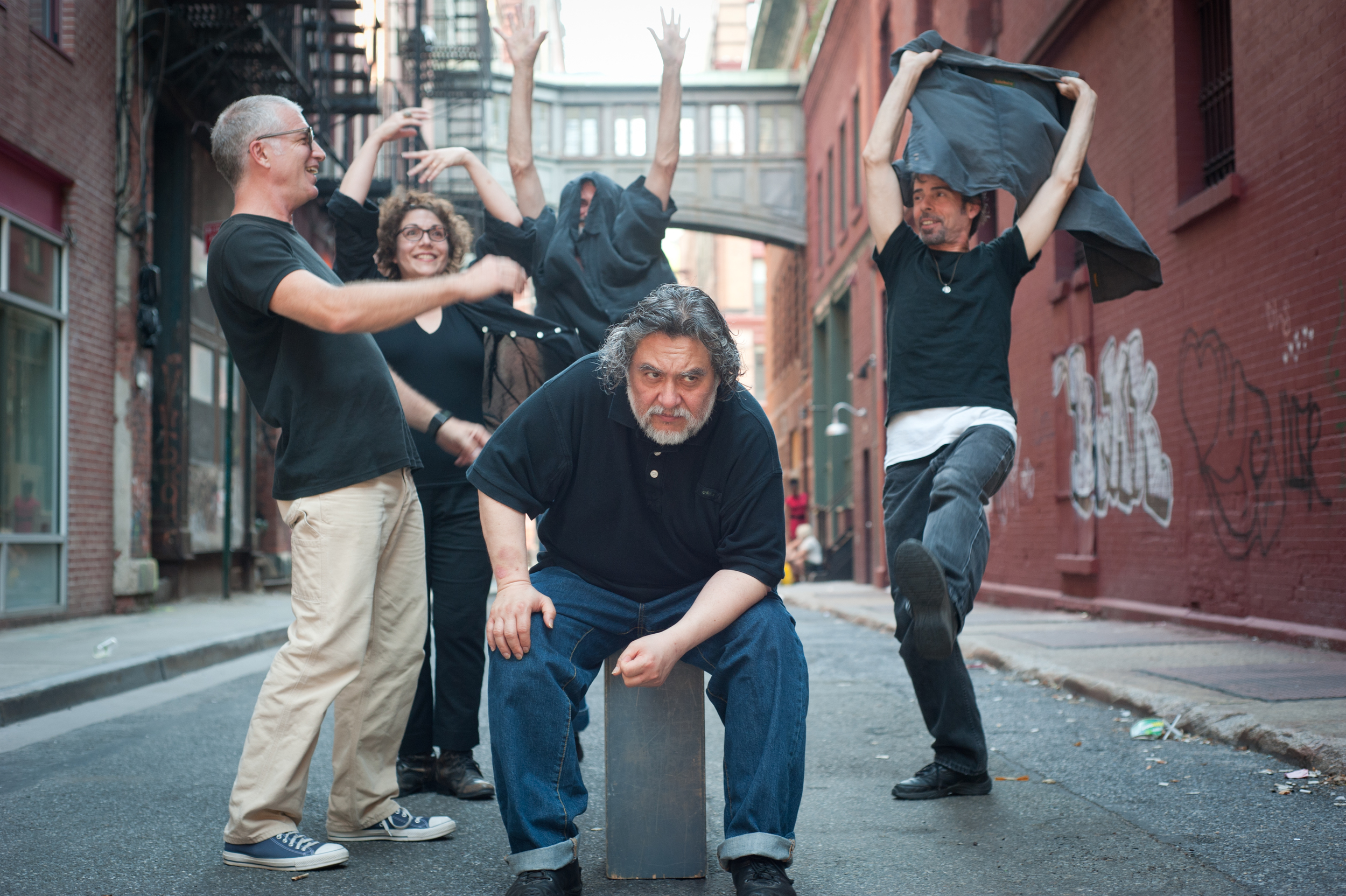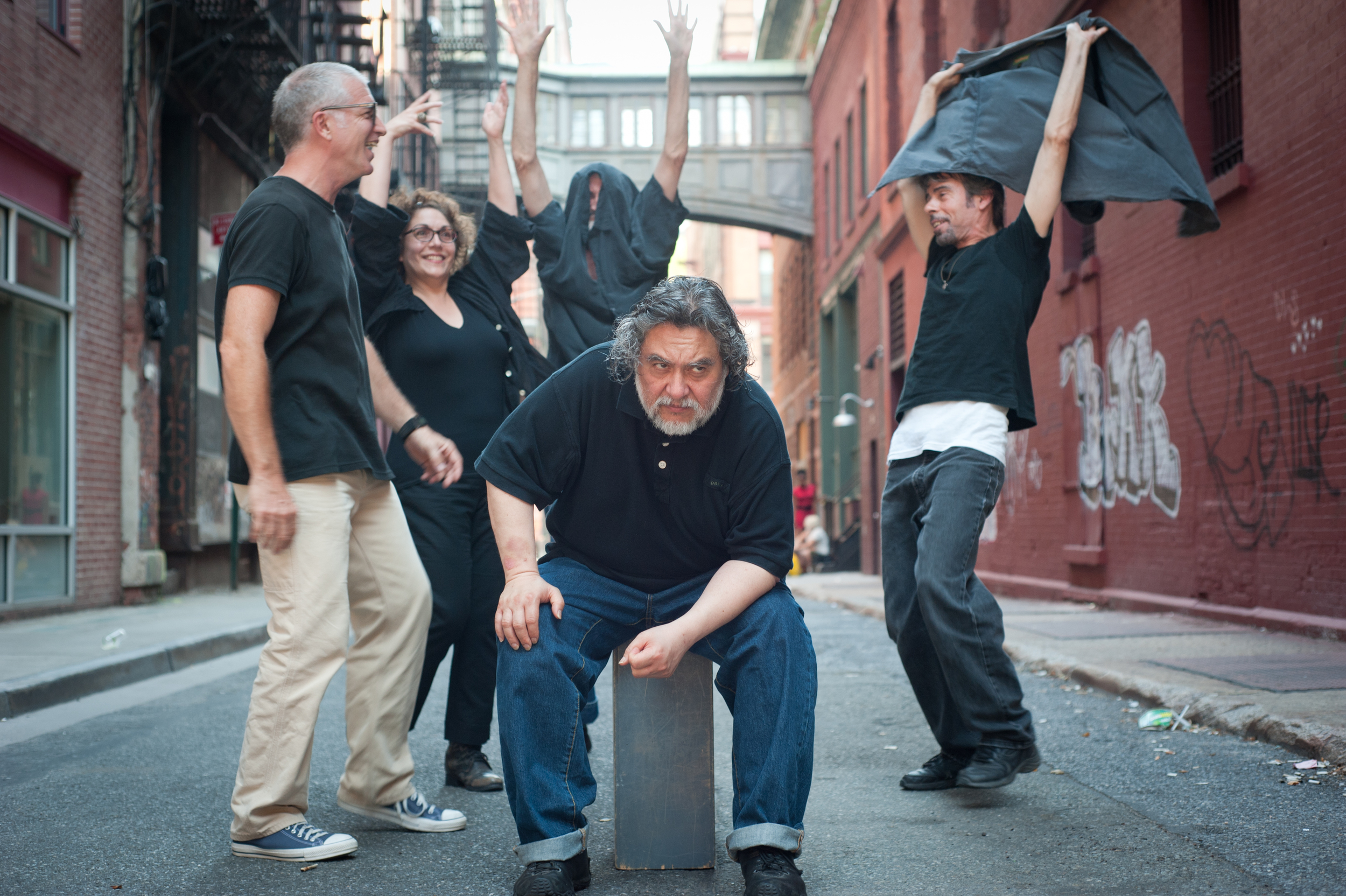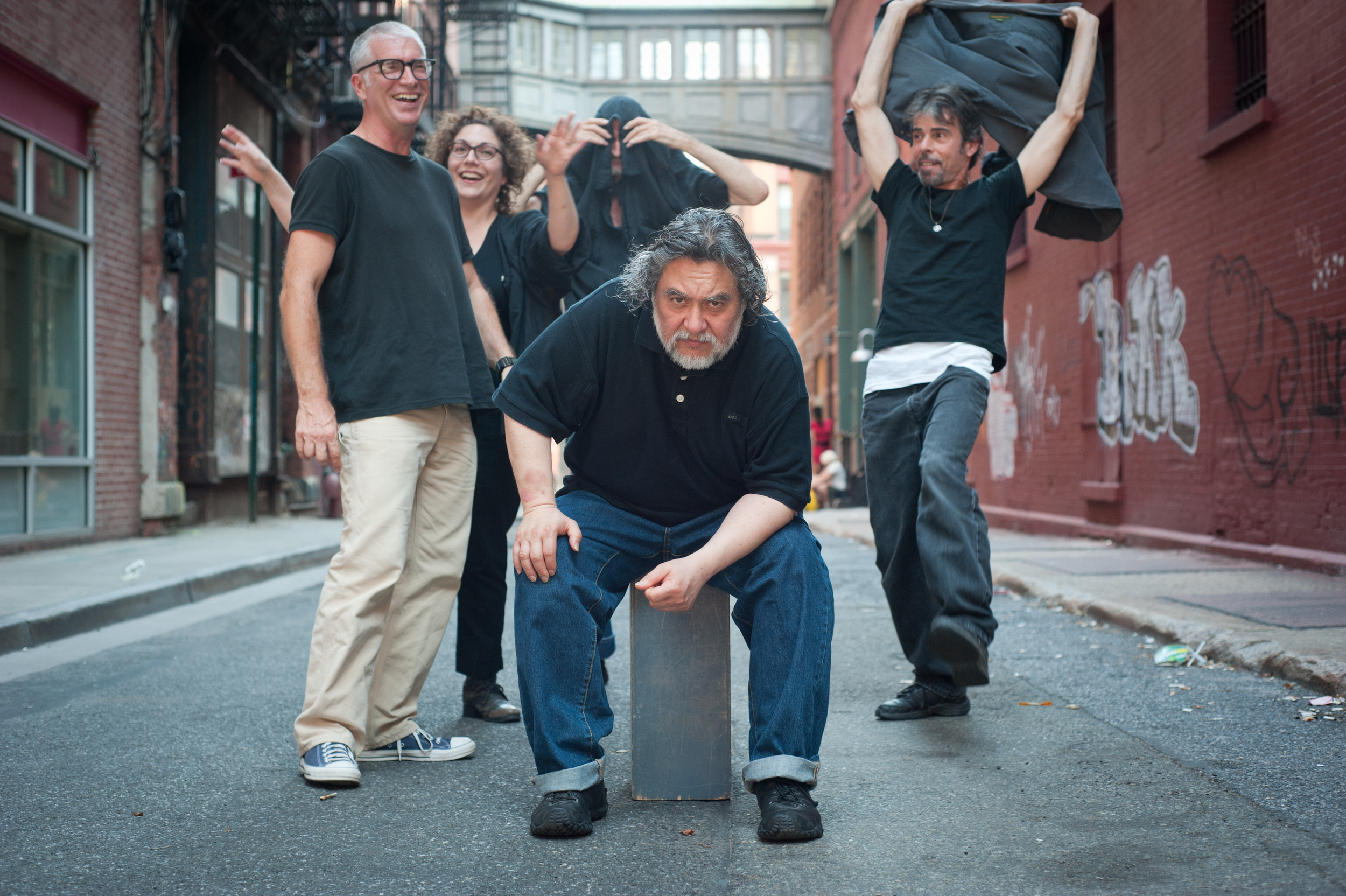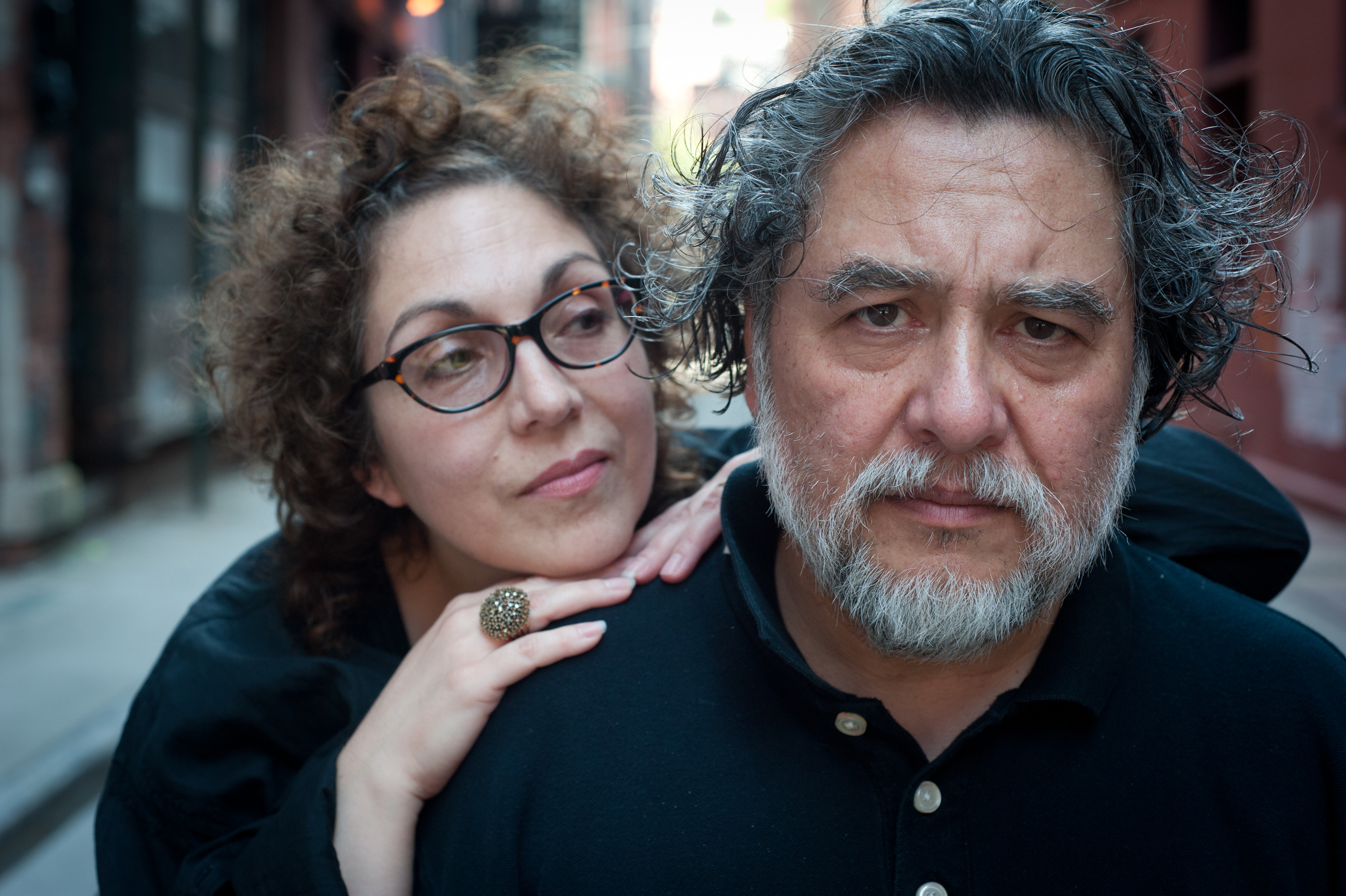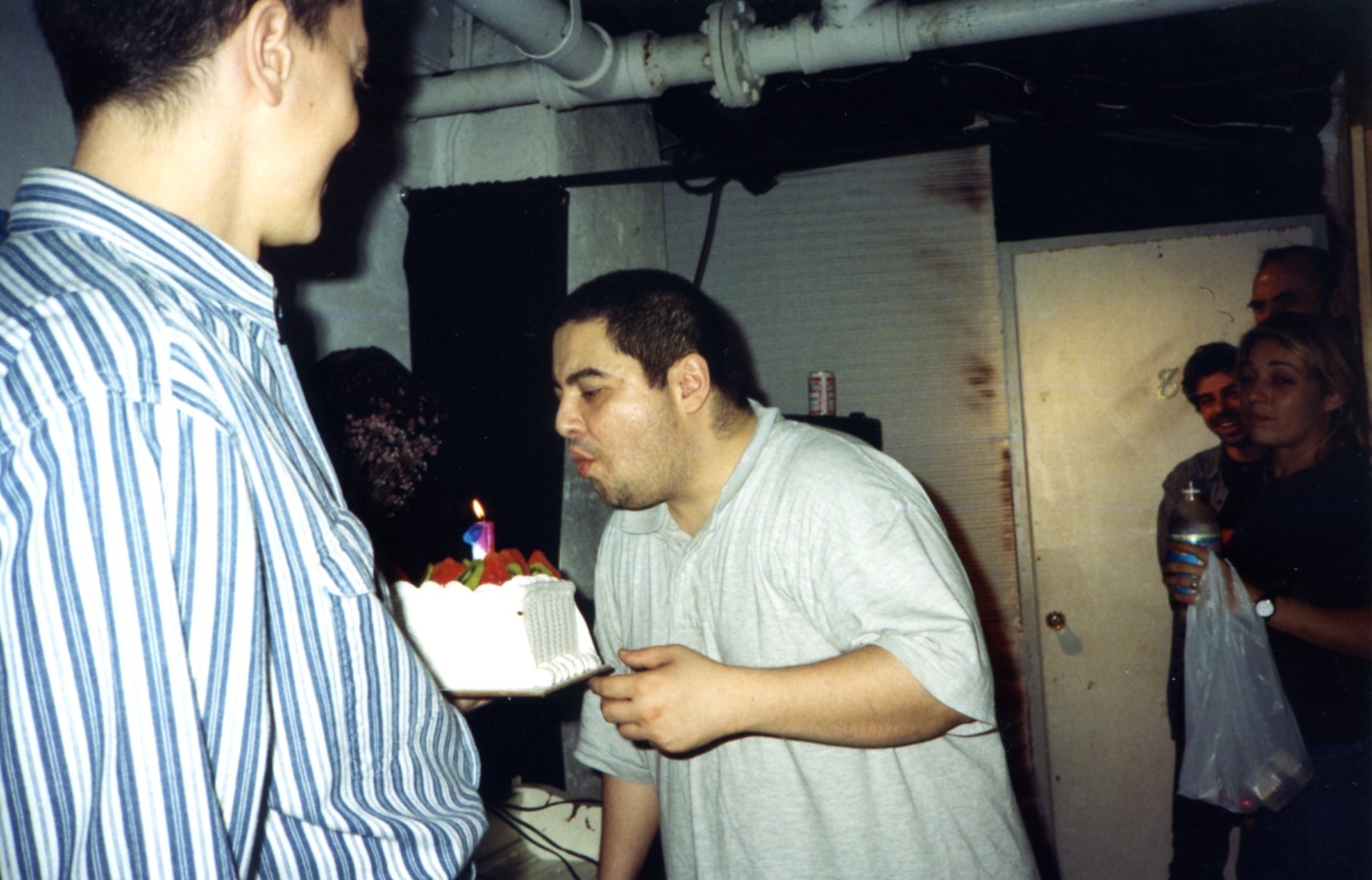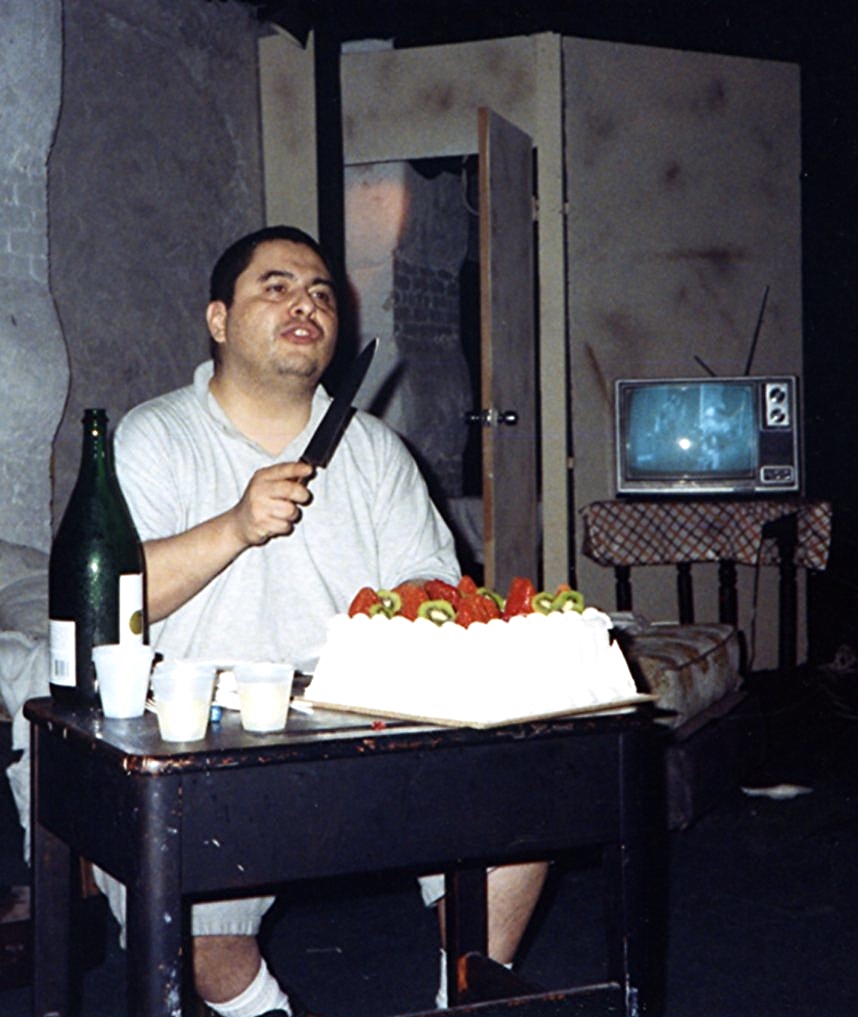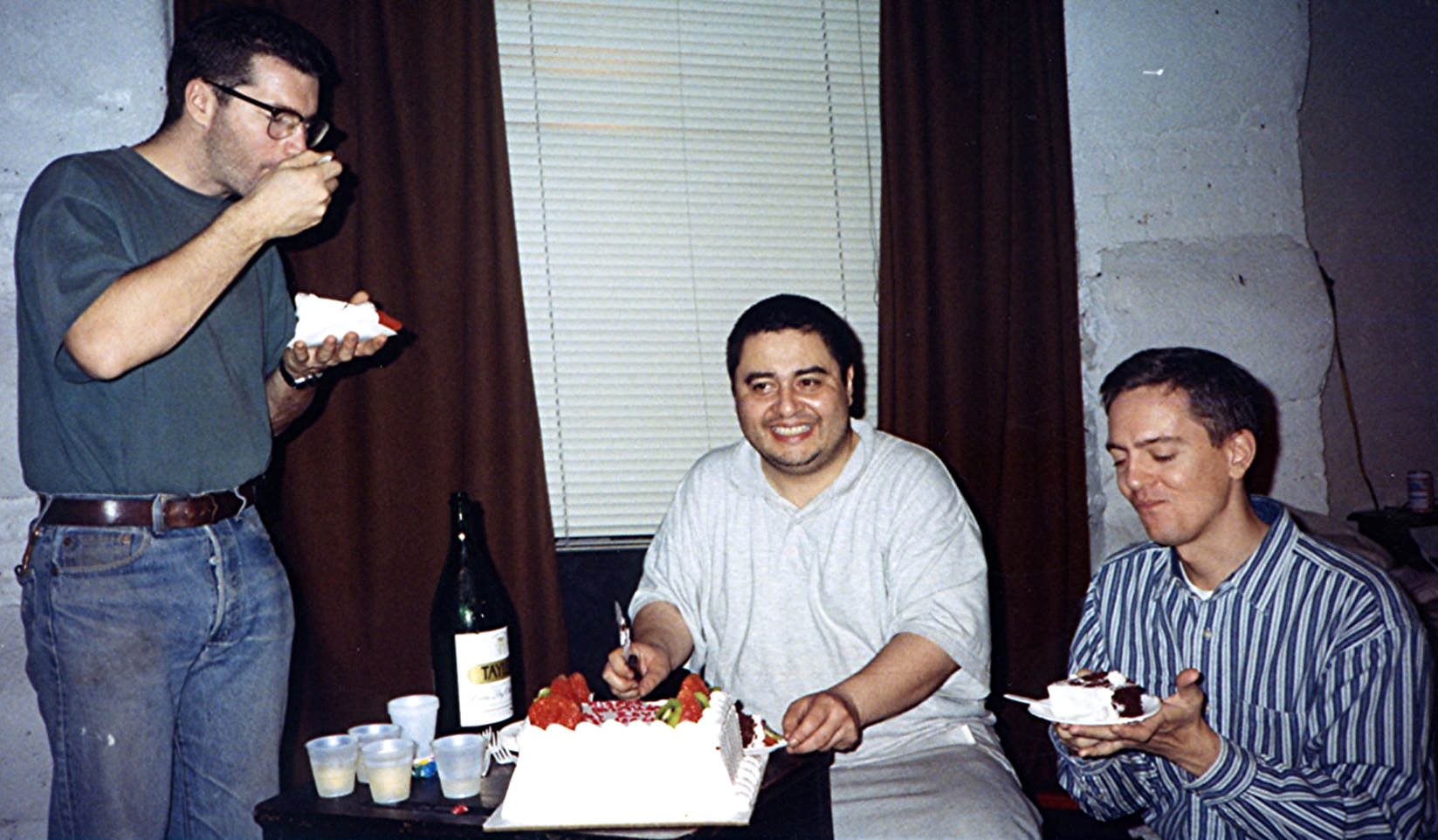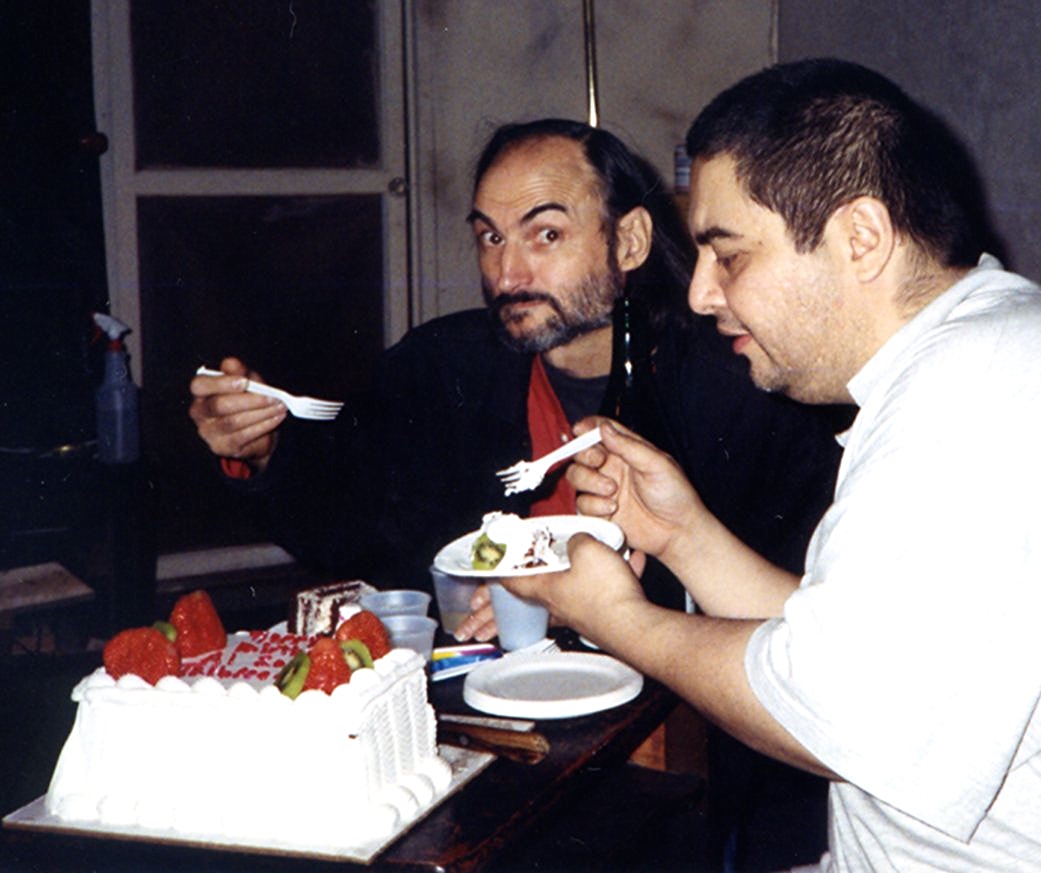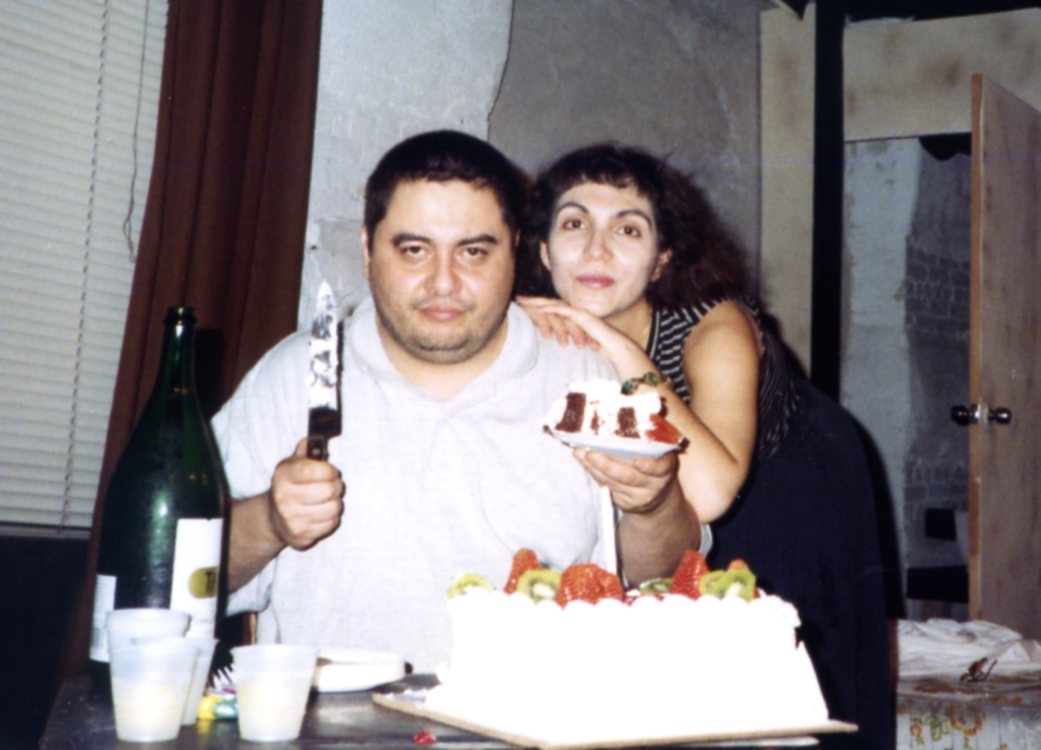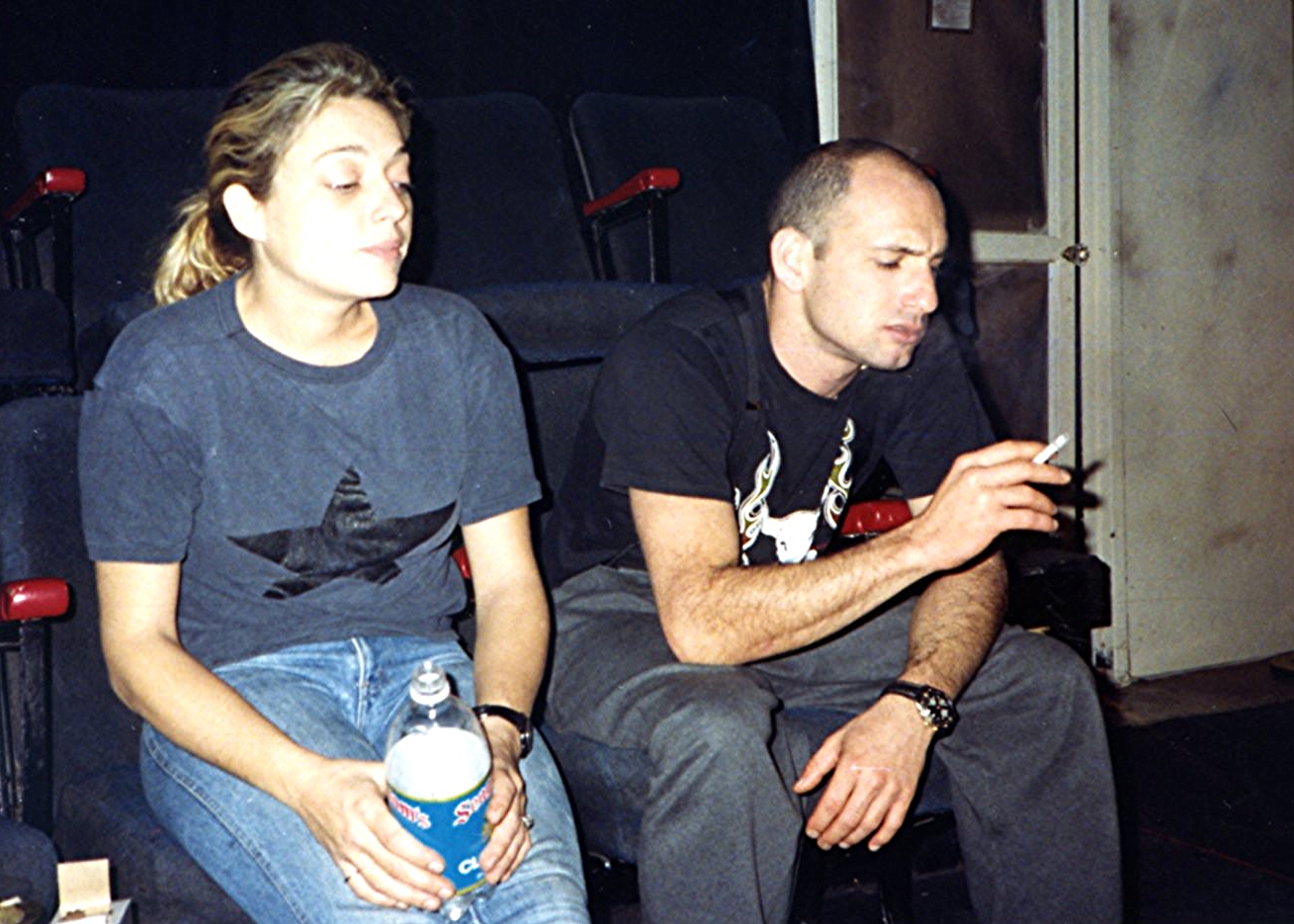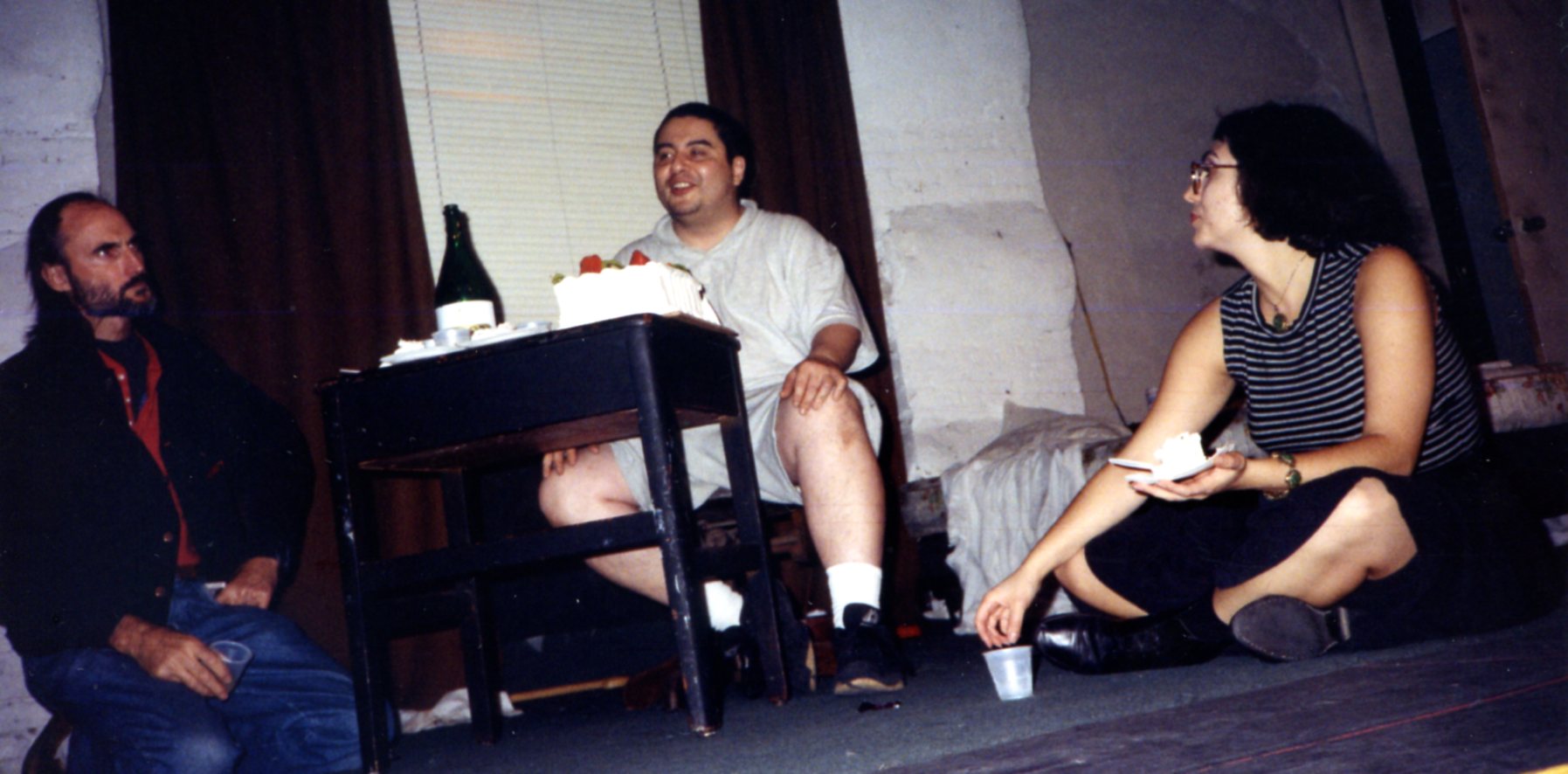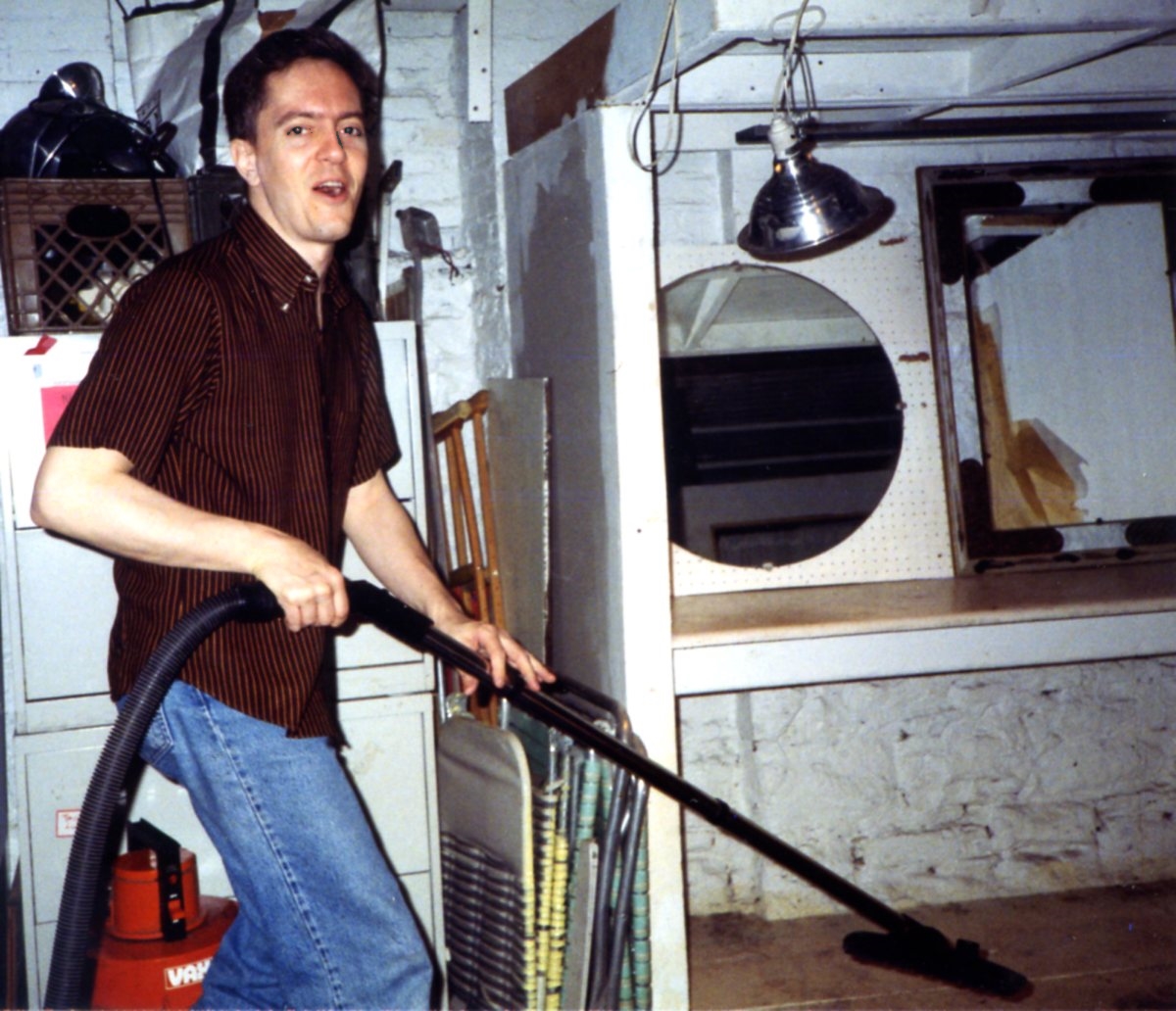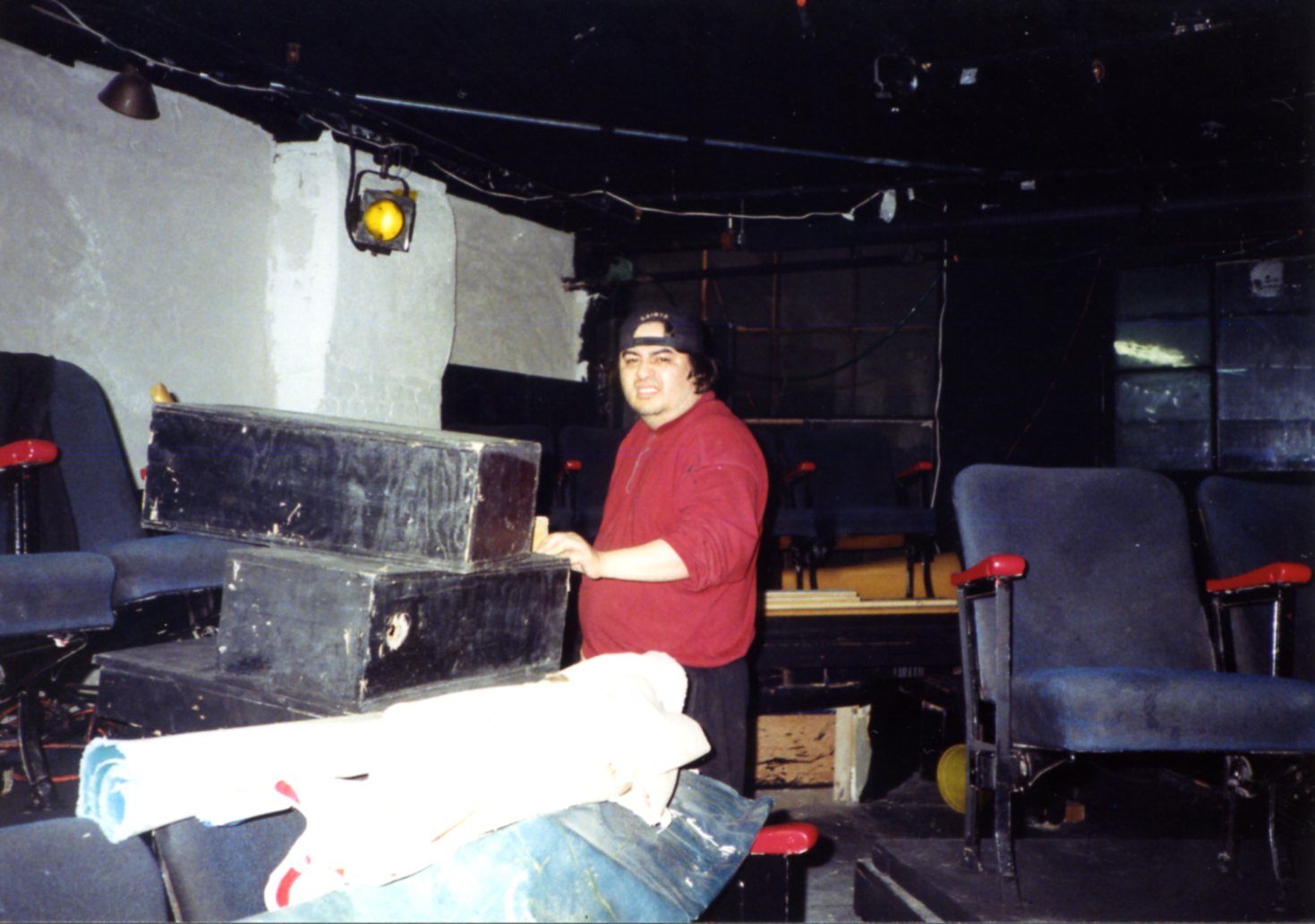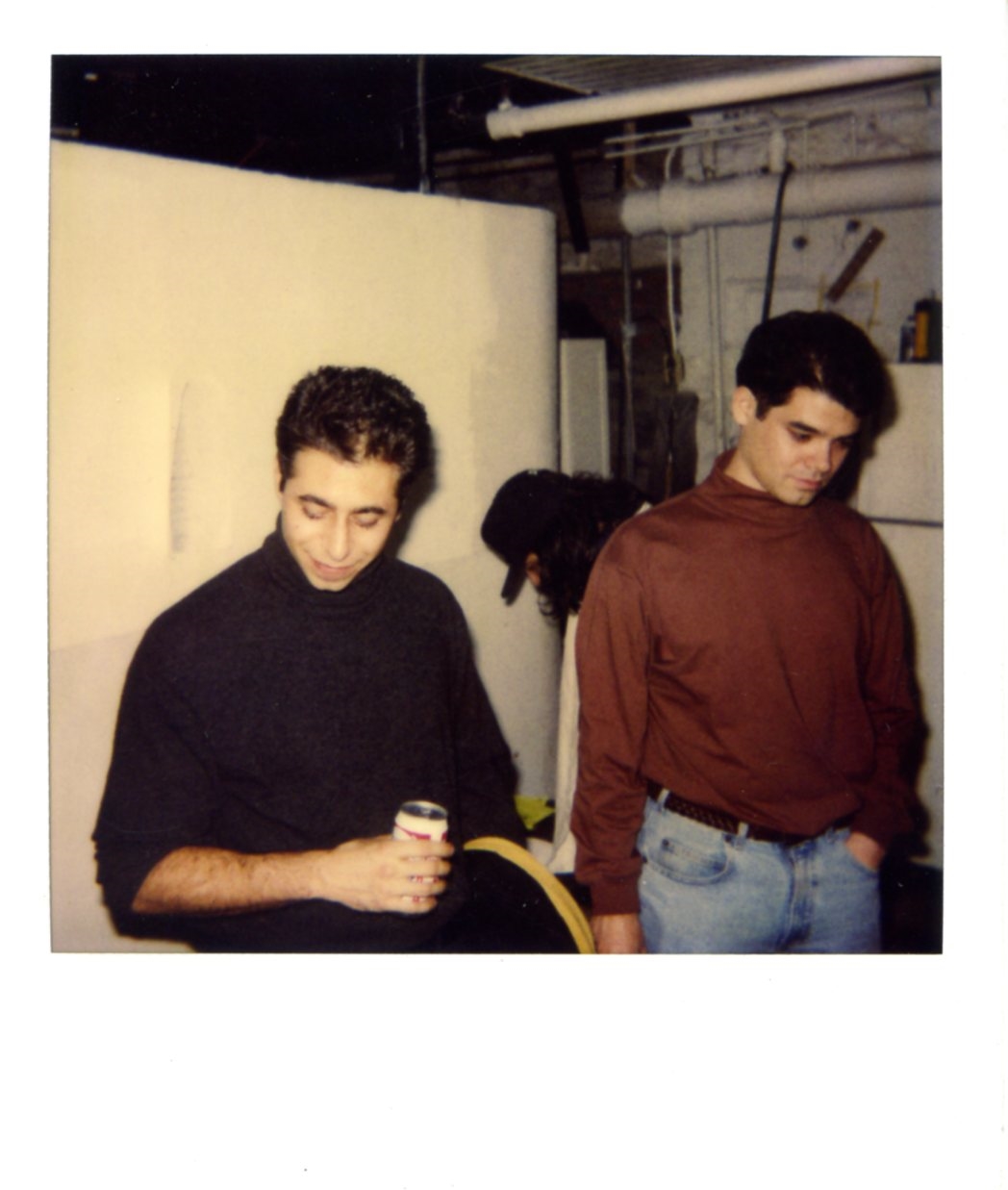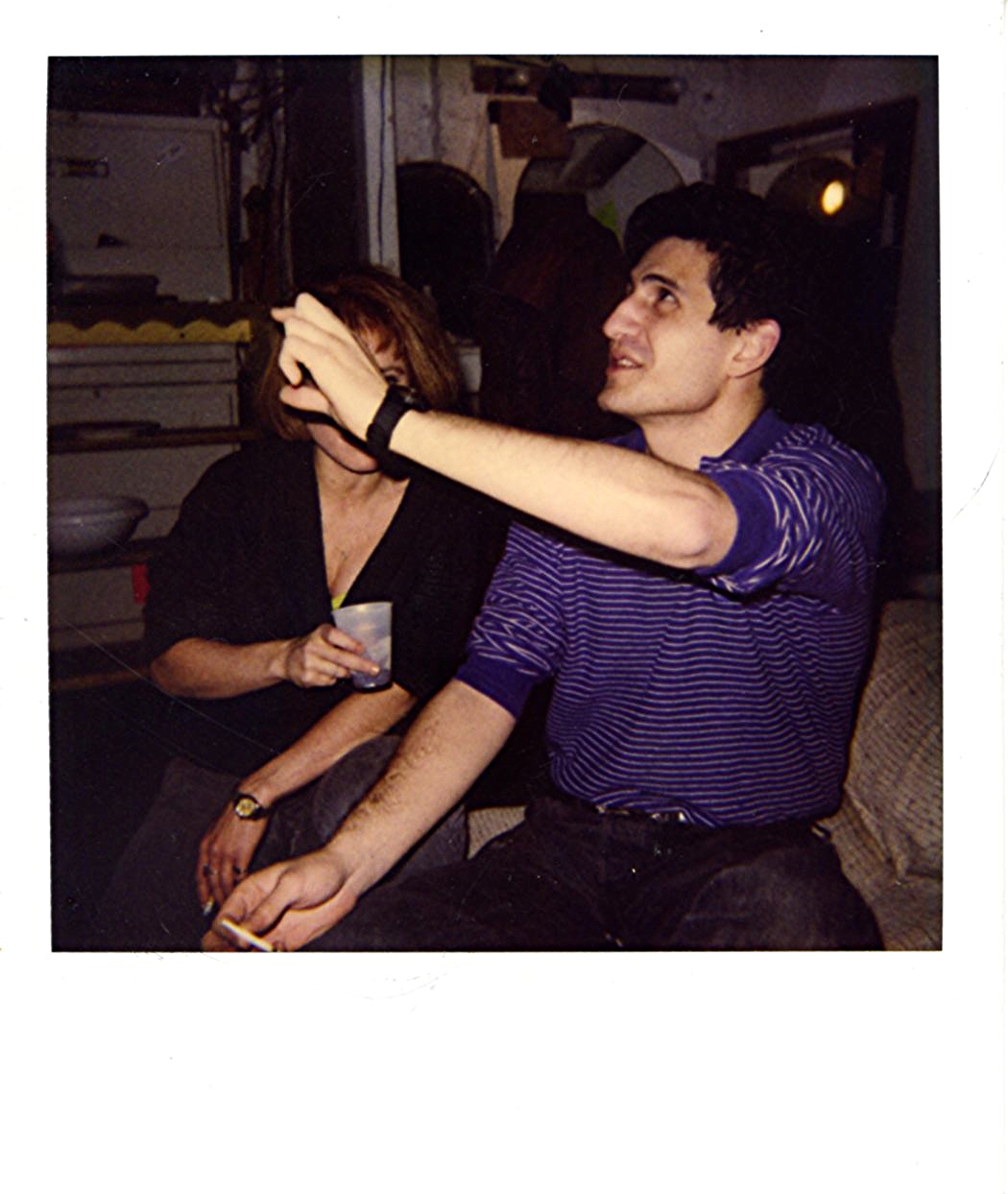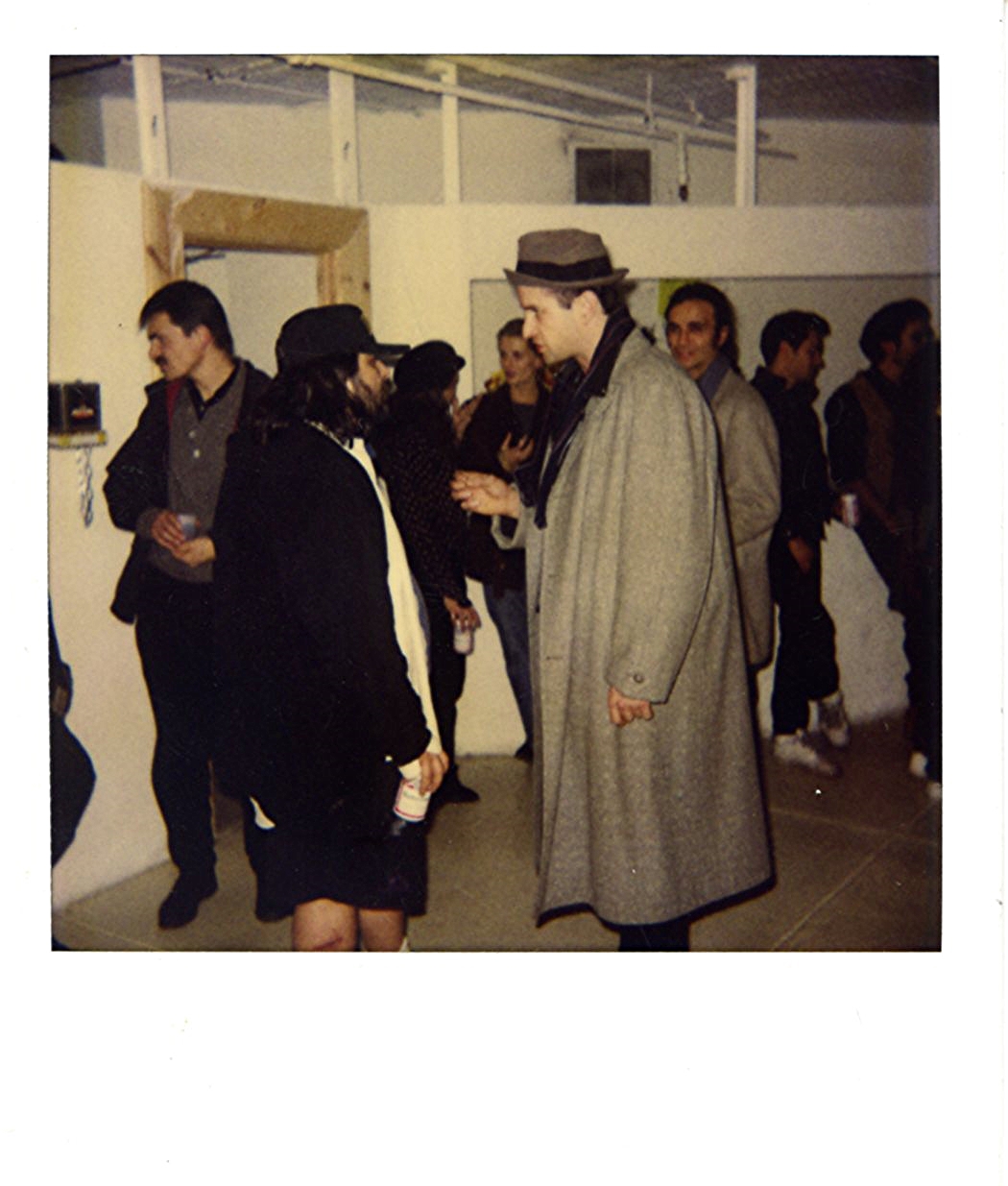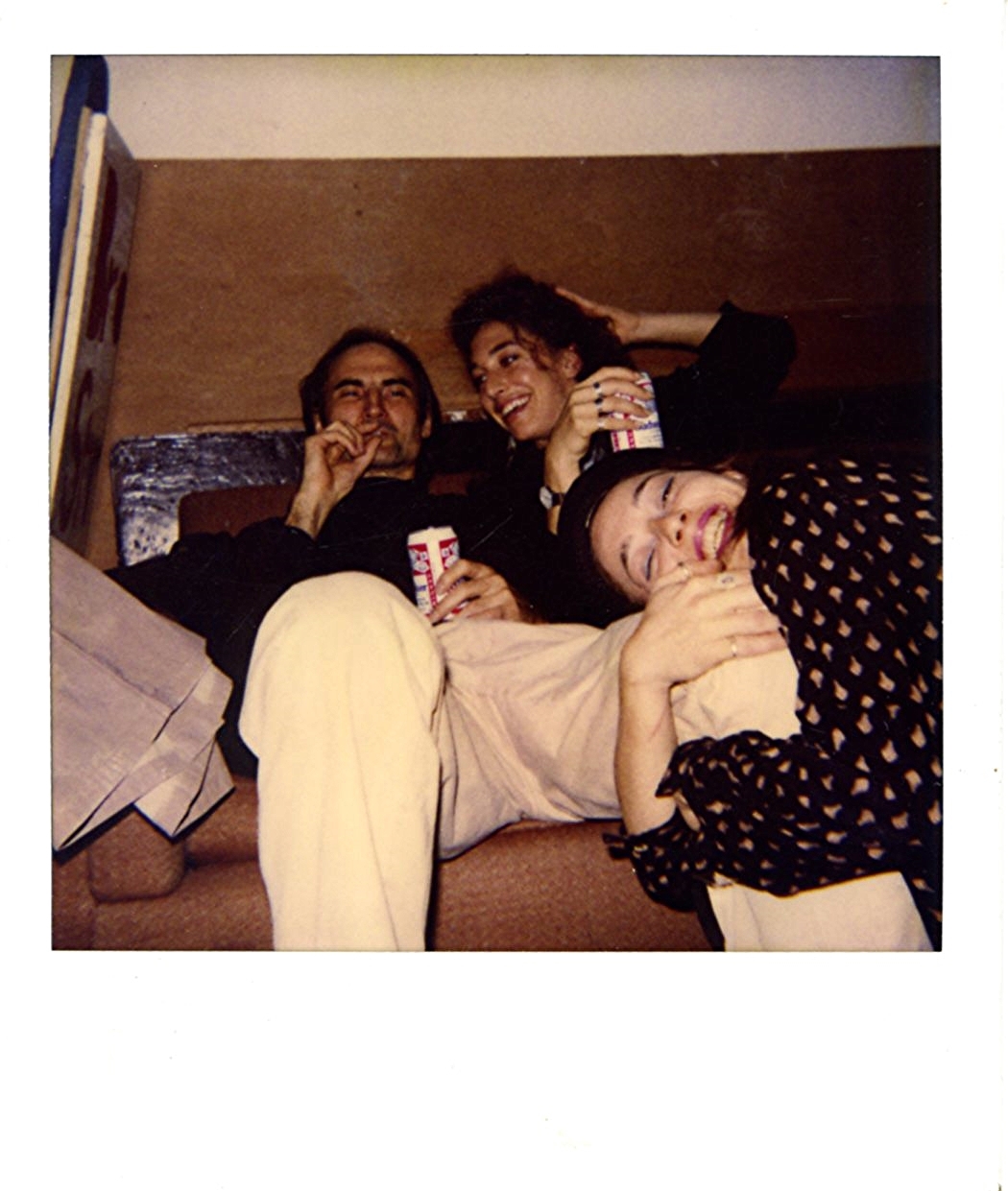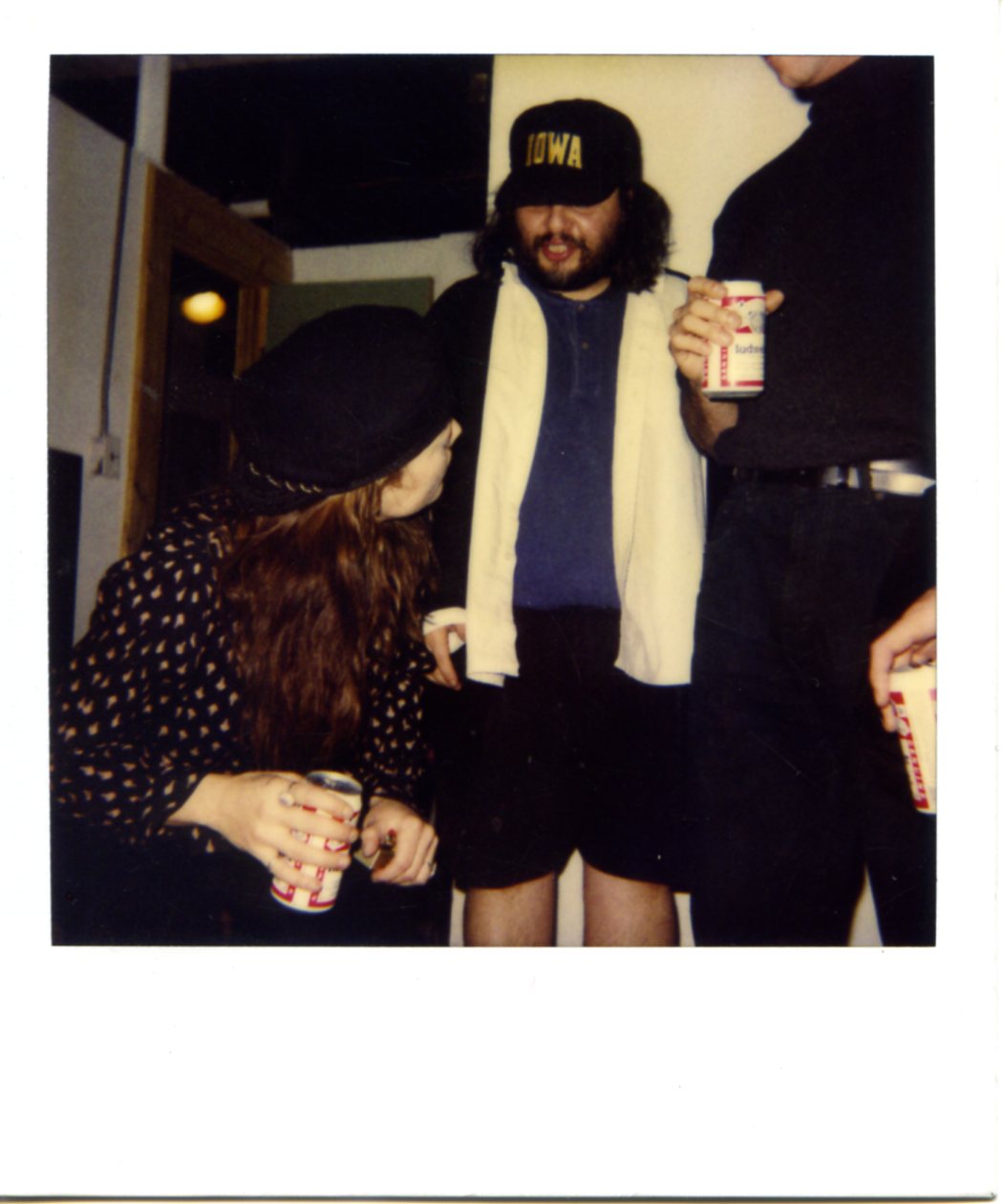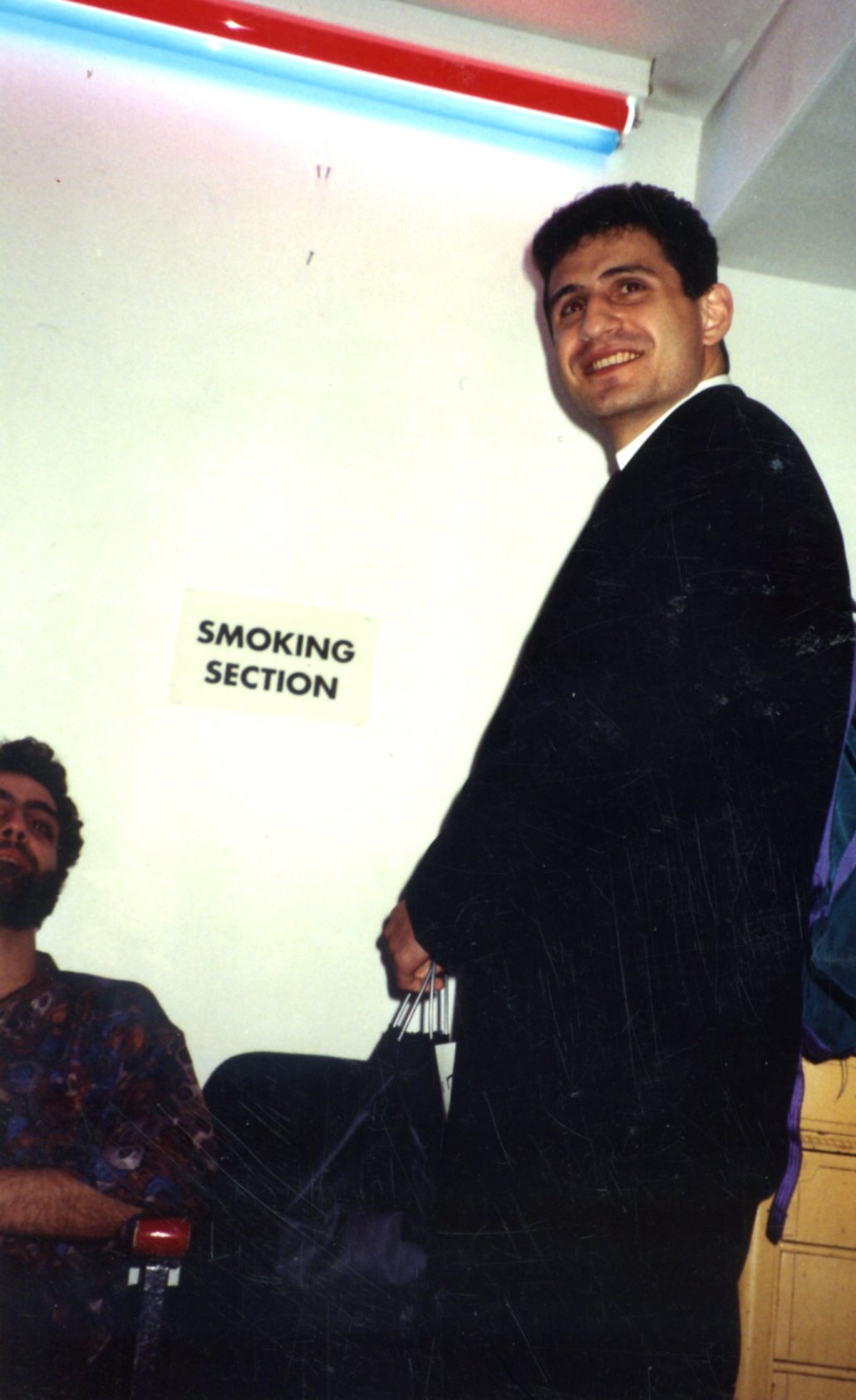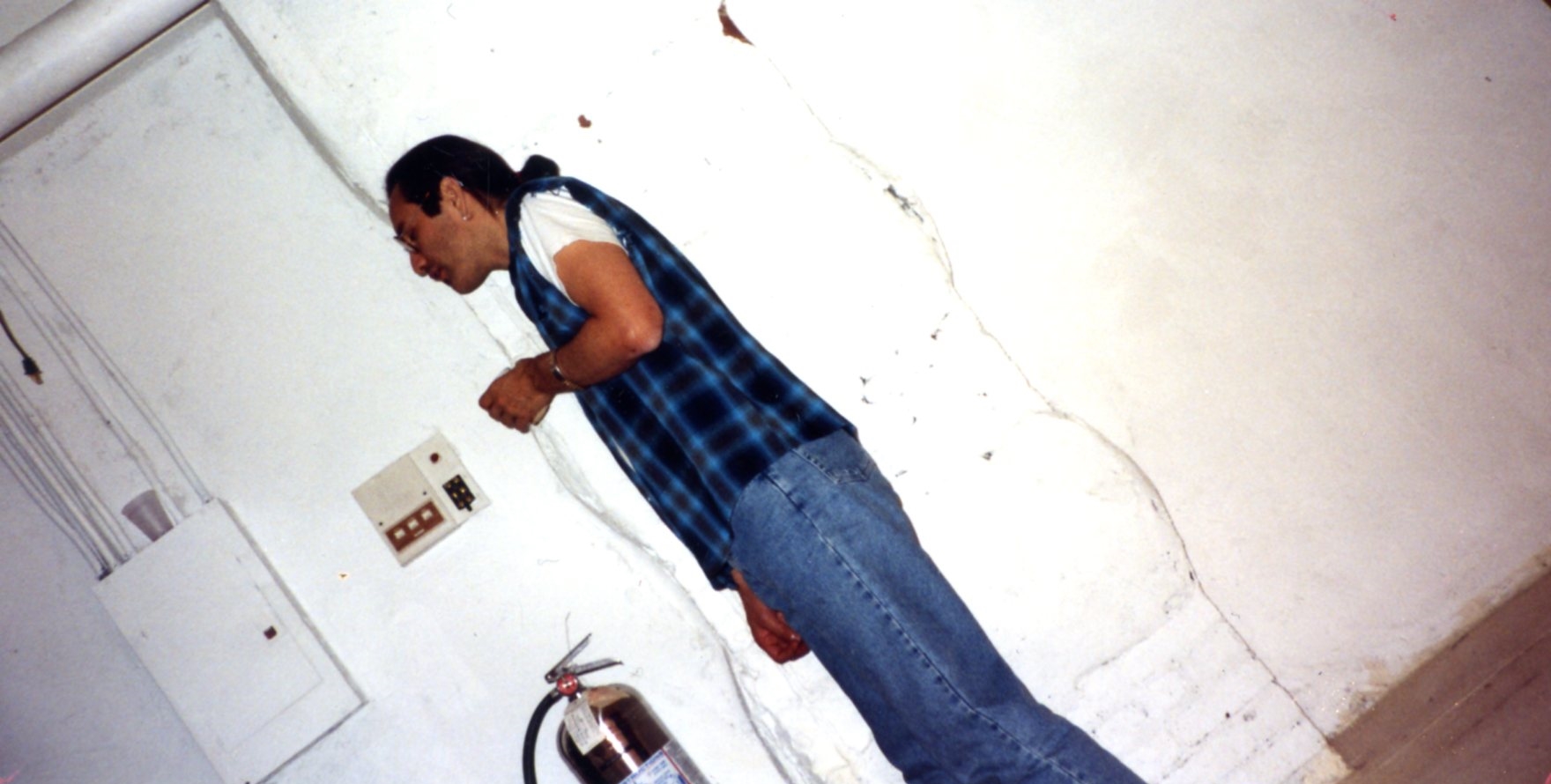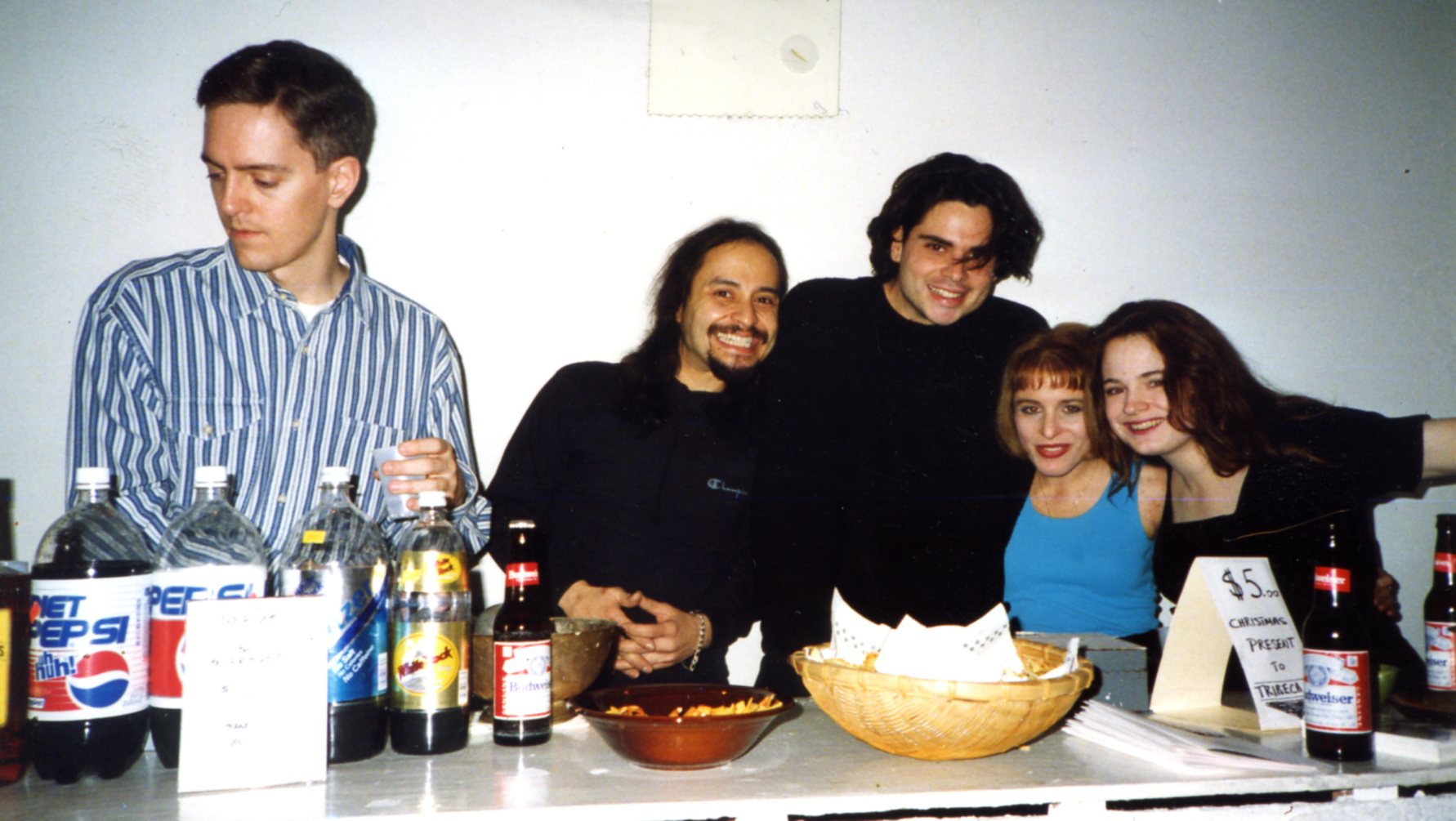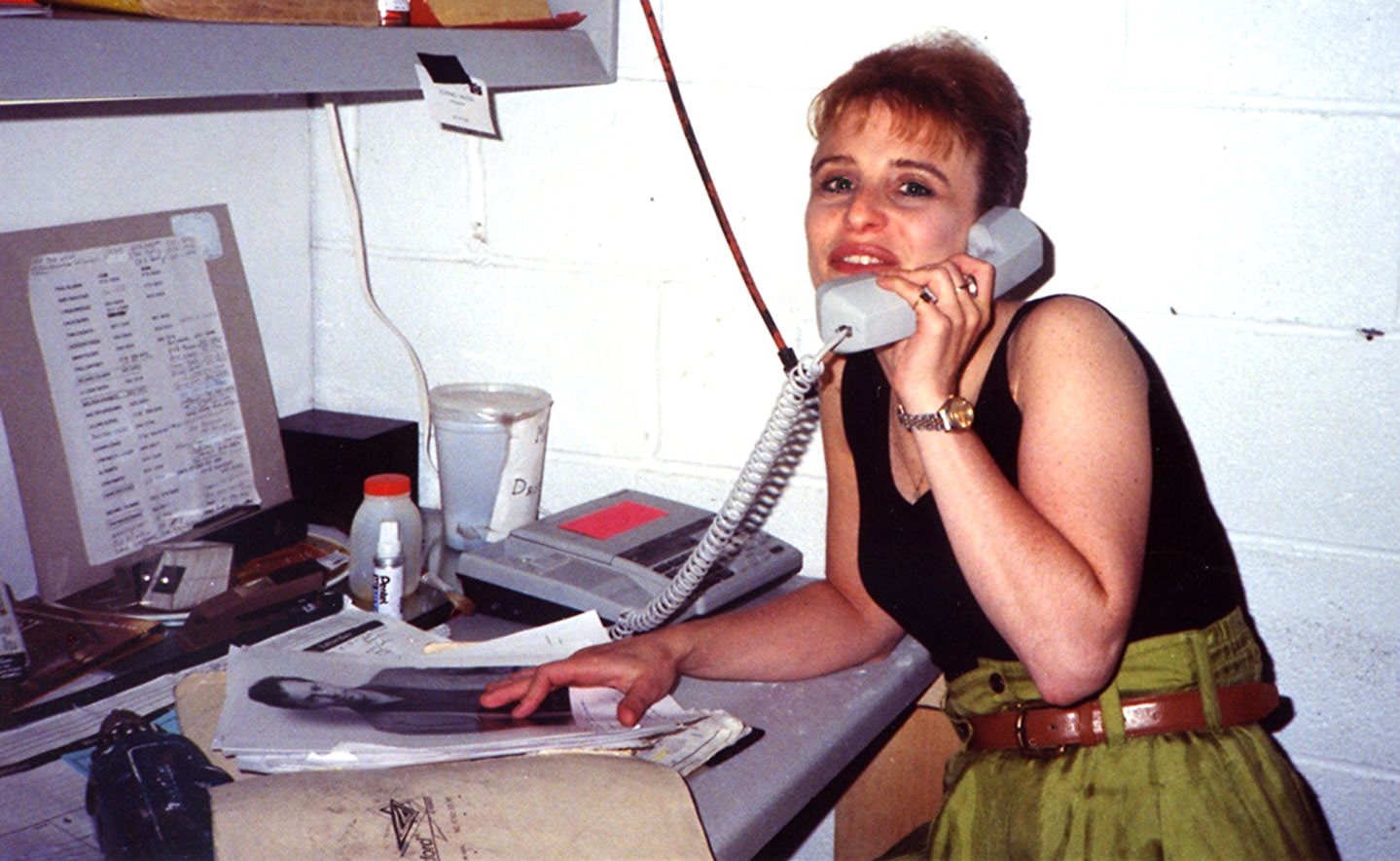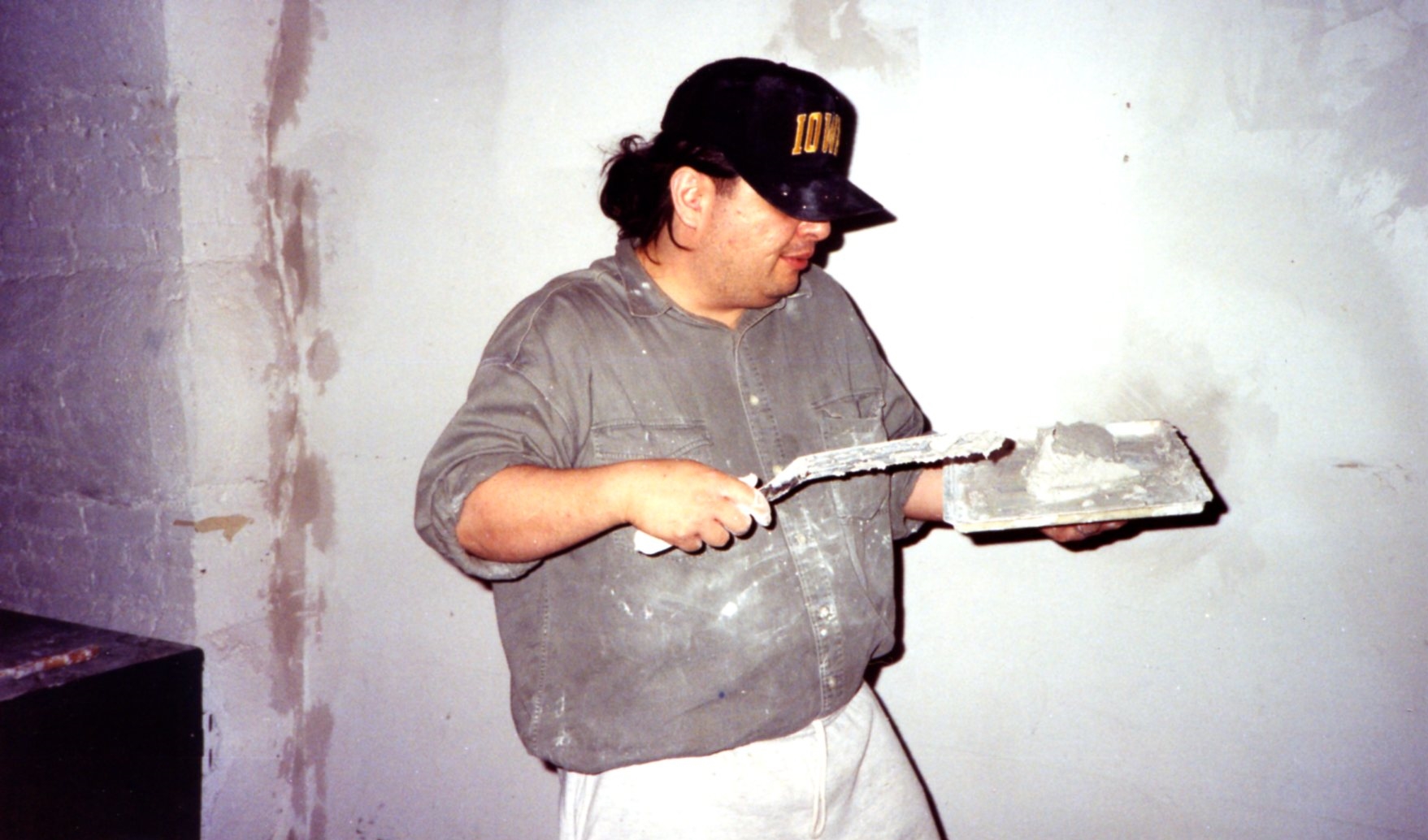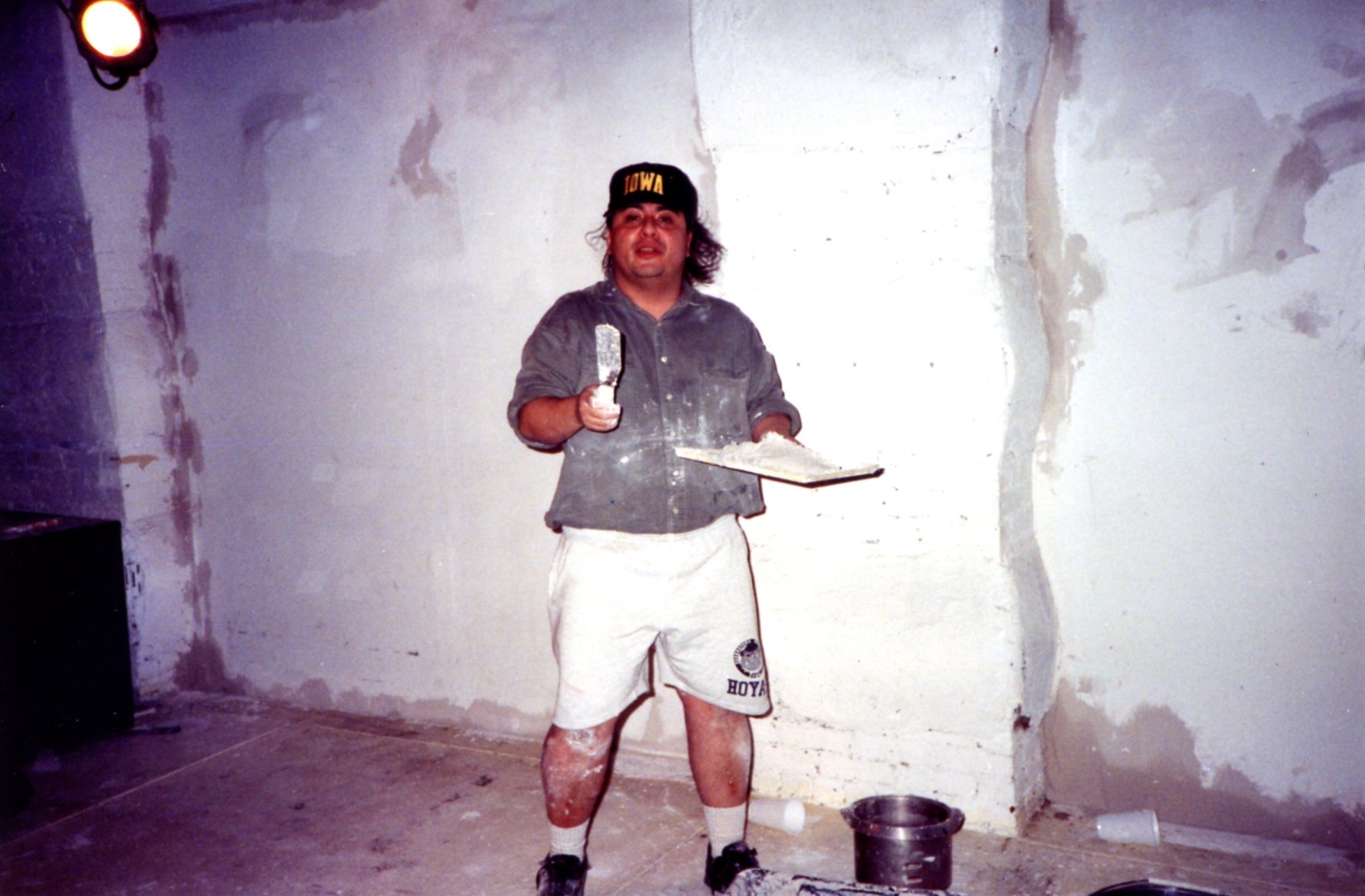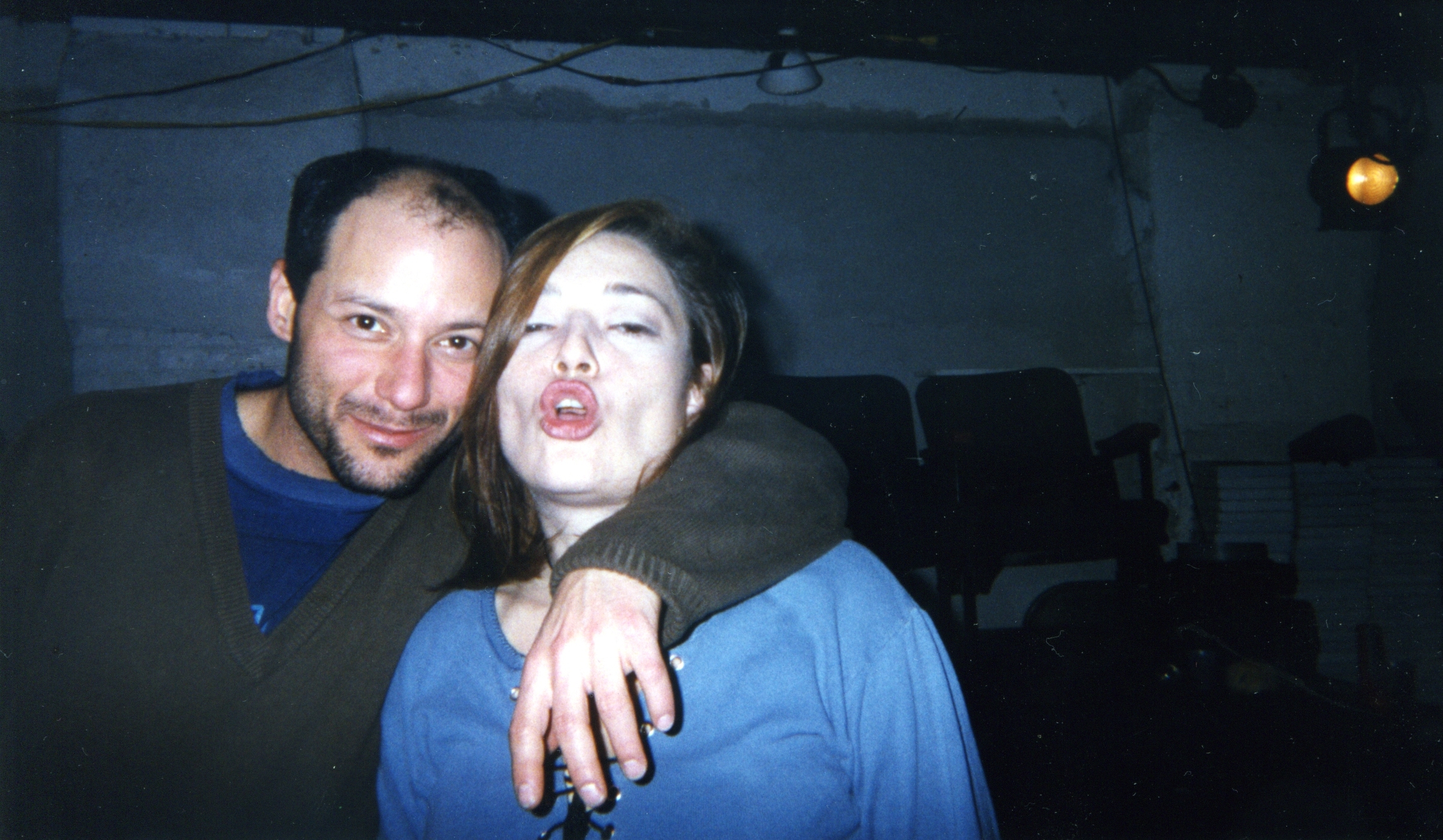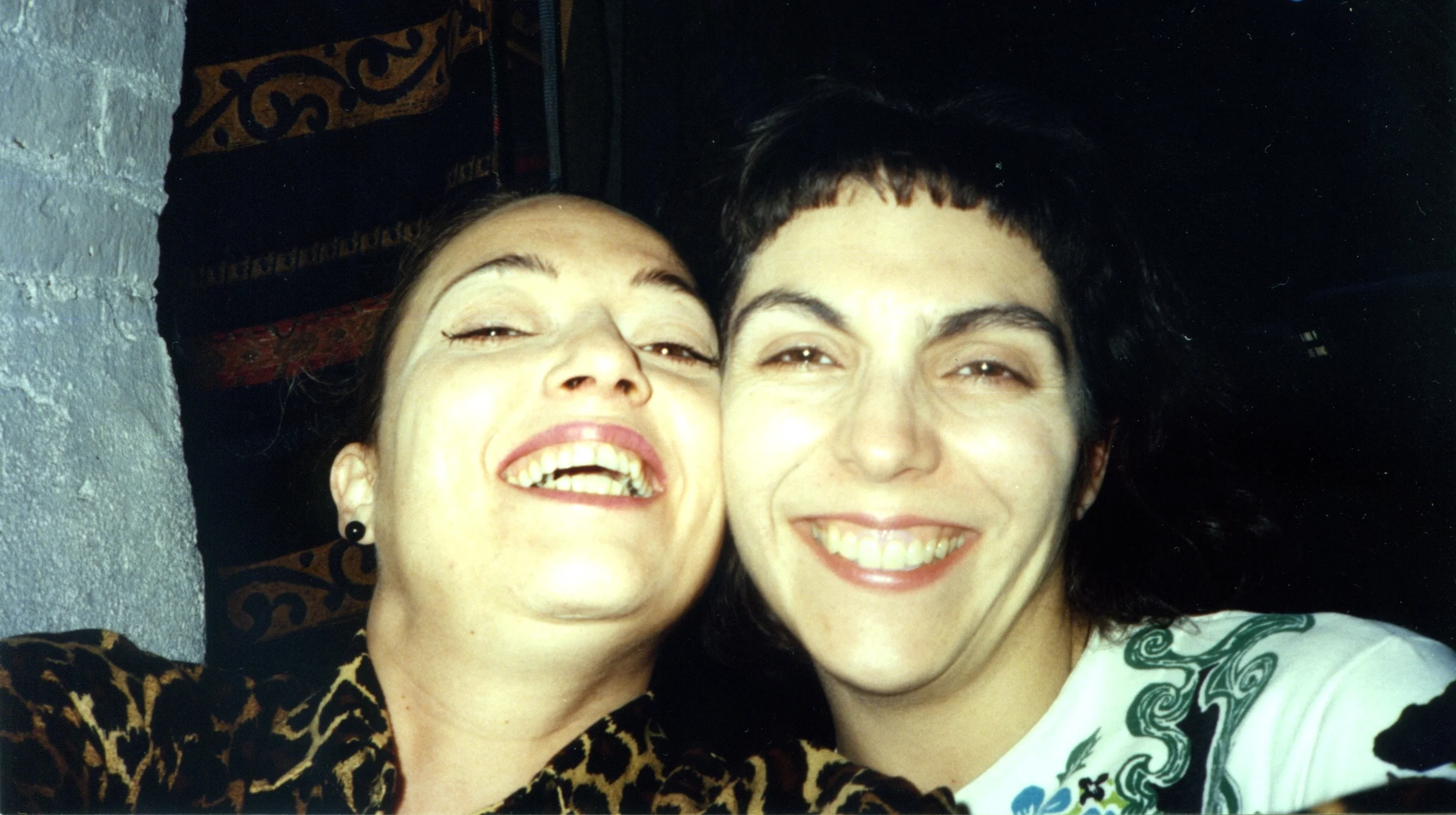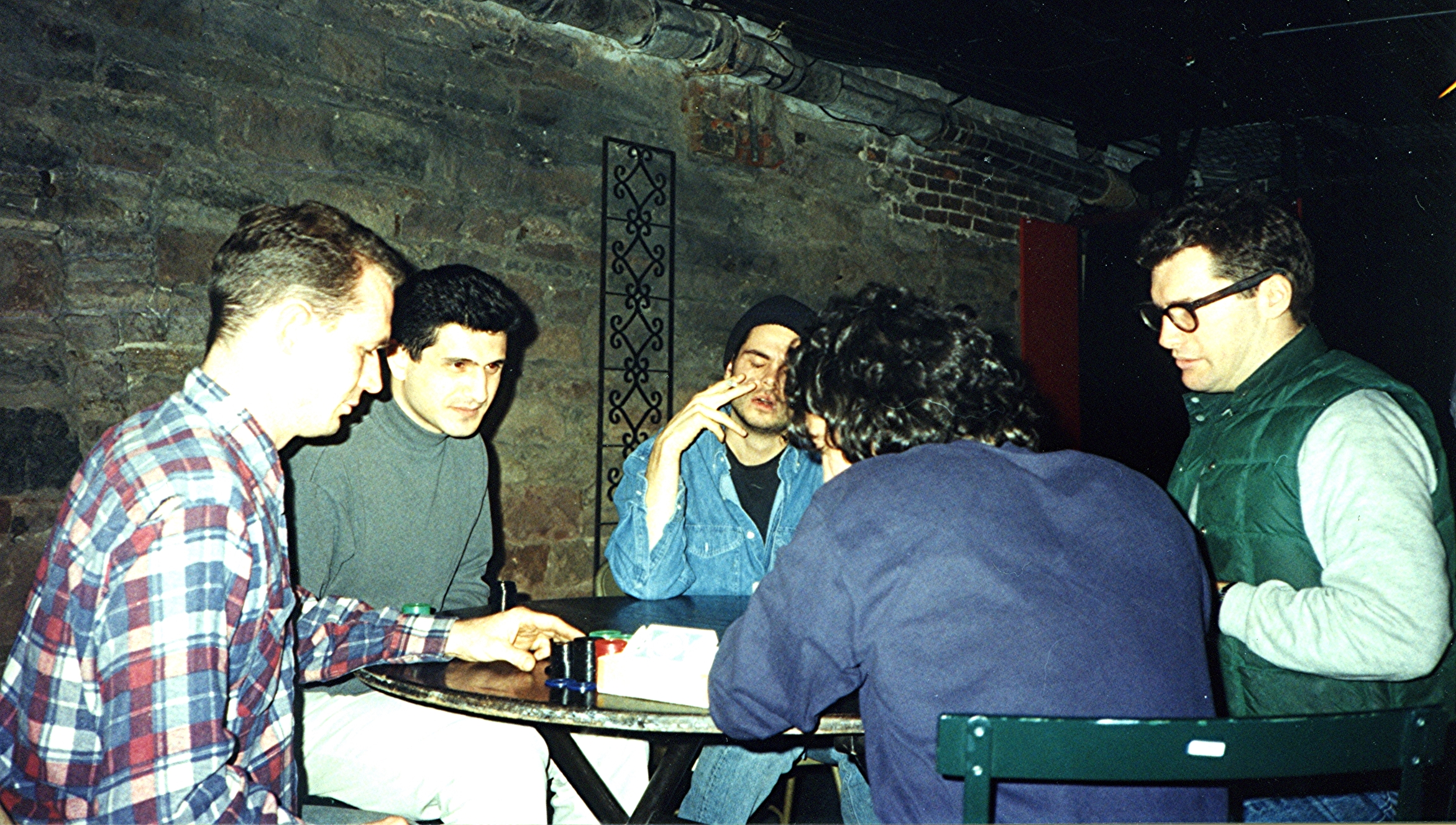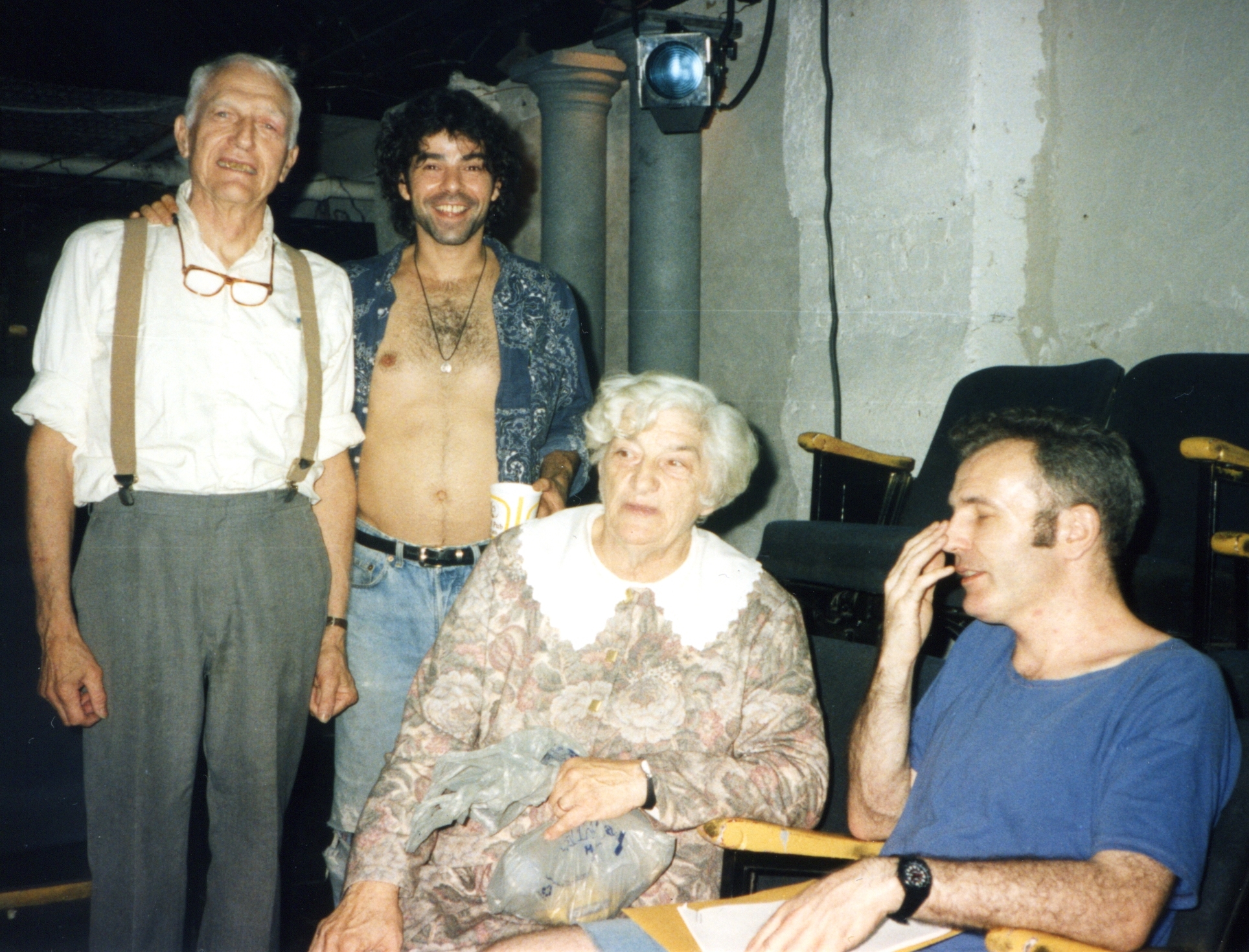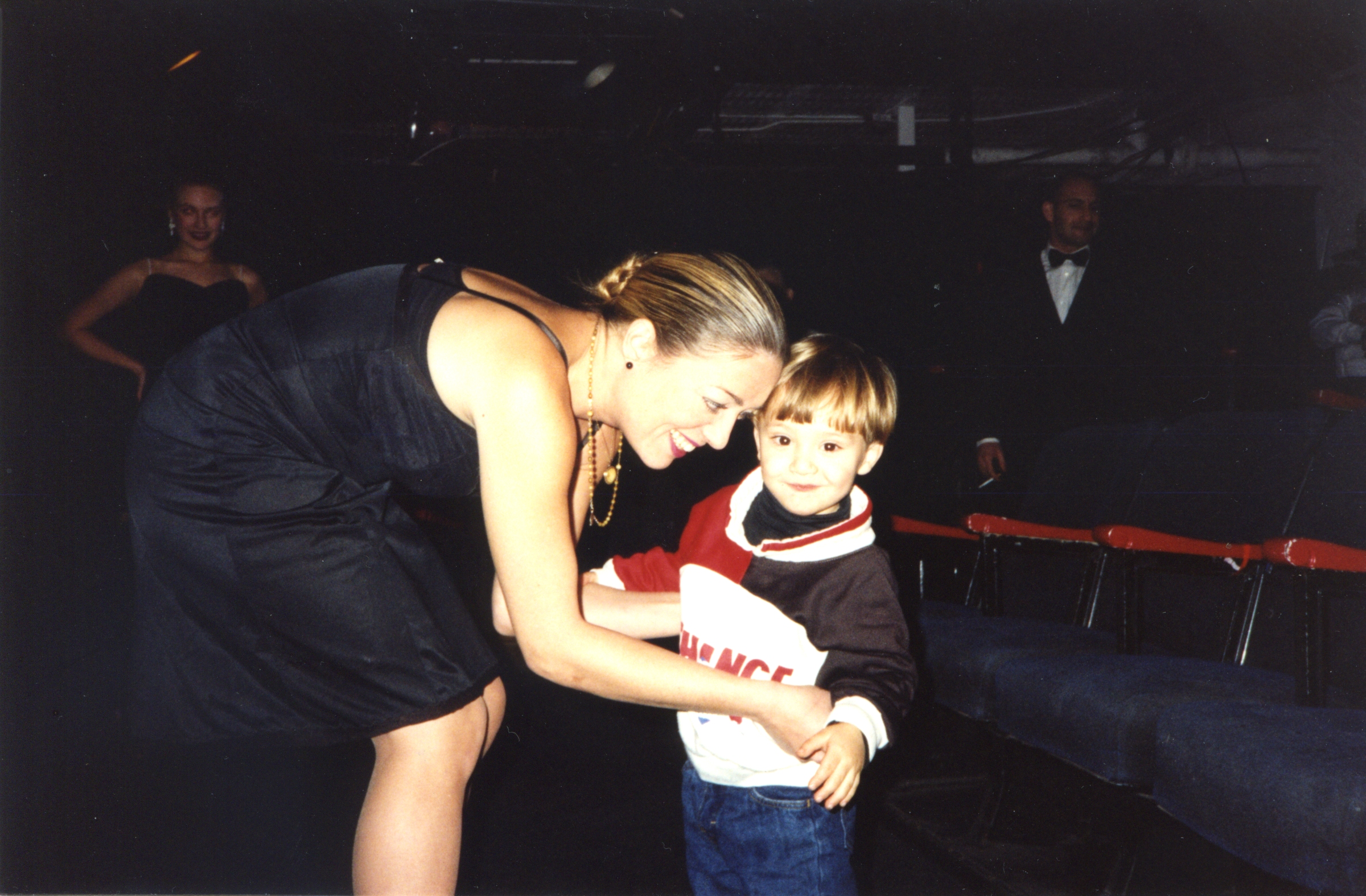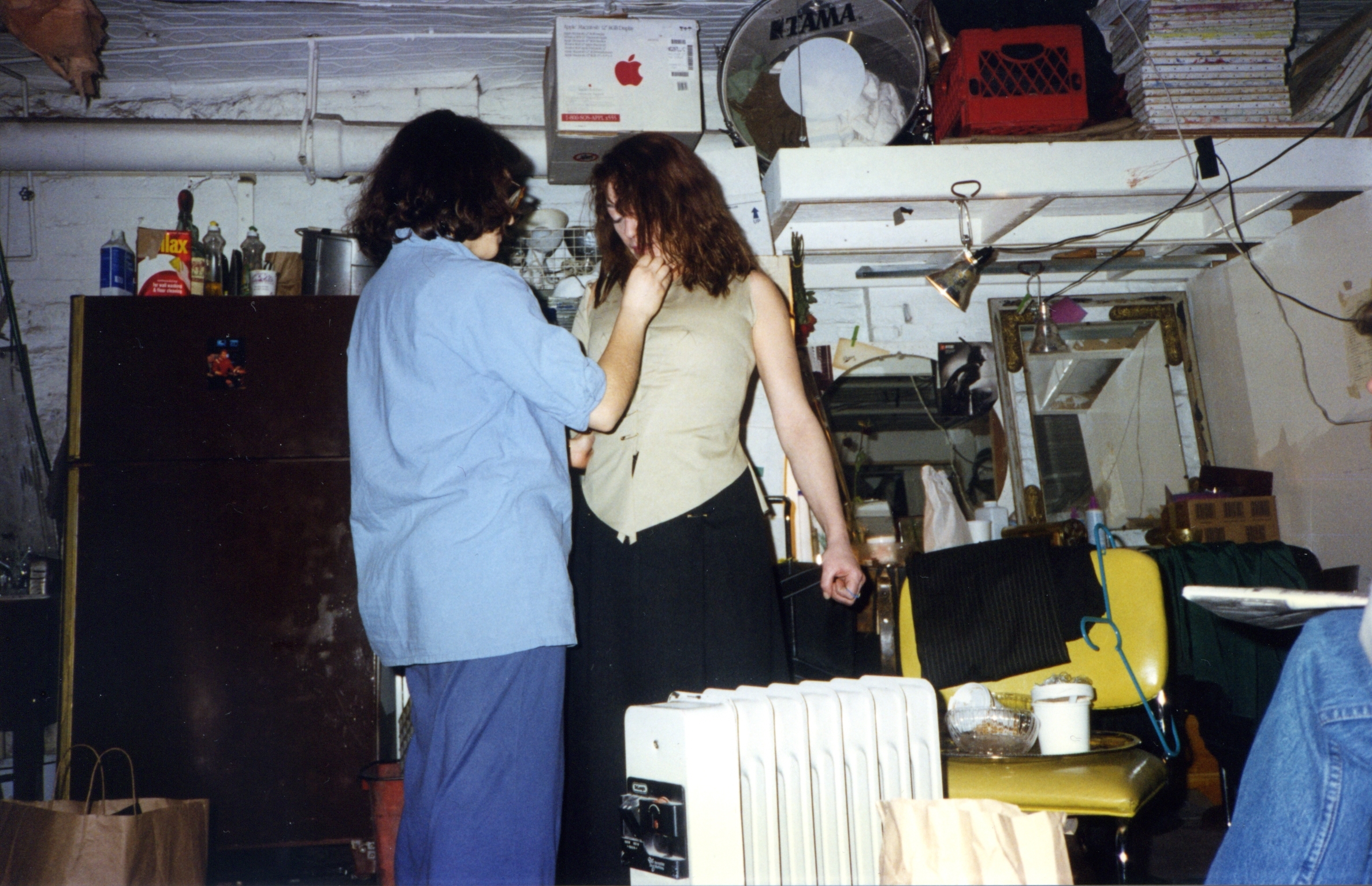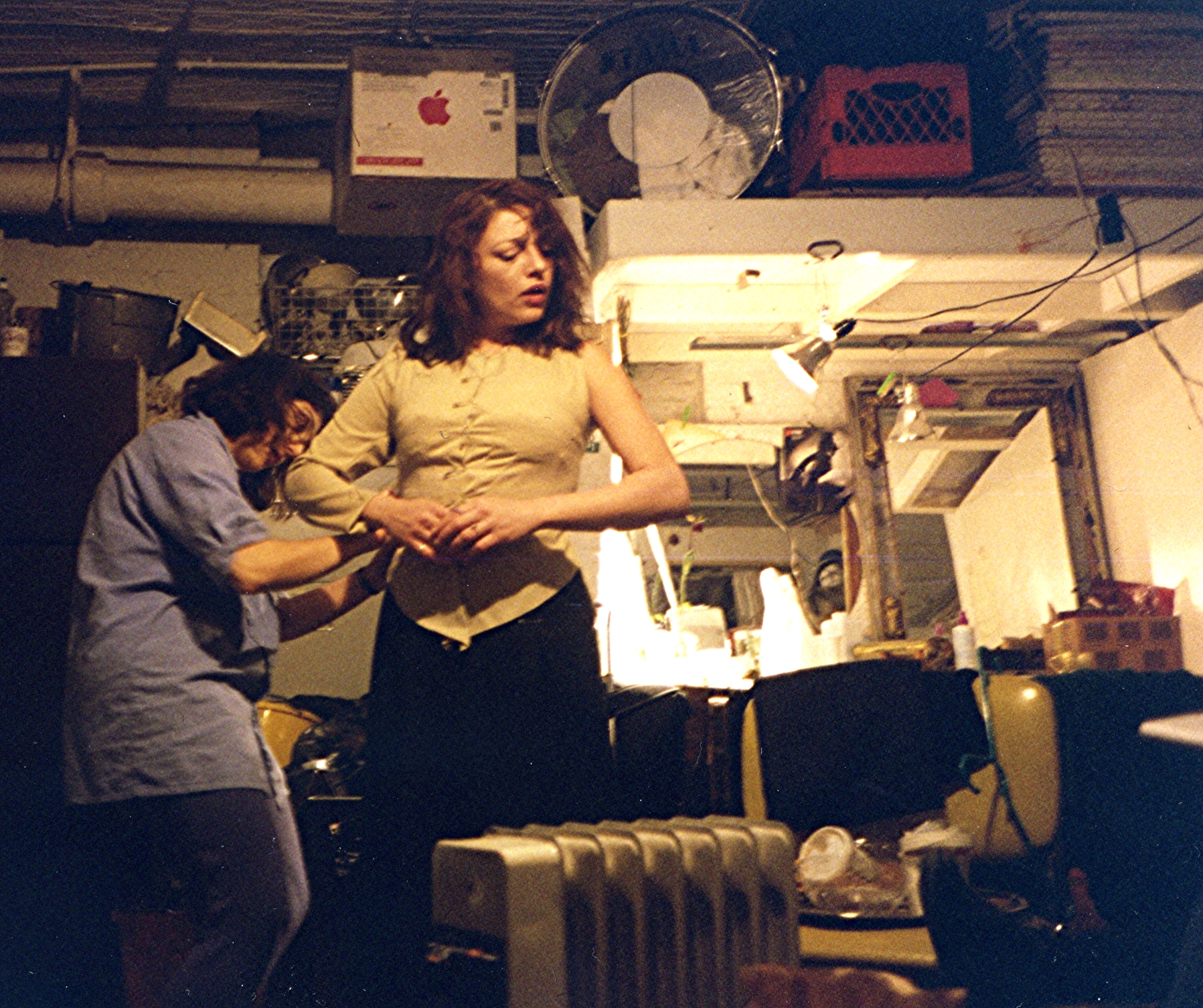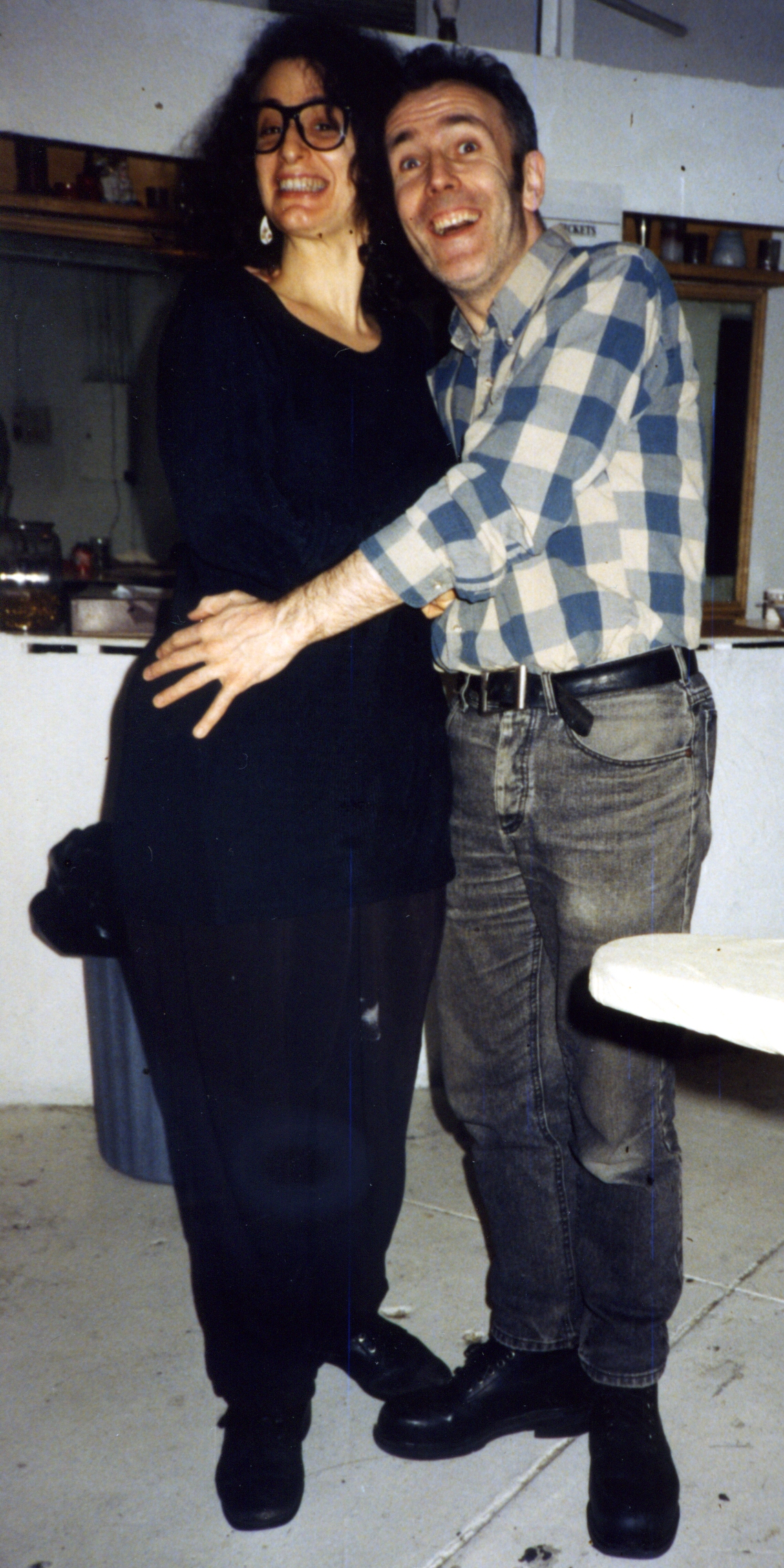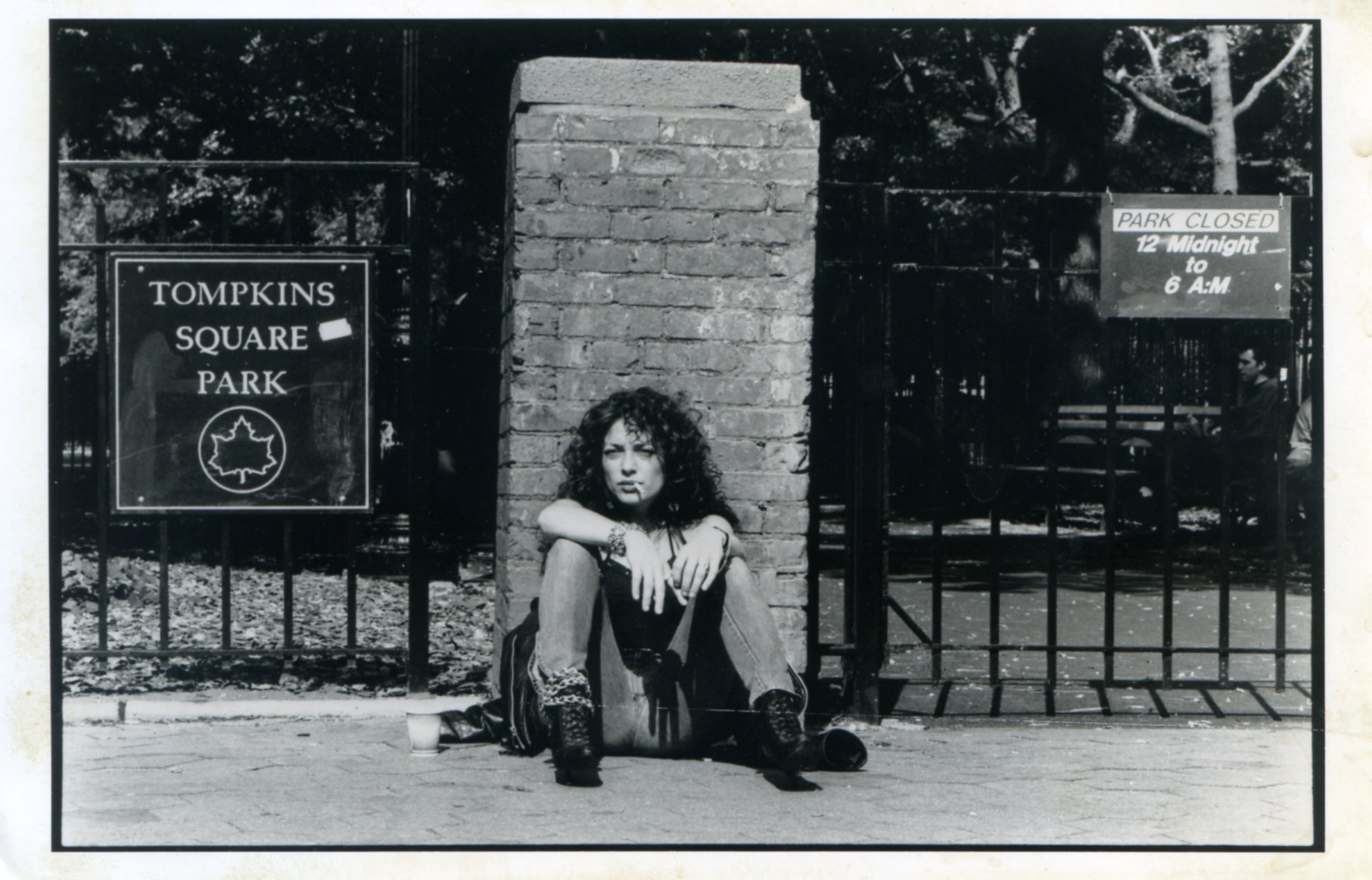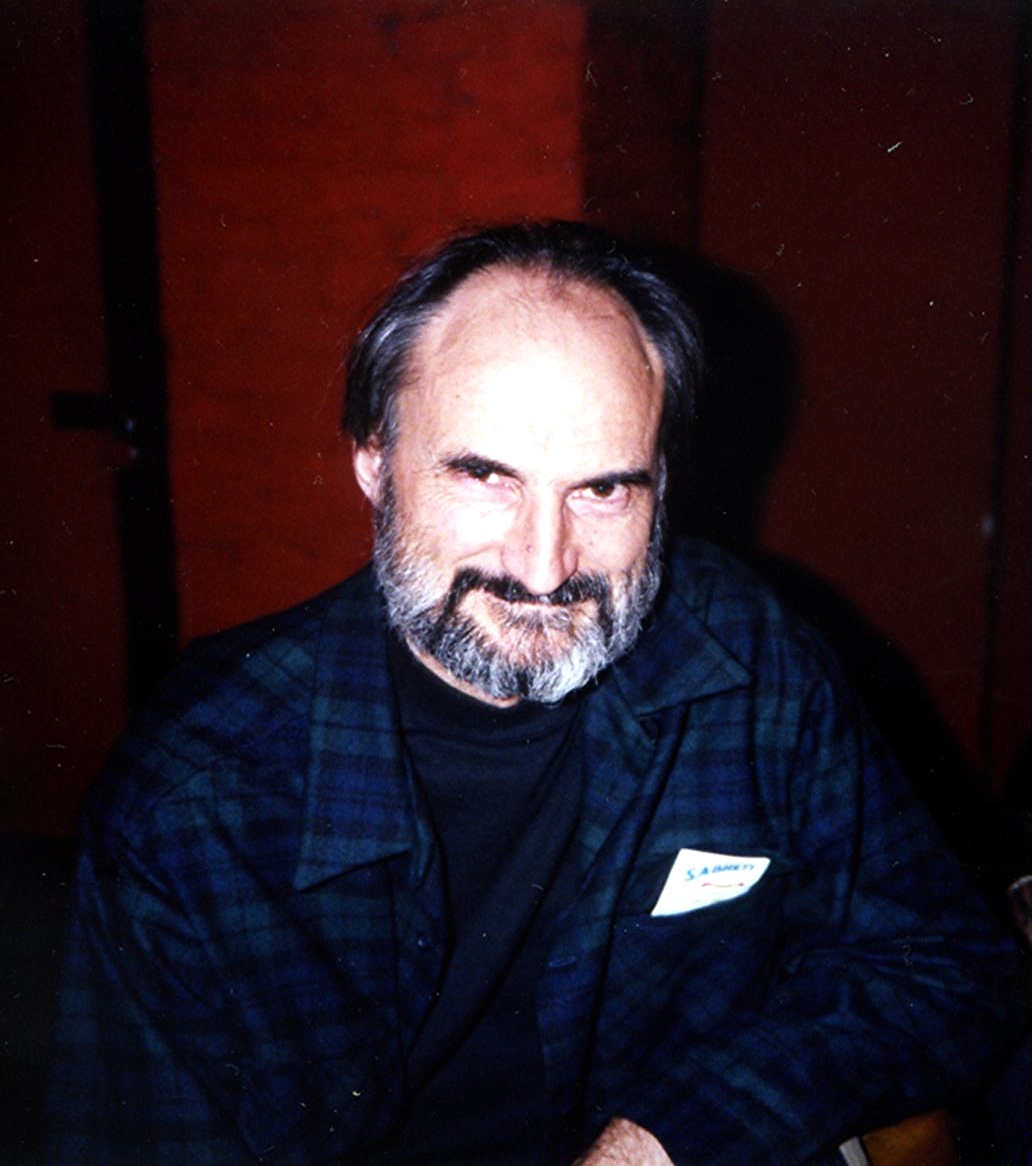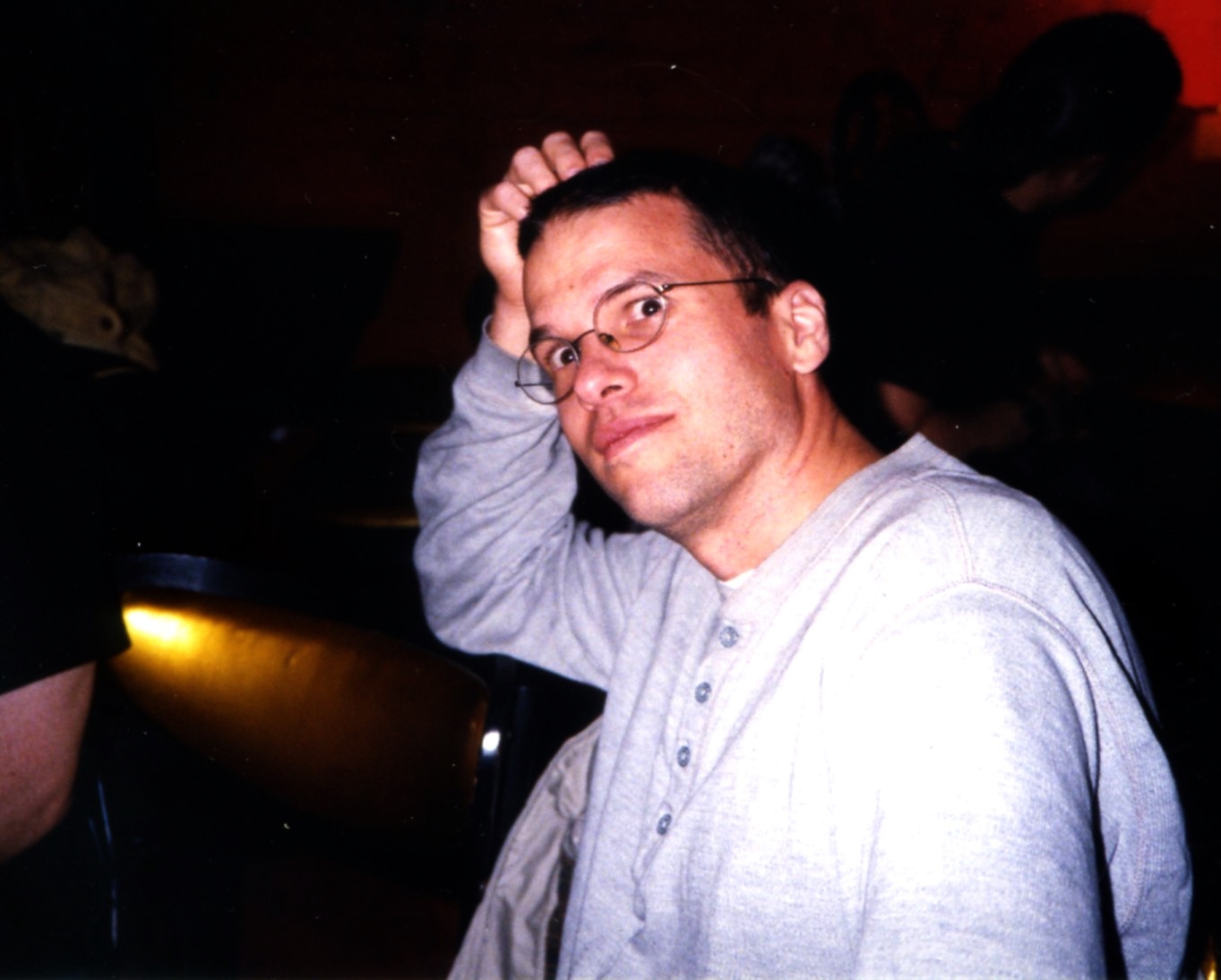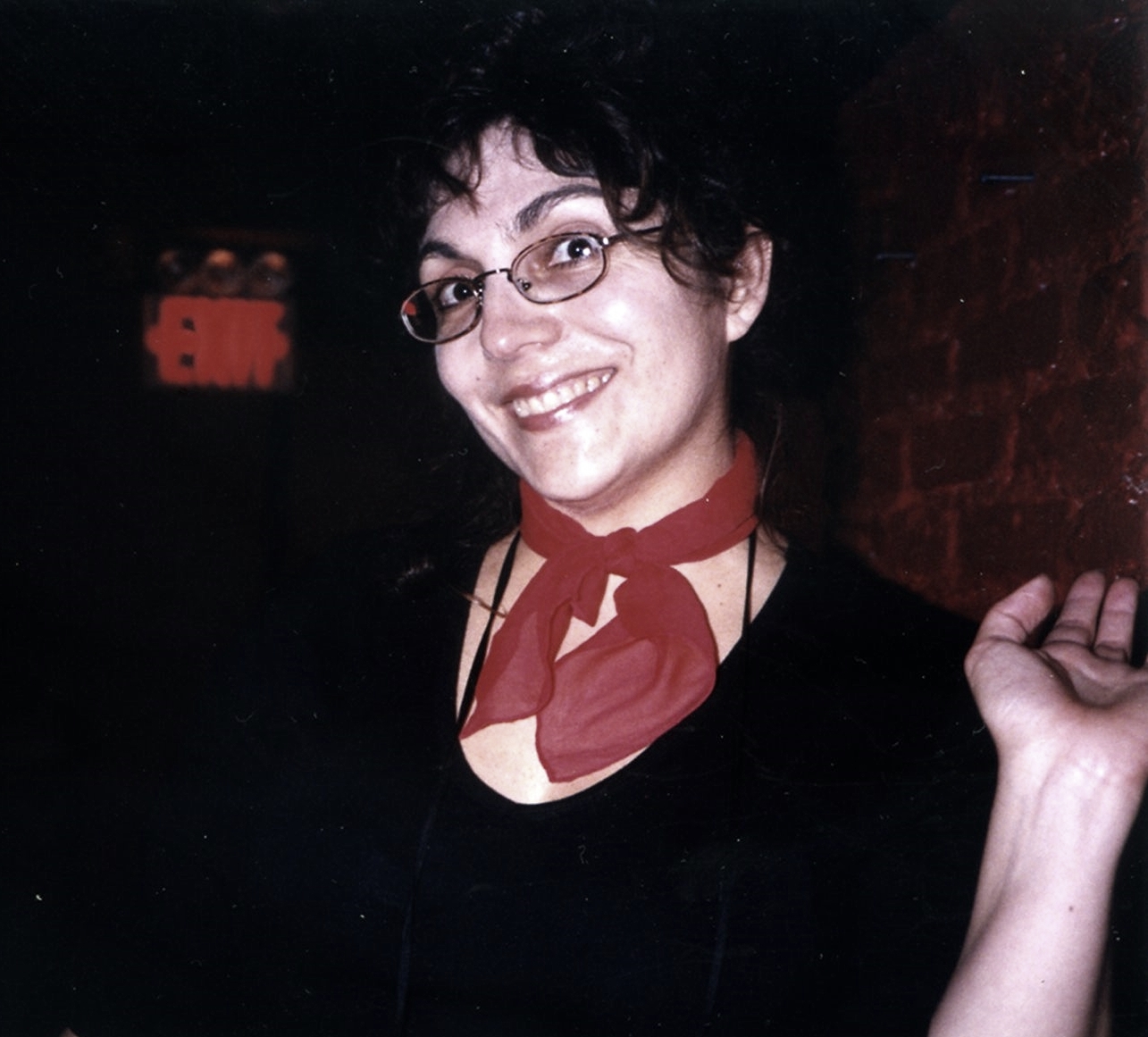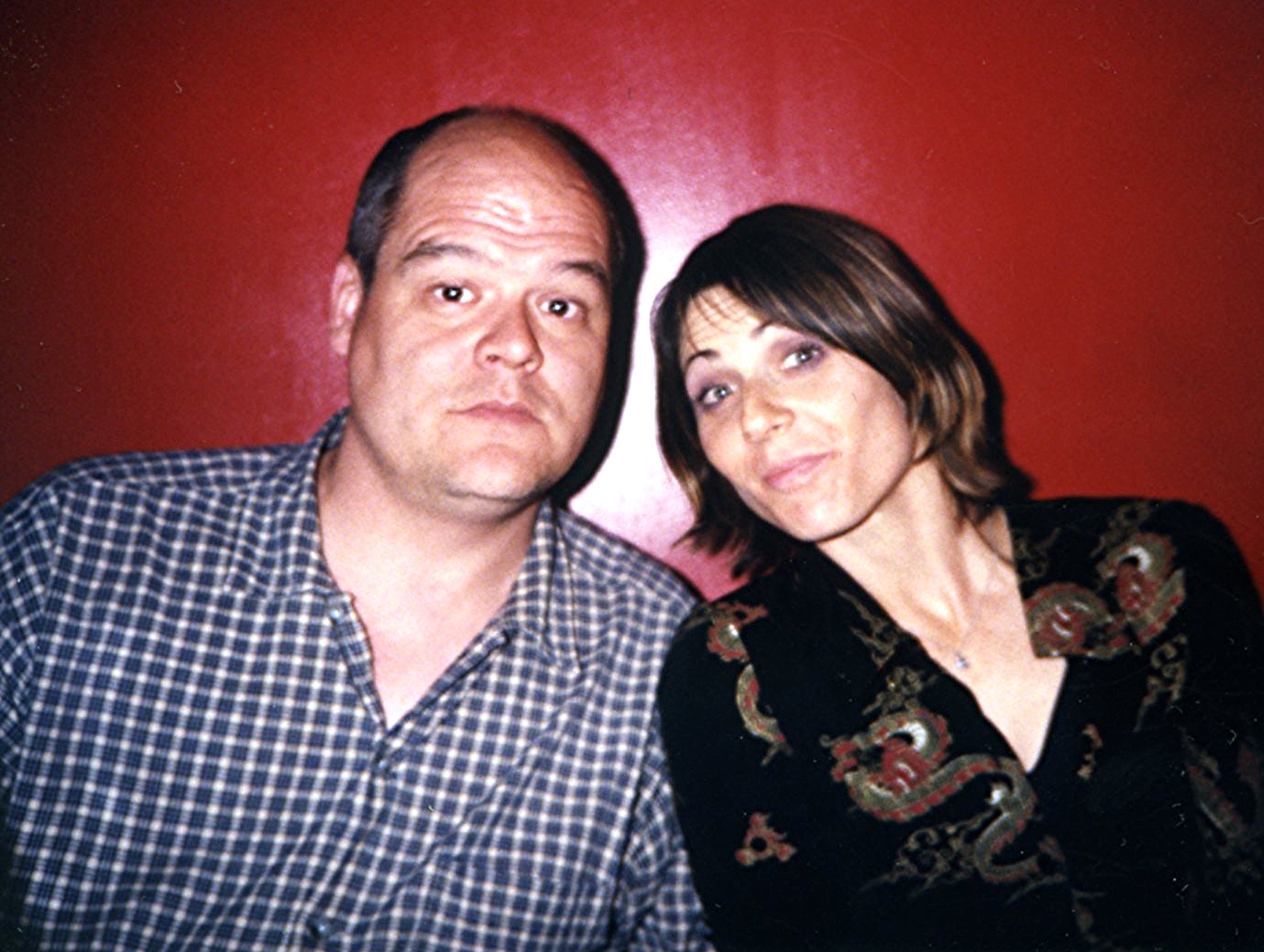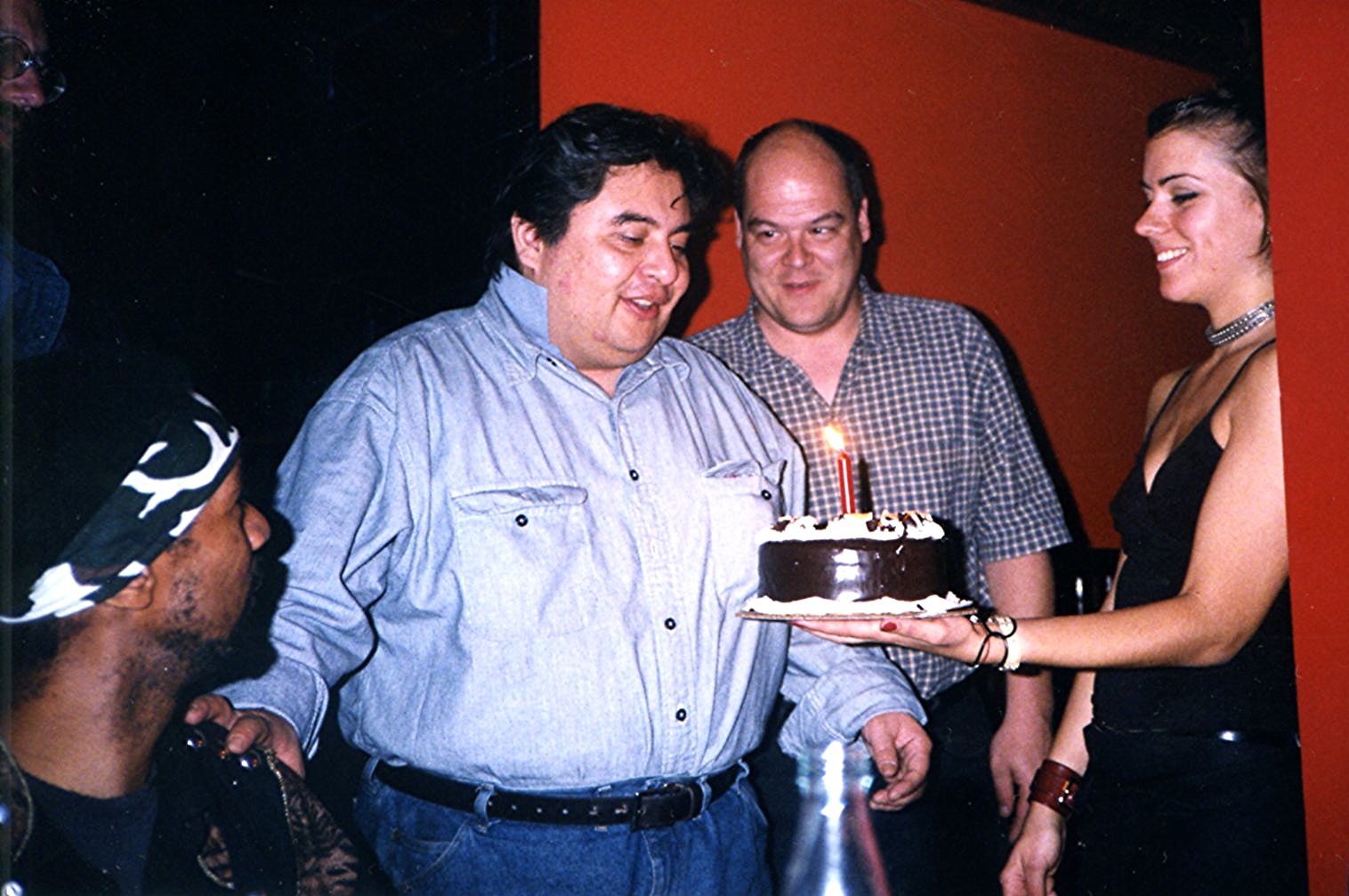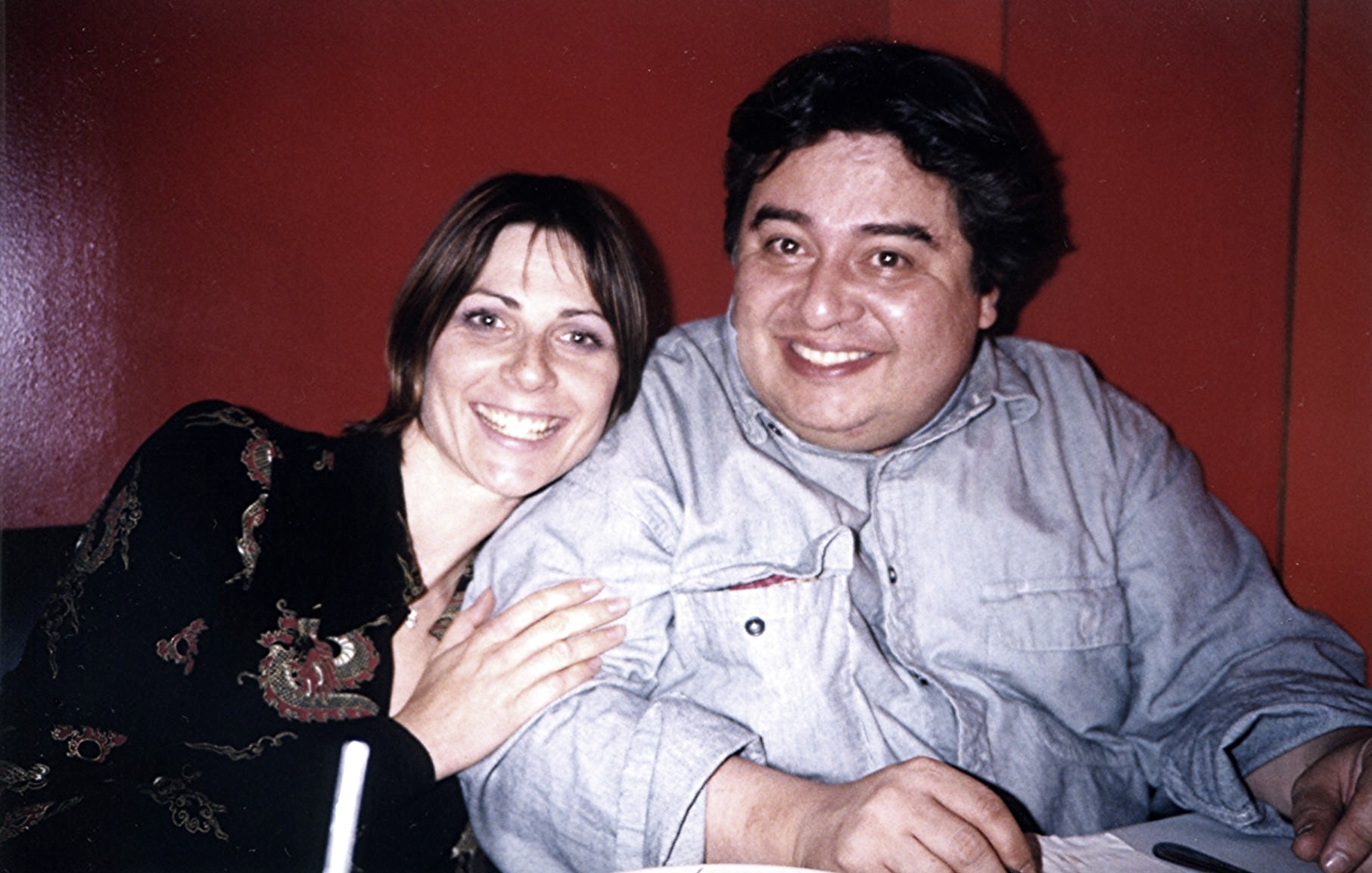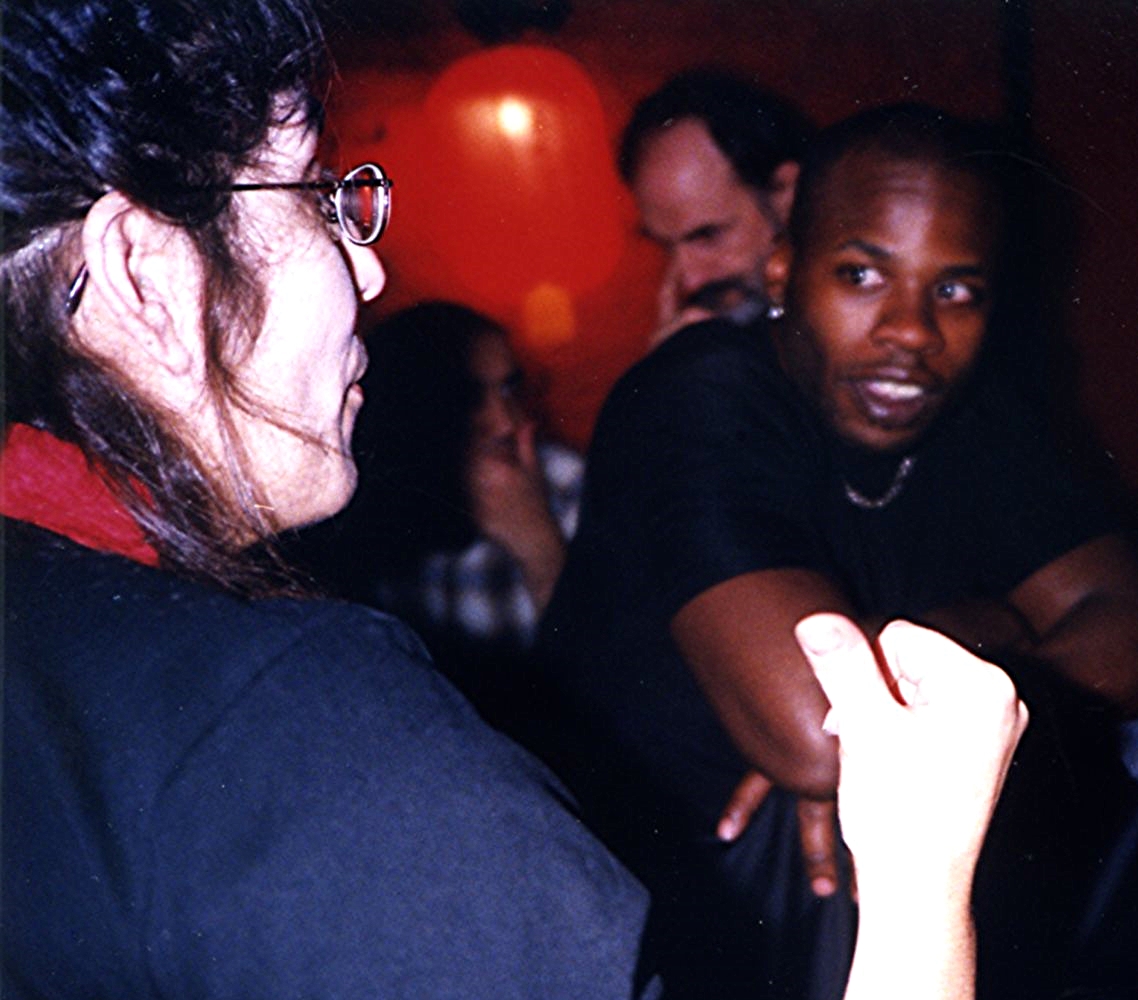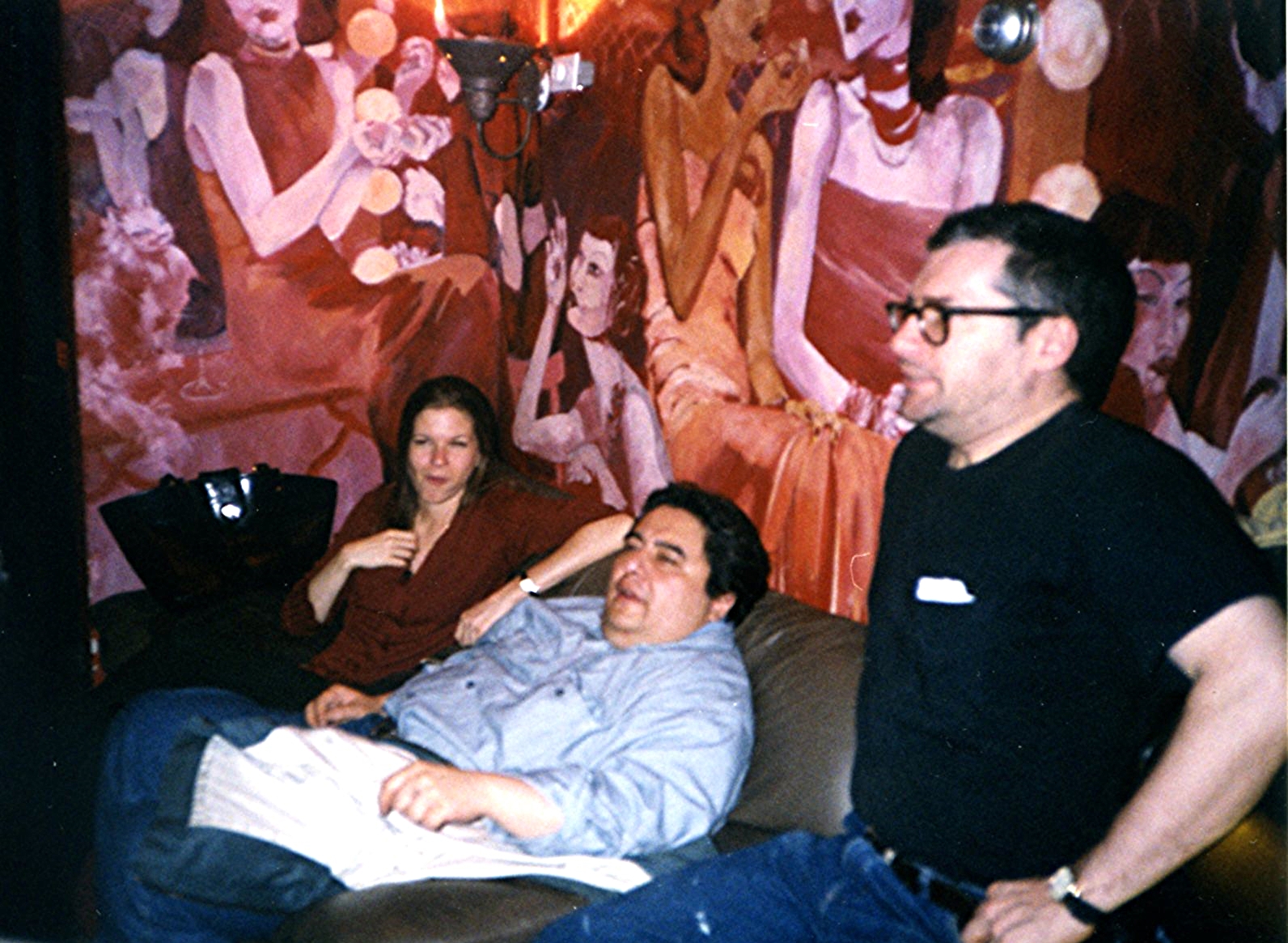About Tribeca Lab
Photos by Timothiphoto
TRIBECA LAB is a New York City-based experimental company of artists known for creating original works for audiences on stage and on film. Tribeca Lab emerged from Al Ramos’s Broome Street Theater and Stuart Rudin’s A Group of Actors (1984-1992) and took its name in 1992 (the preceding decade of both Broome Street and Group of Actors productions being retroactively attributed to the Lab). The Lab is since directed by Al Ramos. The plan was to establish a pool of artists from all disciplines such as design, dance, painting, prose, poetry, music, video and film to collaborate together in the creation of events, shows and movies. Many internationally acclaimed artists have chosen to work at TRIBECA LAB or with A Group of Actors among them: OLYMPIA DUKAKIS, DAVID SHEPHERD, AMY POEHLER, JILL HENNESSY, SHARON ANGELA, TOBY HUSS, MELORA WALTERS, STUART RUDIN, PETER GREENE, WILLIAM PRESTON, ANGELICA PAGE (TORN), ALLISON JANNEY, EDGAR OLIVER, DEBBIE ROCHON, MARGARET TRIGG, TONY TORN, AMY SOHN, GARY GRAHAM, CHRISTINA ZORICH, NICK LINDSAY, SR. Other internationally acclaimed artists frequented the shows at the venue on Leonard Street among these AL PACINO, RIP TORN, OLYMPIA DUKAKIS, LOUIS ZORICH, LAUREN HUTTON, STEVEN TYLER, PELE, CHARLIE LAUGHTON, PENNY ALLEN, DOLPH LUNDGREN. Artists from TRIBECA LAB have won, or been nominated for: Pulitzers, Oscars, Golden Globes, Emmys, Cannes Film Festival prizes, other film festival prizes, Obie and Drama Desk Awards. In 1996 TRIBECA LAB left it's venue on Leonard Street near The Knitting Factory and The Shooting Gallery to begin its affiliation with Collective: Unconscious on the Lower East Side. TRIBECA LAB continues to produce for the stage in site specific venues whenever possible.
For over twenty years, TRIBECA LAB has forged radical forms of showmanship illuminating our evolving culture, while sustaining a consistent ensemble and maintaining a wide-ranging repertory. TRIBECA LAB shows are made from both modern and classic texts, found materials, films and videos, dance and movement, live music, from design first and environment first concepts . TRIBECA LAB plays a central role in bringing all the mediums into the realm of today’s stage, and in the process is influencing a new generation of artists nationally and internationally. The Lab’s work attracts acclaimed artists from all disciplines as collaborators and participants.
TRIBECA LAB relies on grants and donations from supporters. It has received multiple grants from the Rockefeller Foundation and has been awarded grants from the Manhattan Community Arts Fund for workshops with inner city youth at The Door, a New York State Community Action Grant and received much support from the New York Foundation for the Arts and Cultural Council Foundation. TRIBECA LAB’s production of THE BEAR won a Photo Play Magazine Award for the best male lead in an off-Broadway production and has been nominated for a National Community Radio Award and a Community Public Radio Award for its show on WBAI on Peter Schmedig’s, OBLIQUE STRATEGIES, entitled VACHEL LINDSAY AN AMERICAN POET.
TRIBECA LAB Partners
AL DIANE BILLY STU NICK
TRIBECA LAB Founders From The Broome Street Theatre:
Al Ramos (Award Winning Producer)
Diane Specioso
Dan Wackerman (Obie Award Winner)
Hossein Fassa
Melissa Krawitz
TRIBECA LAB Founders From A Group of Actors:
Stuart Rudin
Billy Otis (PhotoPlay Magazine Award Winner)
Nick Lindsay (Prize winning filmmaker)
TRIBECA LAB Producing Artists and Companies:
Al Ramos Stuart Rudin Billy Otis Nick Lindsay Sharon Angela Laura Fay Lewis Nick Colt Diane Specioso Lori Seliger Paul Kozlowski
Dan Wackerman Danny Ashkenasi Catherine Oberg Alan Chin Hossein Fassa Robert Greer David Burke Kate Mennone Donal Egan High Noon Productions: Richard Gilman Eric Gulotty Lisa Lyons Danny O’Brien Patricia Thorndike Orenda: Ian Chambers Castle Lane Productions: Robert Castle & Iva Lane Compass: David Shephard George Demas Lynne McCollough Group Creativity: David Shepard Fenris Wolf Productions Upright Citizen’s Brigade Michael Nickles David Steinberg Michael Laurence Jupiter Productions: Mark Jupiter
TRIBECA LAB Writers:
Nick Lindsay Meredith Brosnan Nick Colt Lori Seliger Sharon Angela Dan Wackerman Clayton Brooks Stuart Rudin Lynda Bridges Walter Krochmal Jonathan Lewis Nathaniel Hunt William Pleasant Paul Allman William Packard Al Ramos Wendy Falcone Terry Tocantins
TRIBECA LAB Photographers: Anthiony Caronia Alan Chin NIck Blair Diane Specioso Amir Bakhtiar Hossein Fassa


